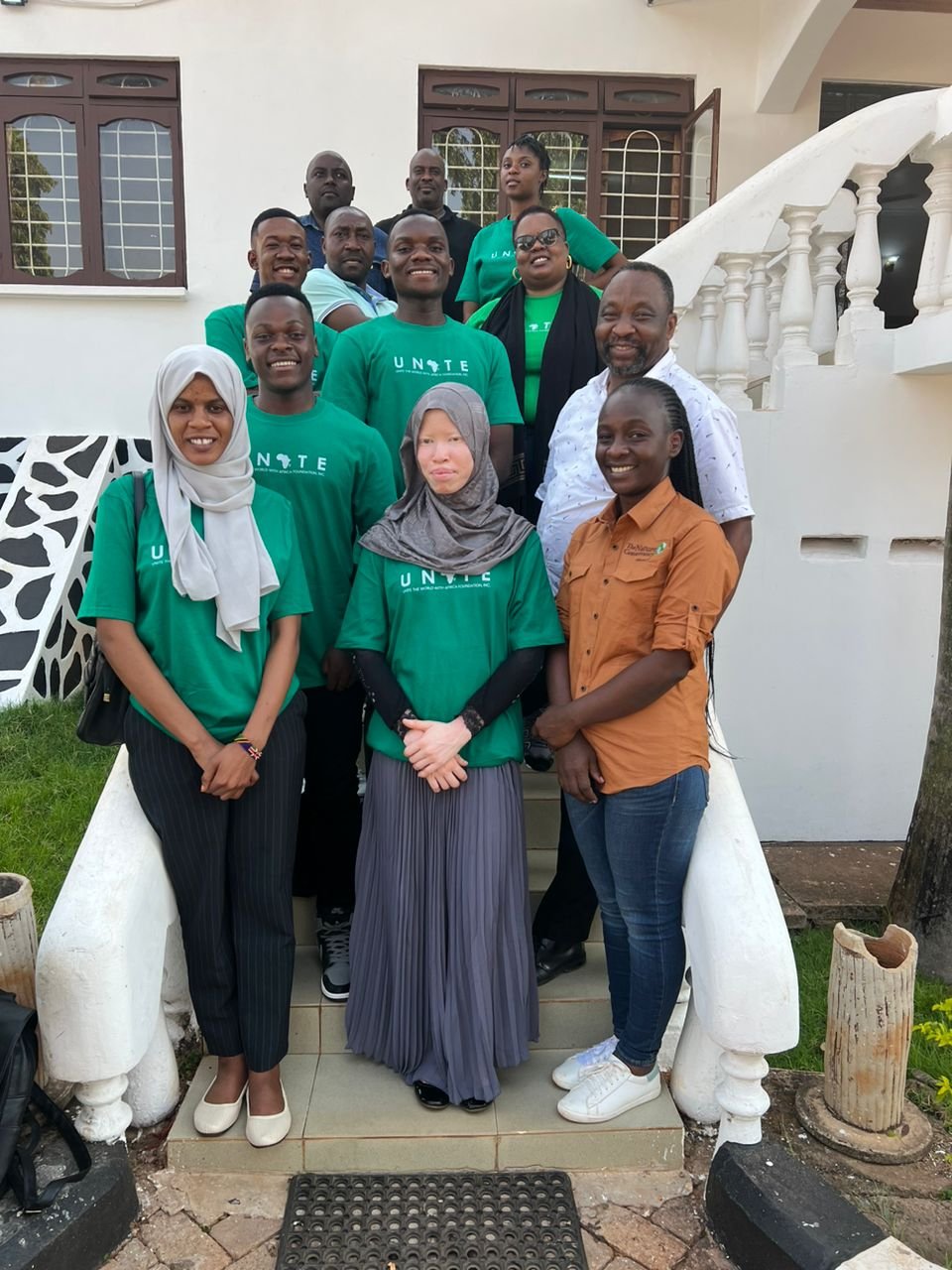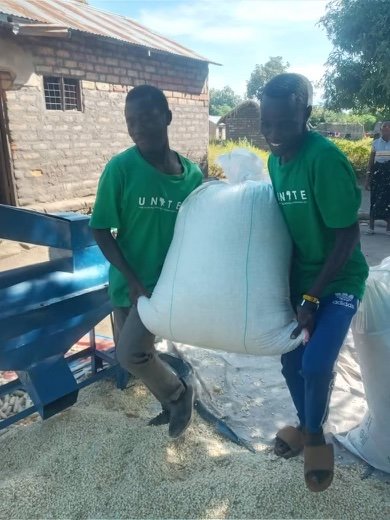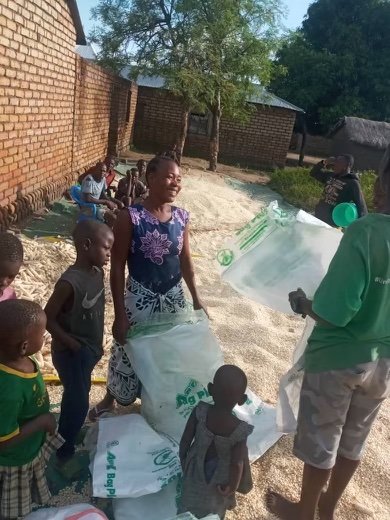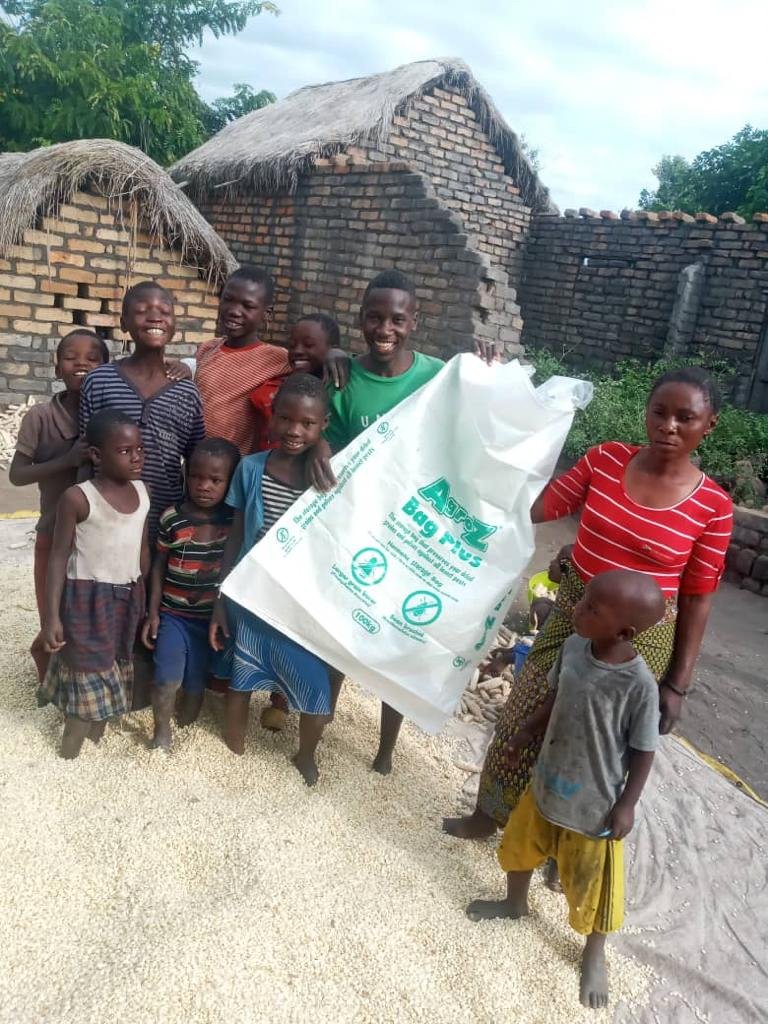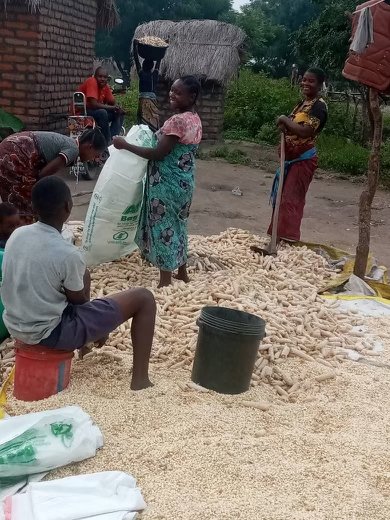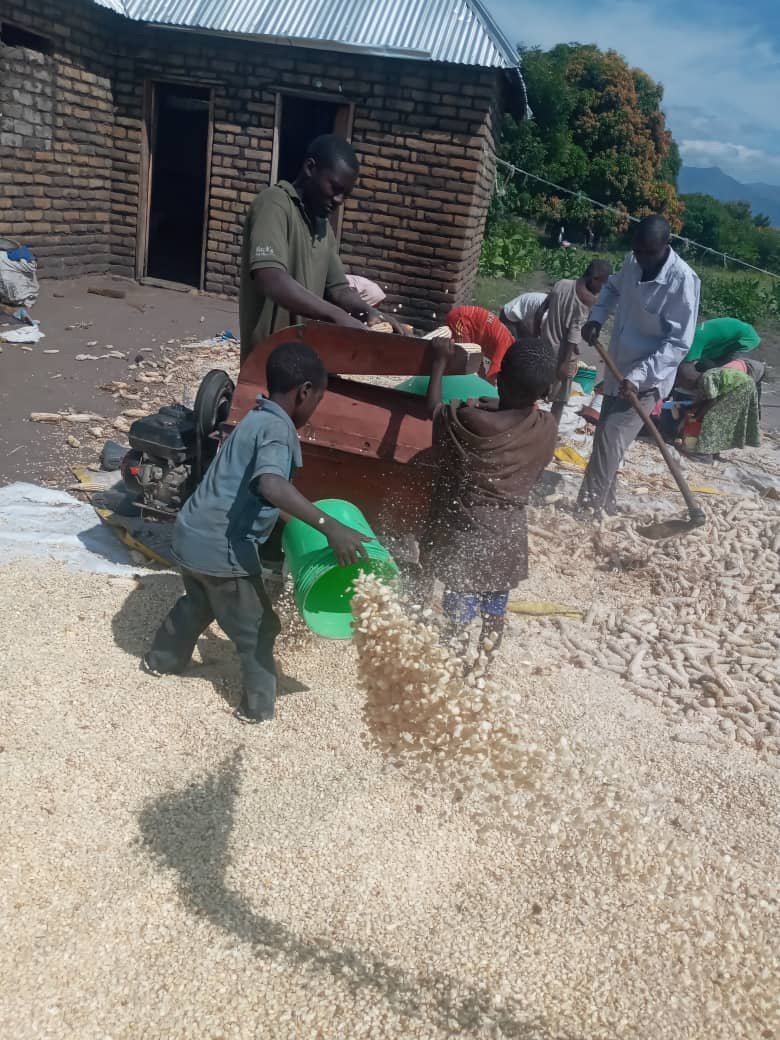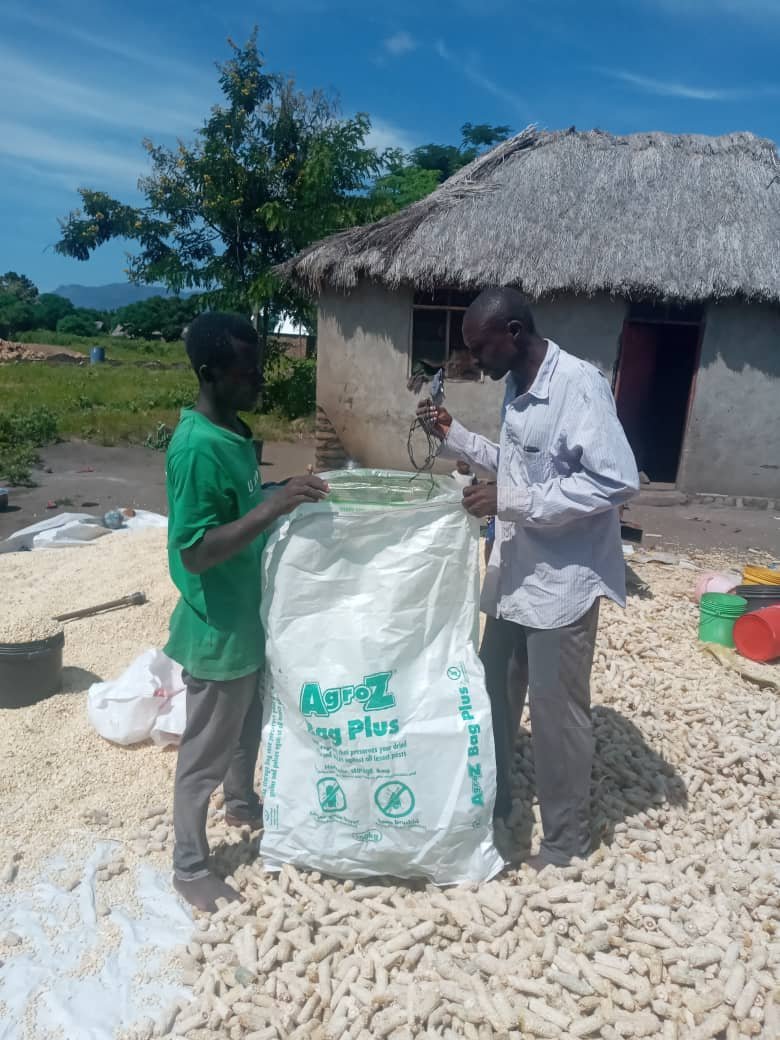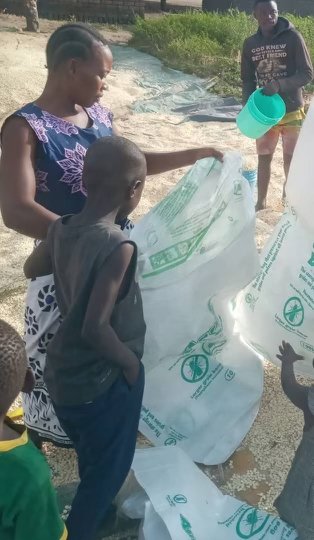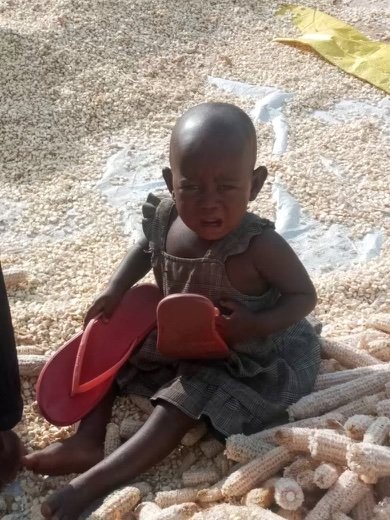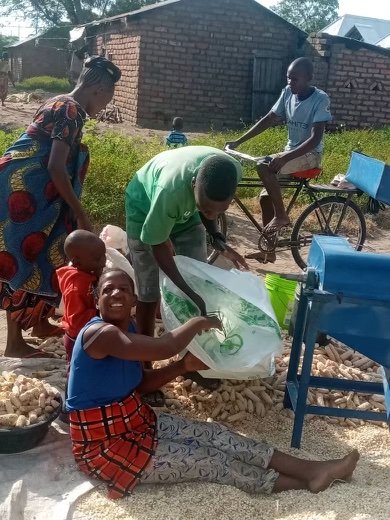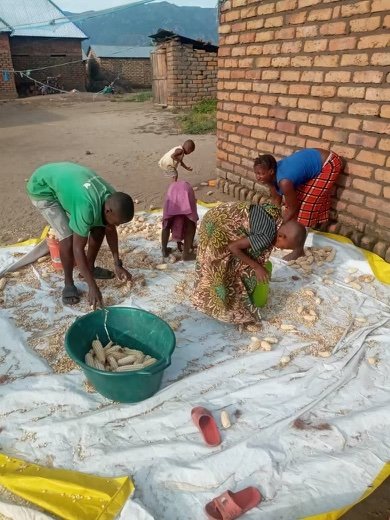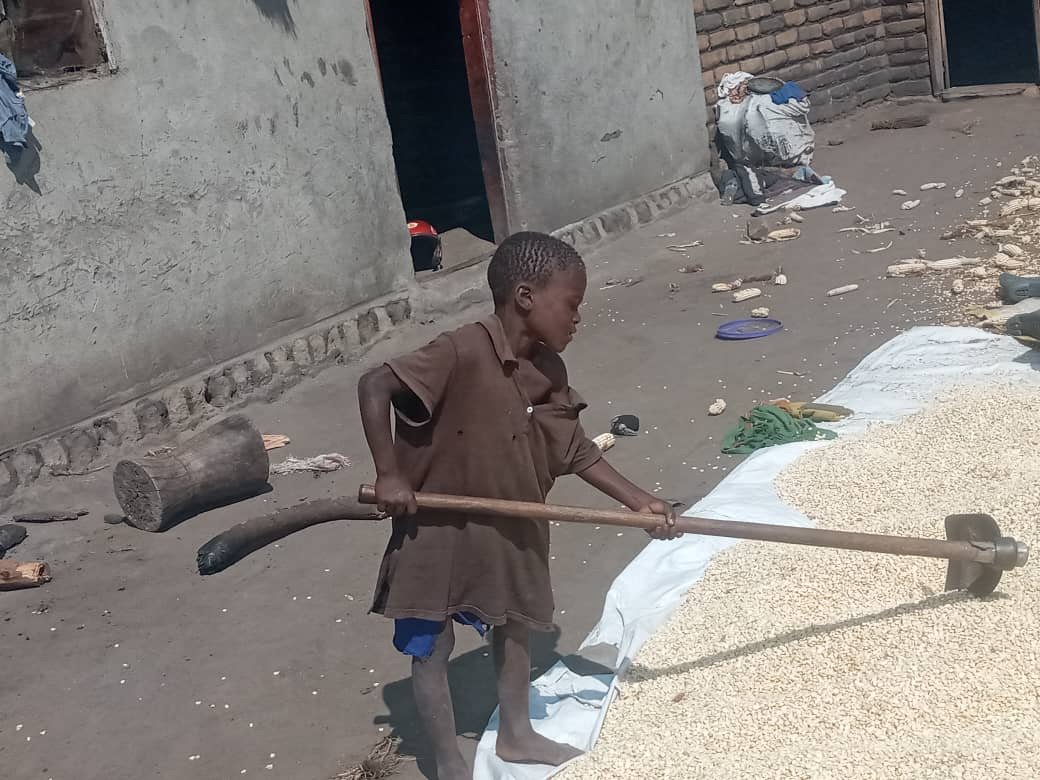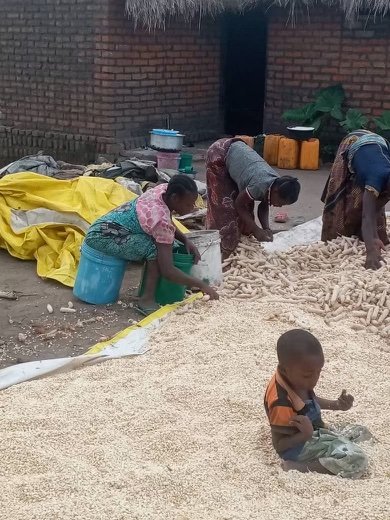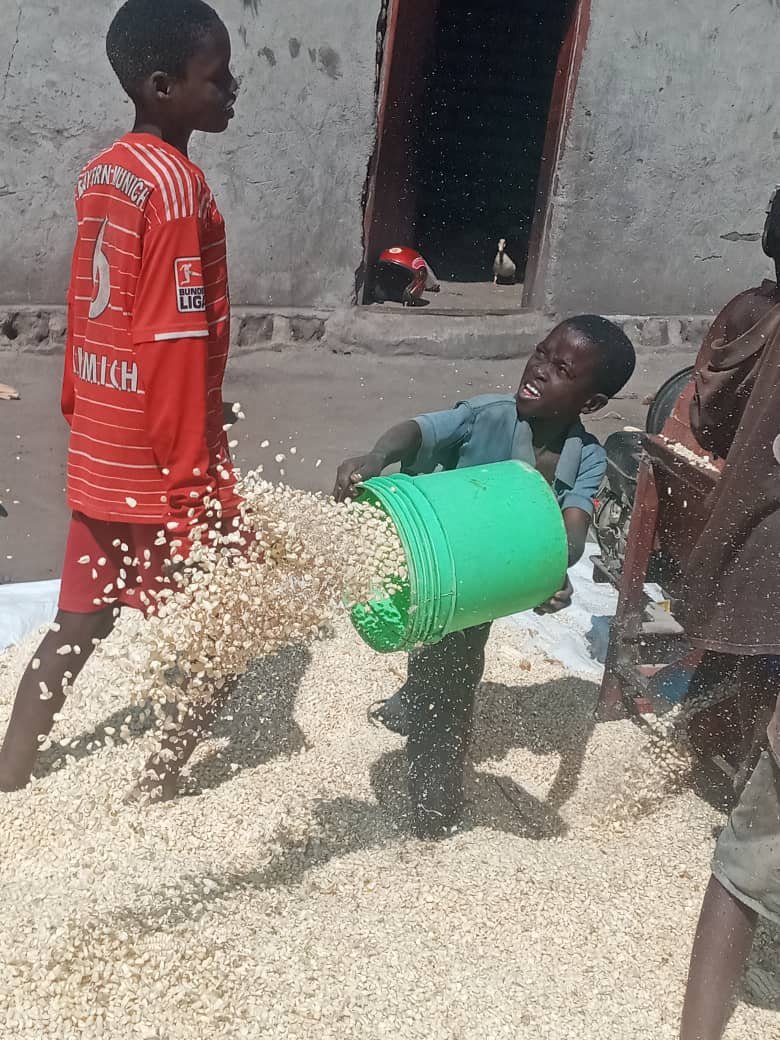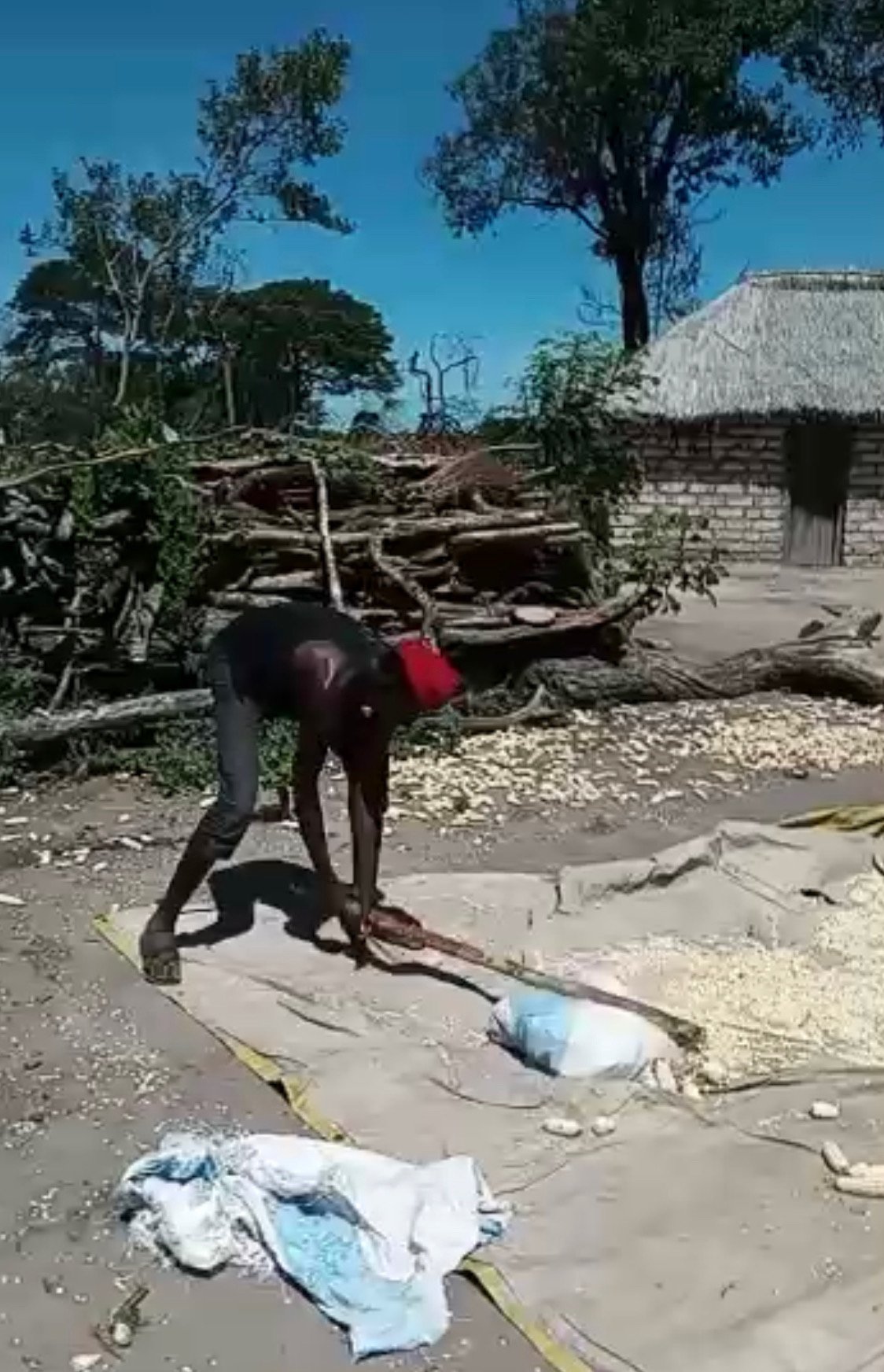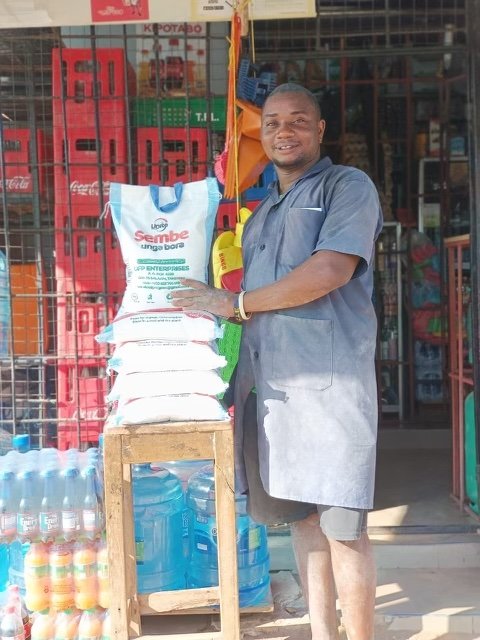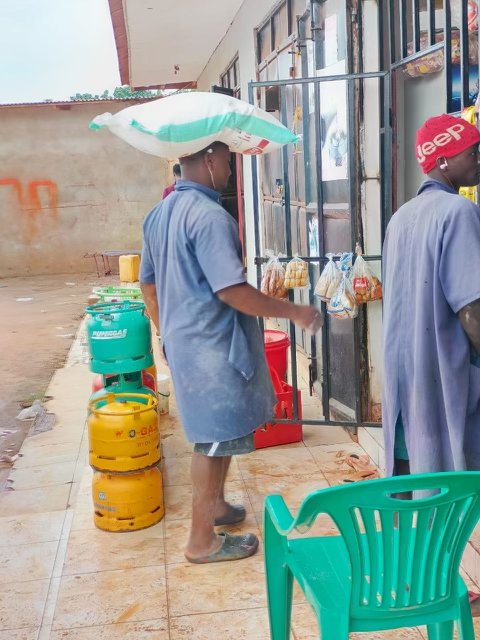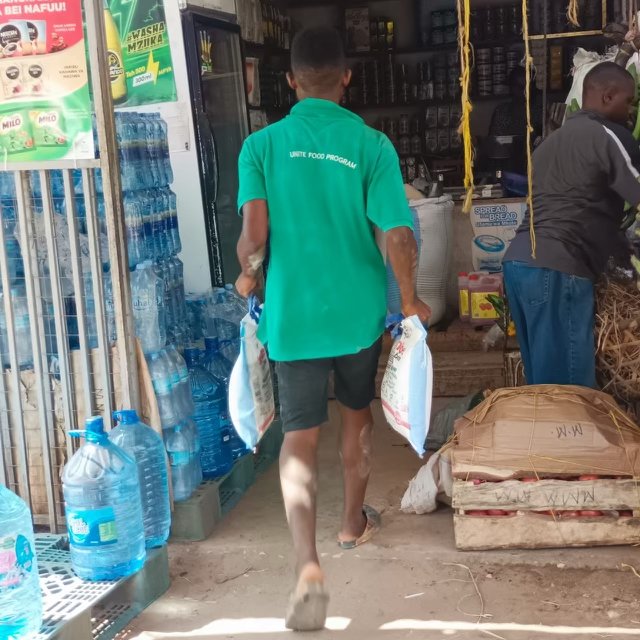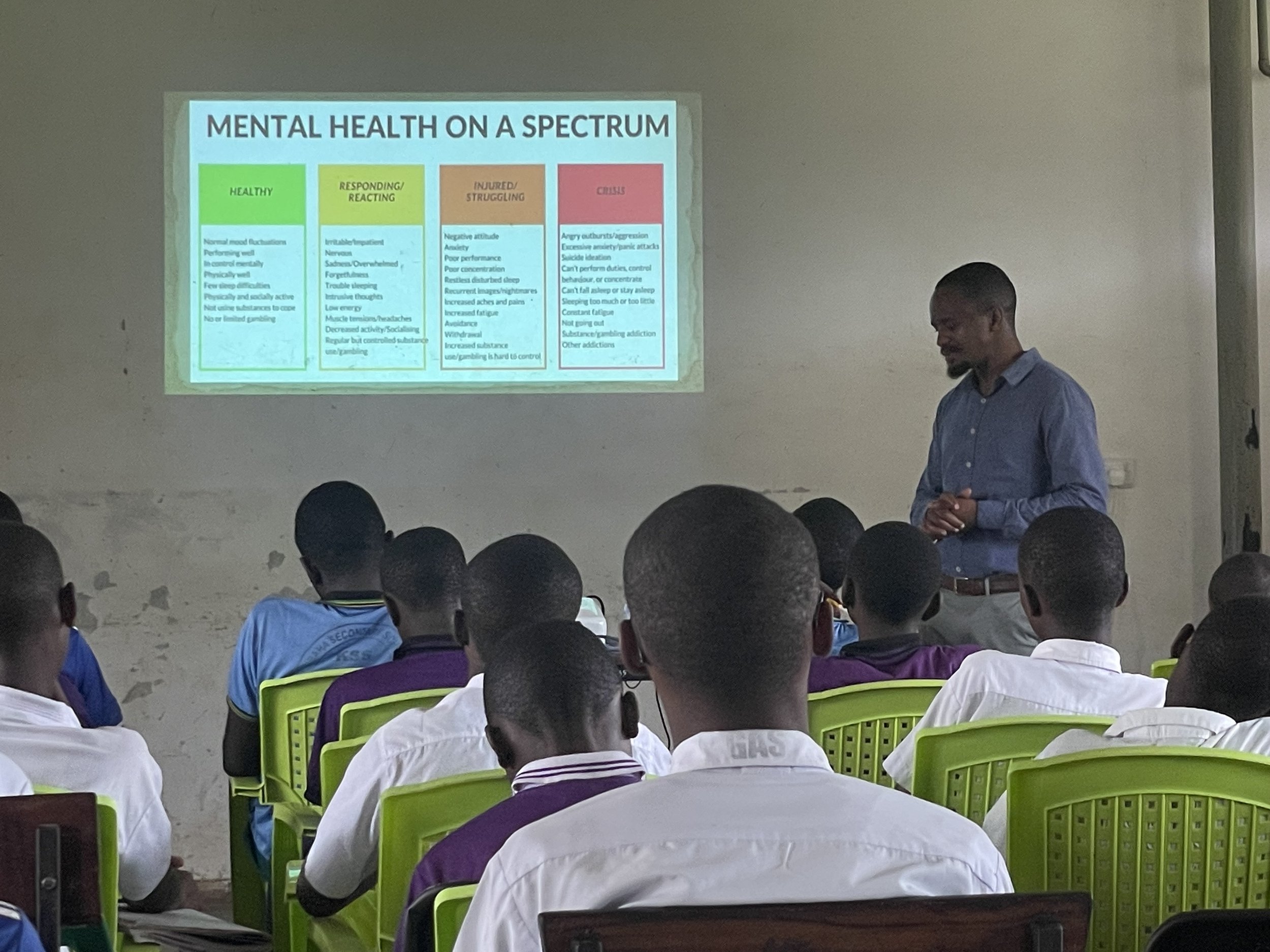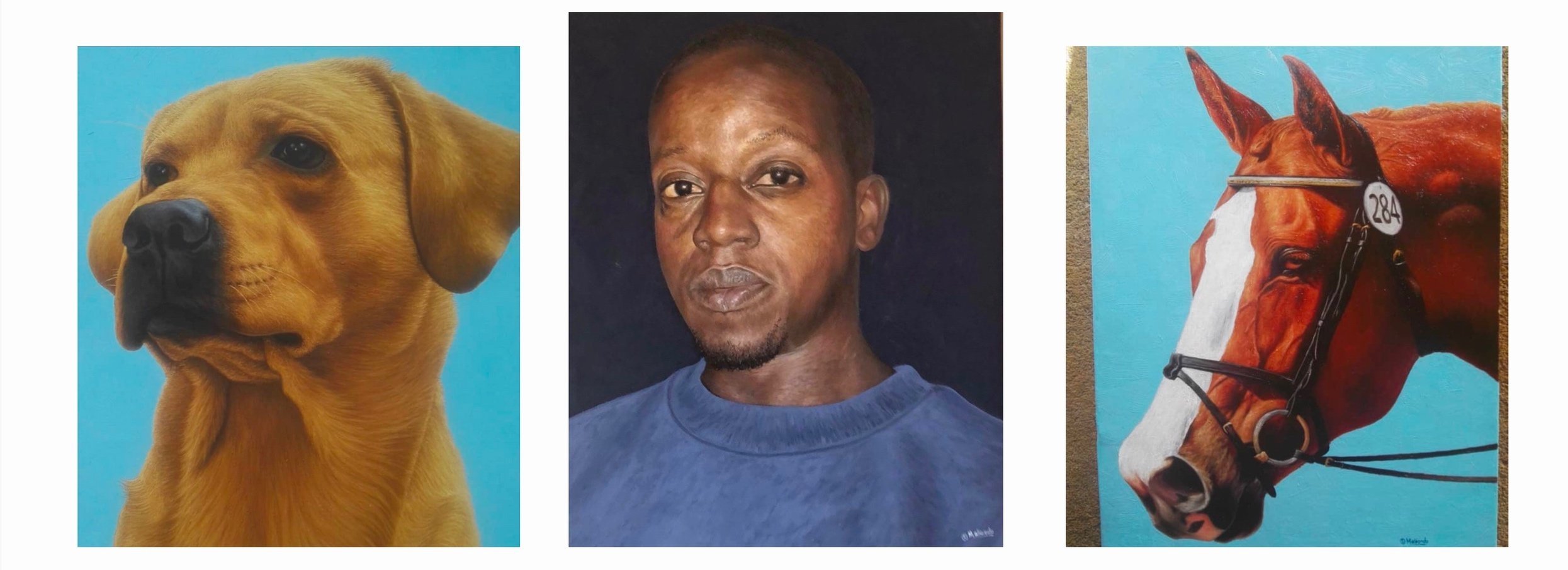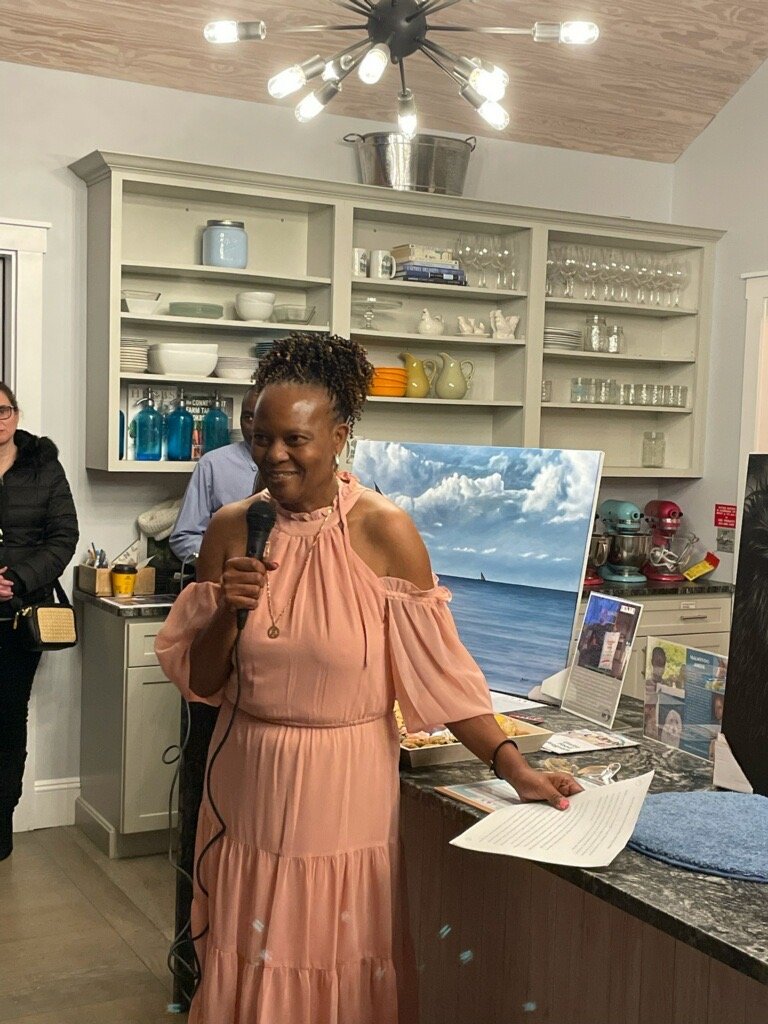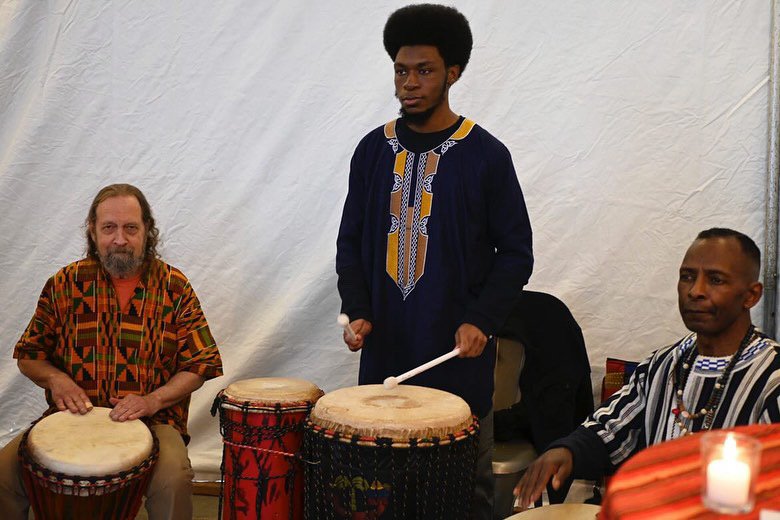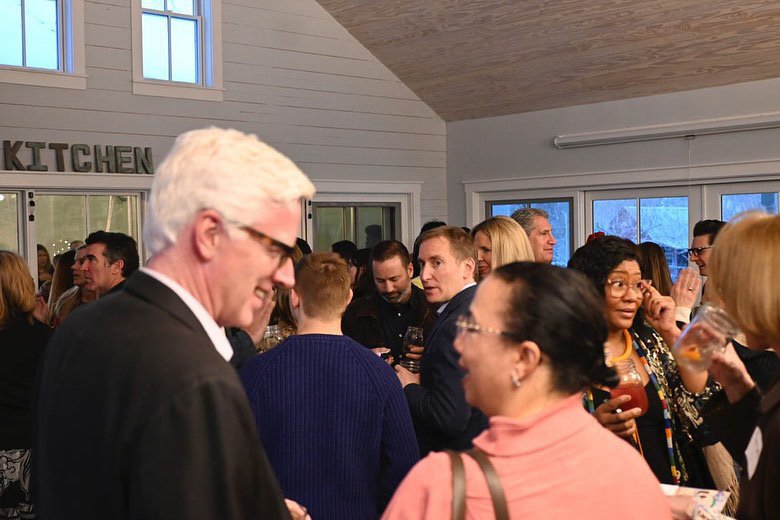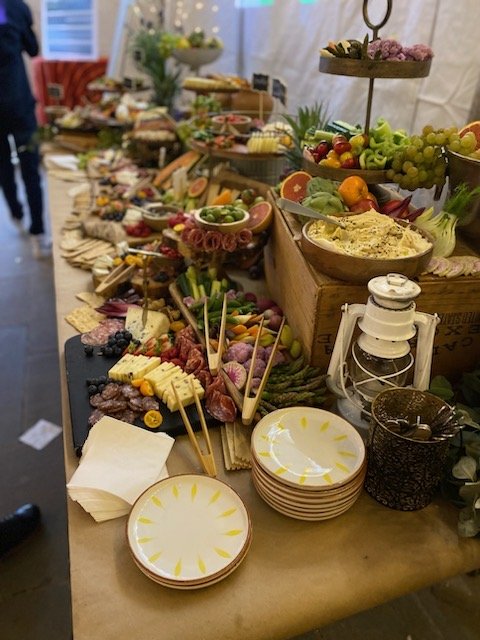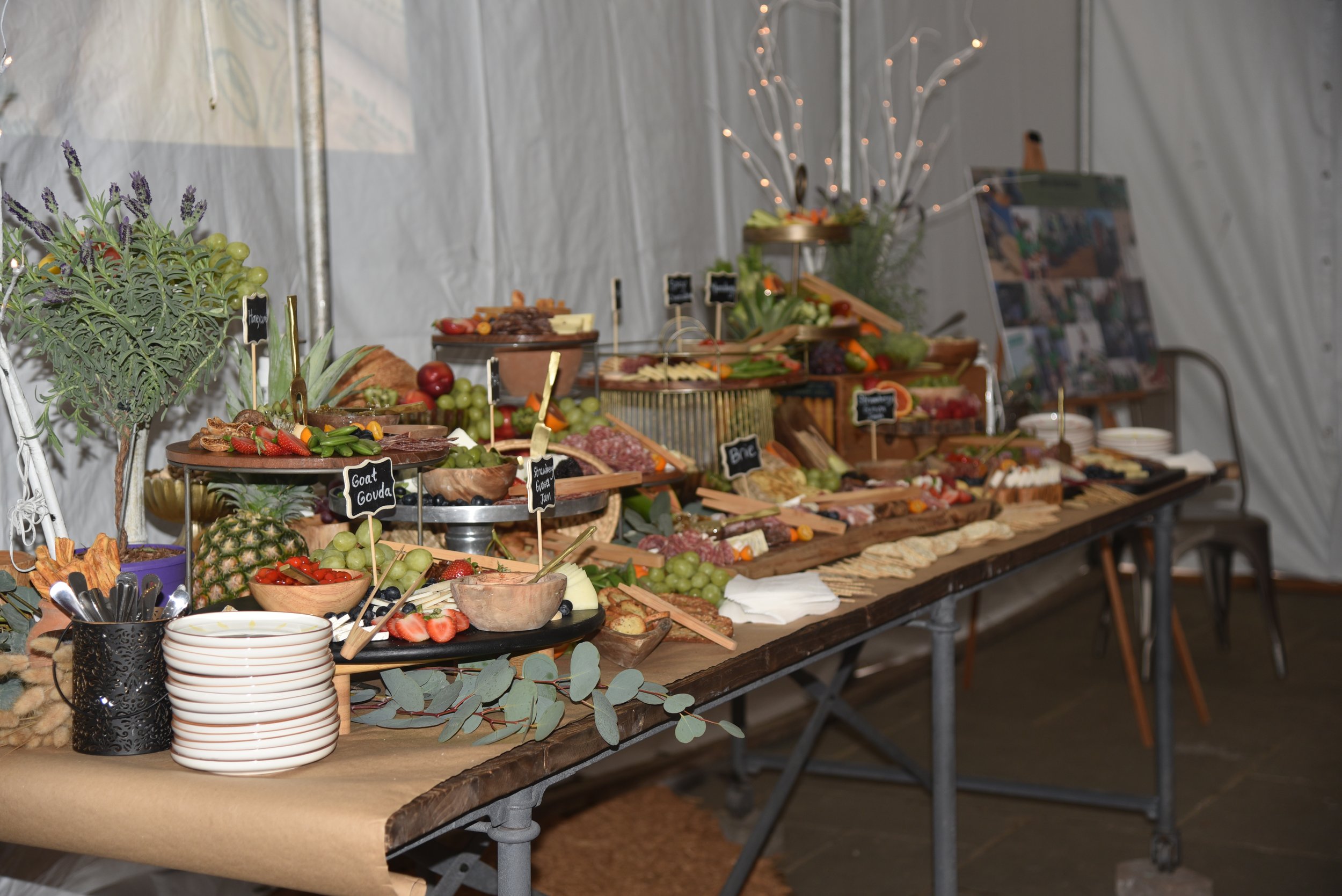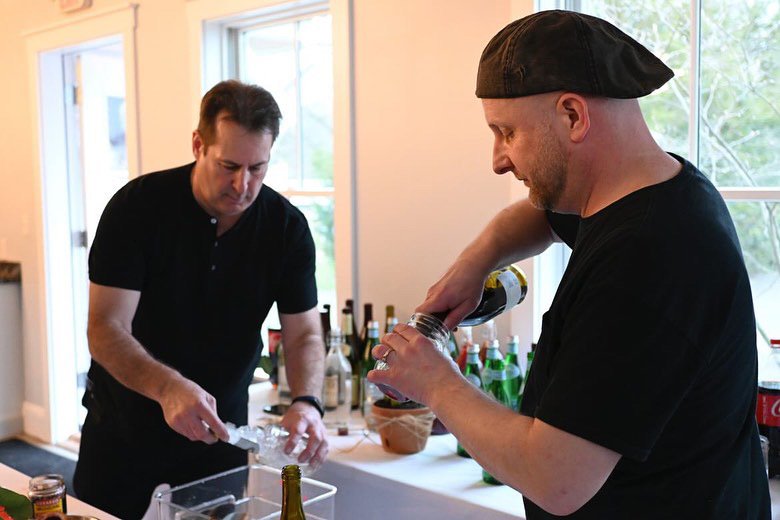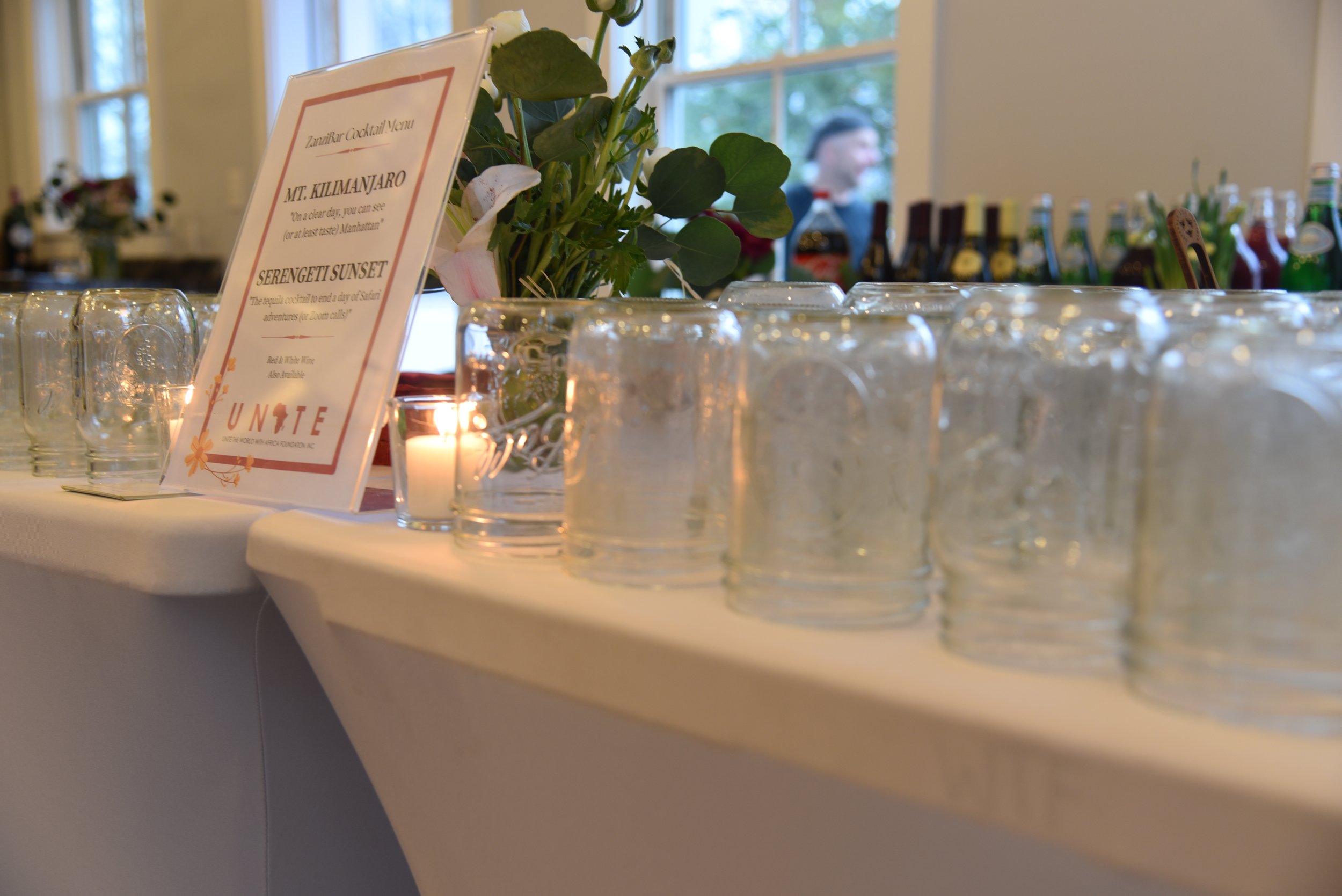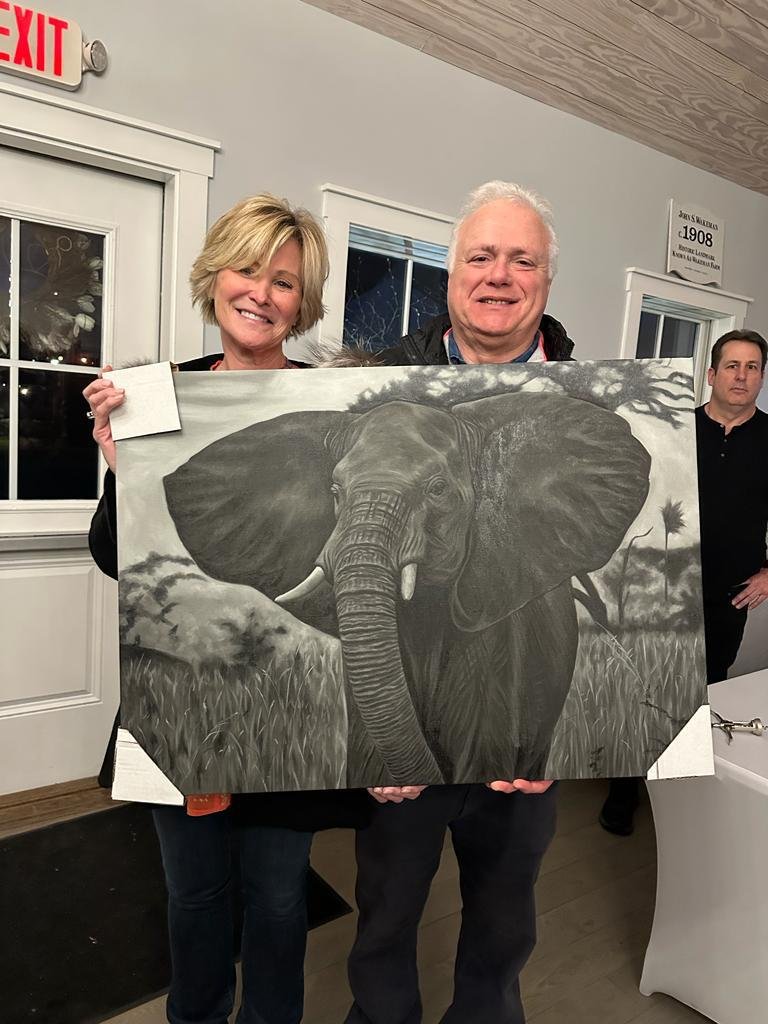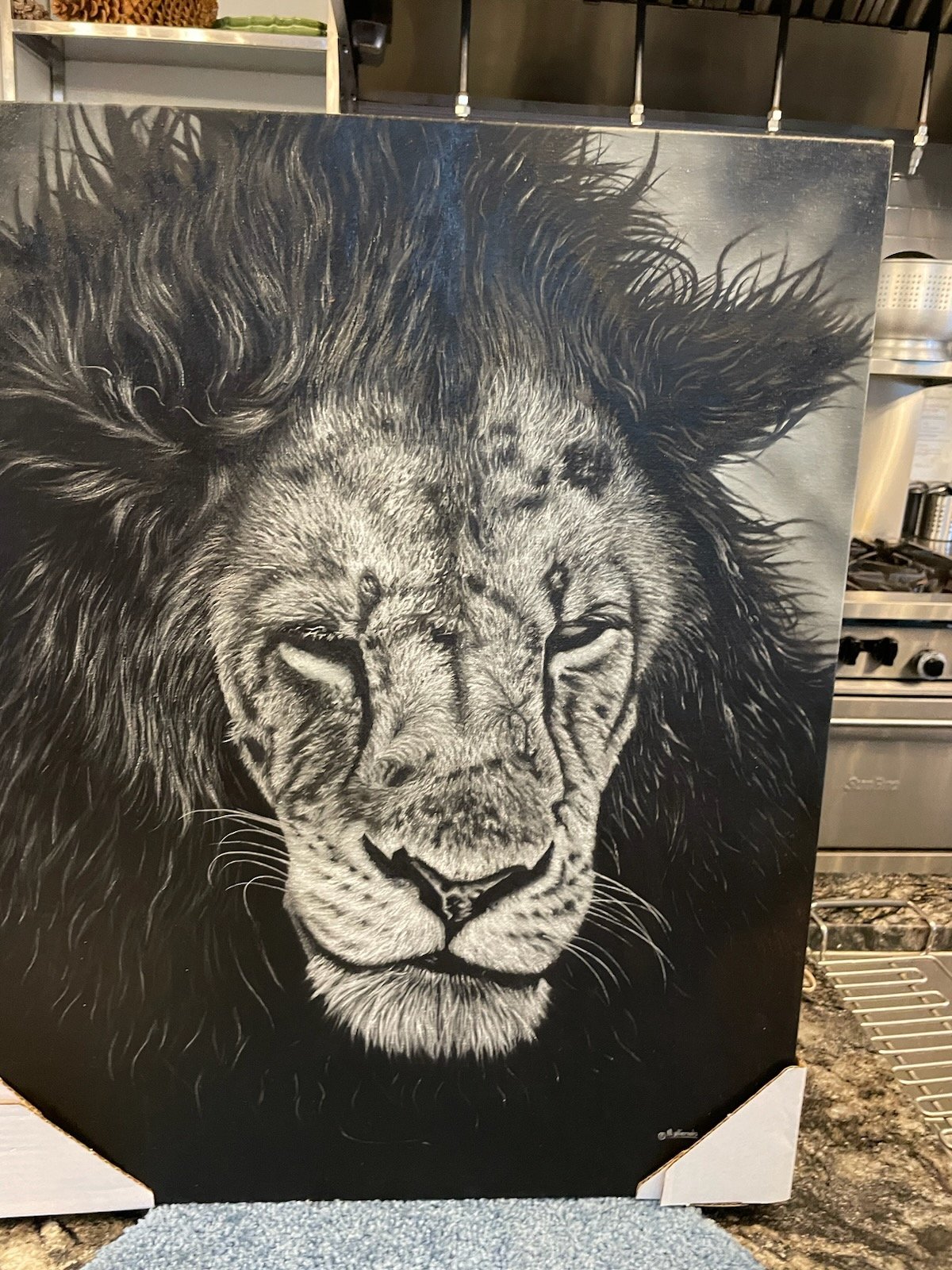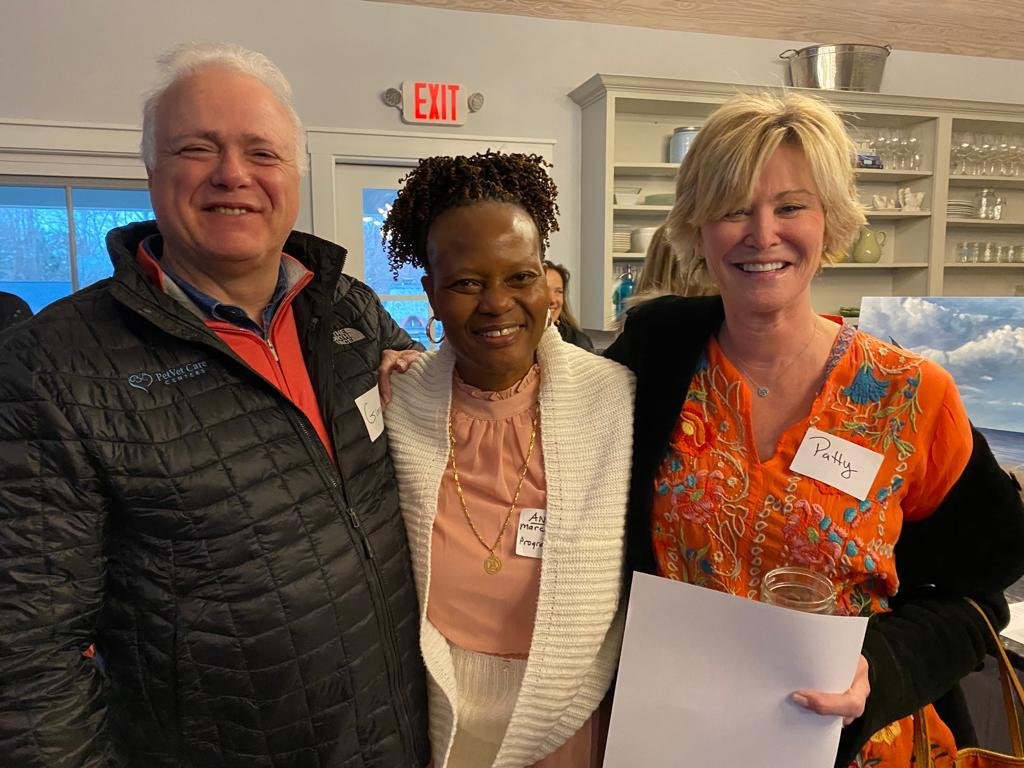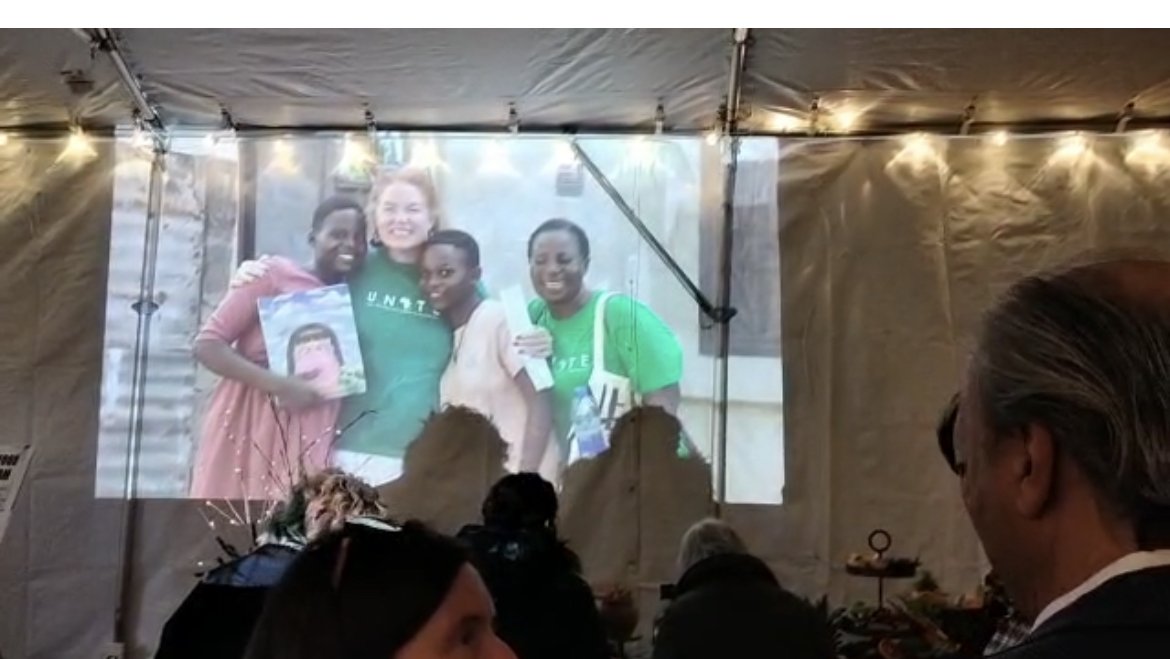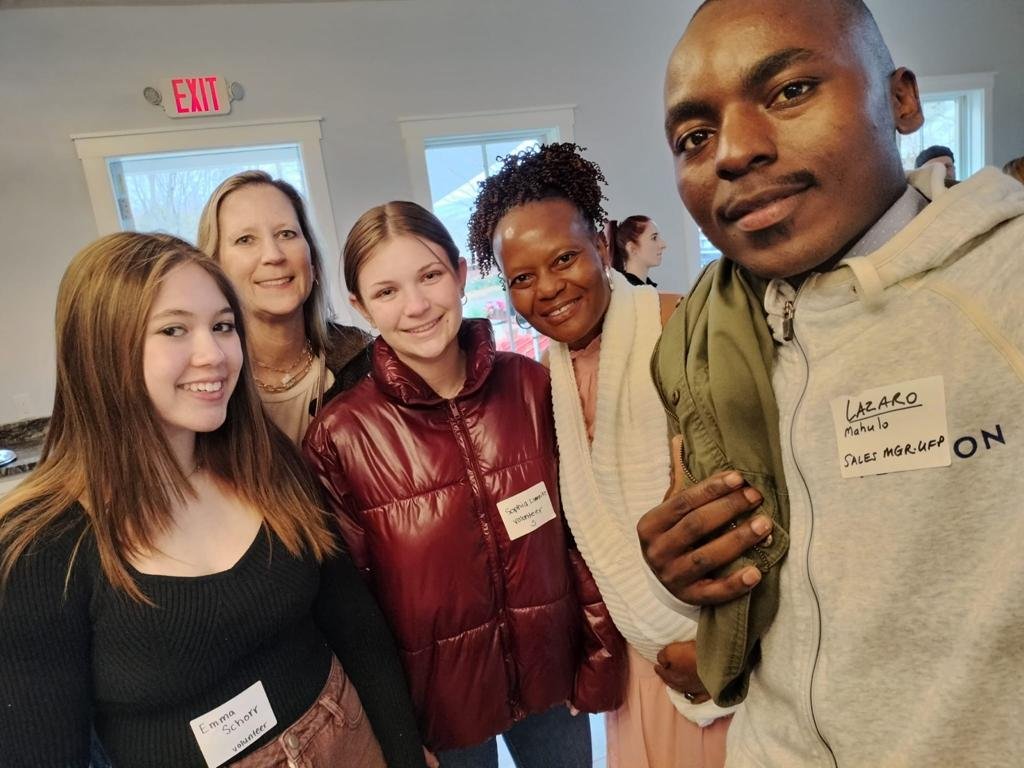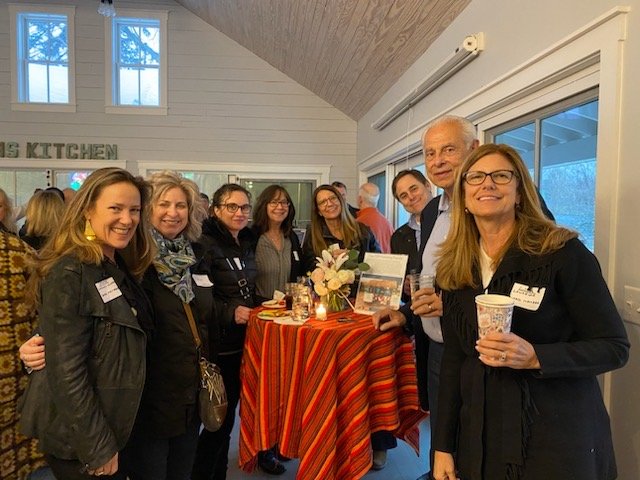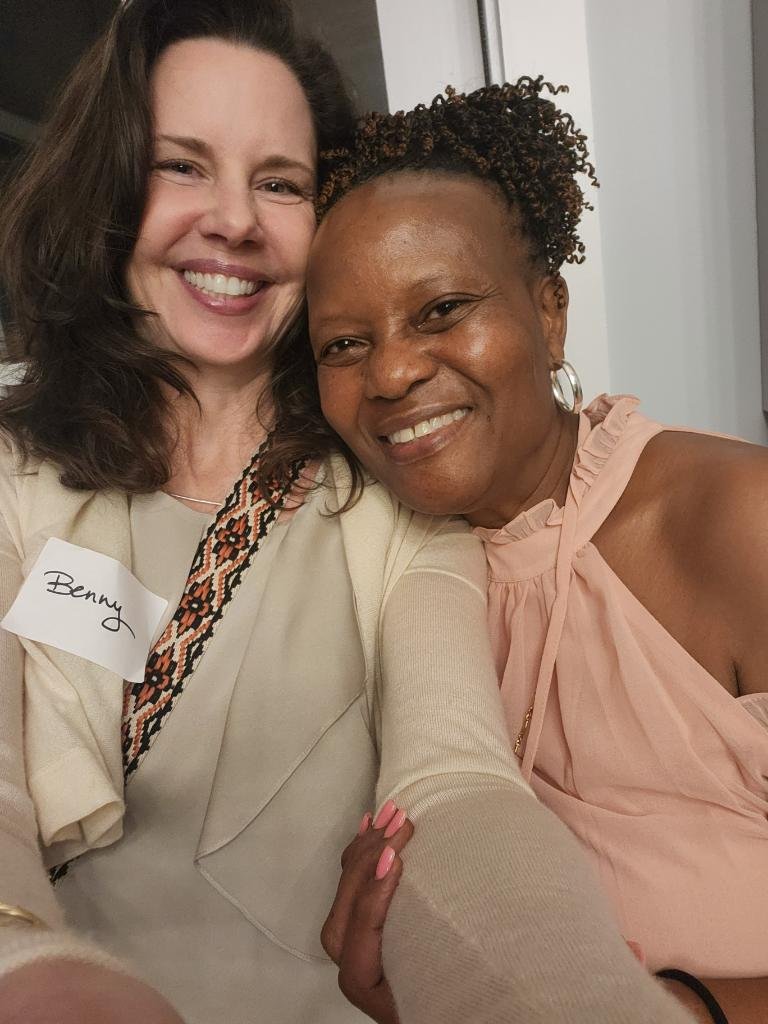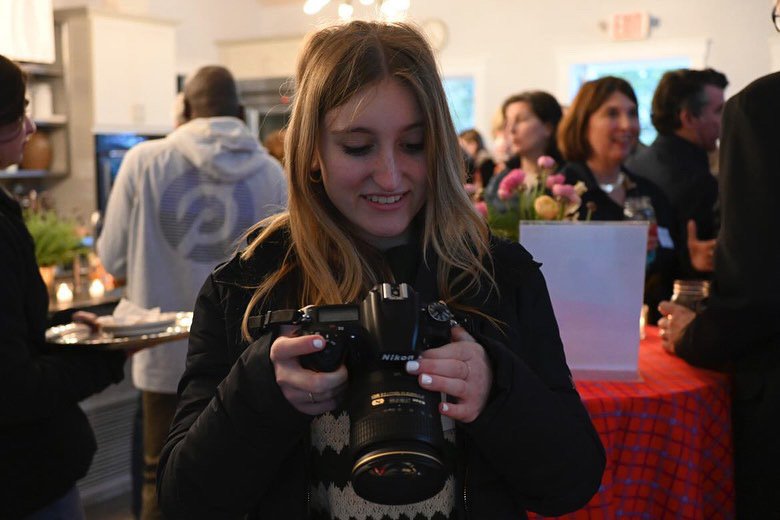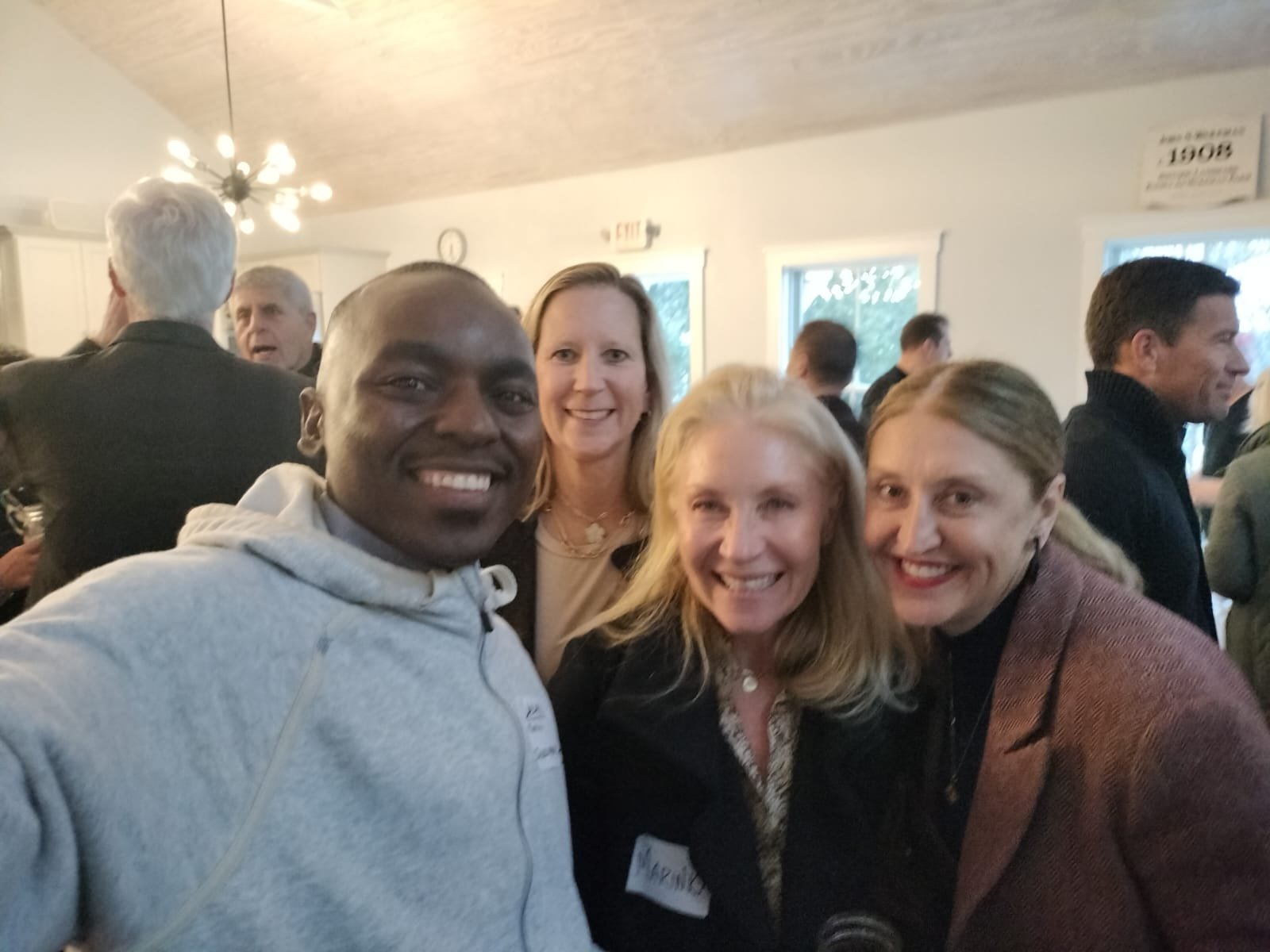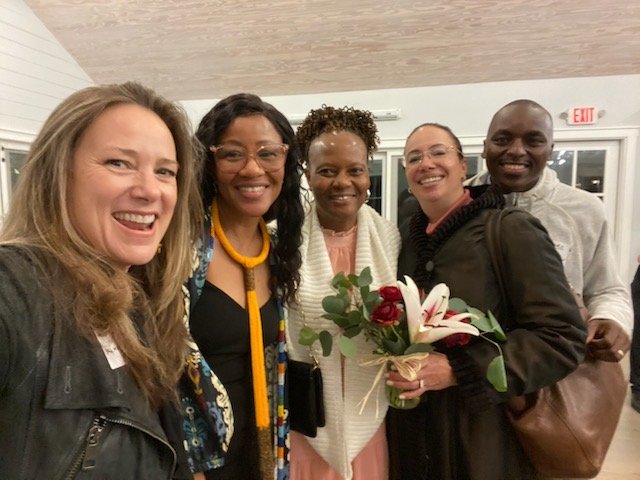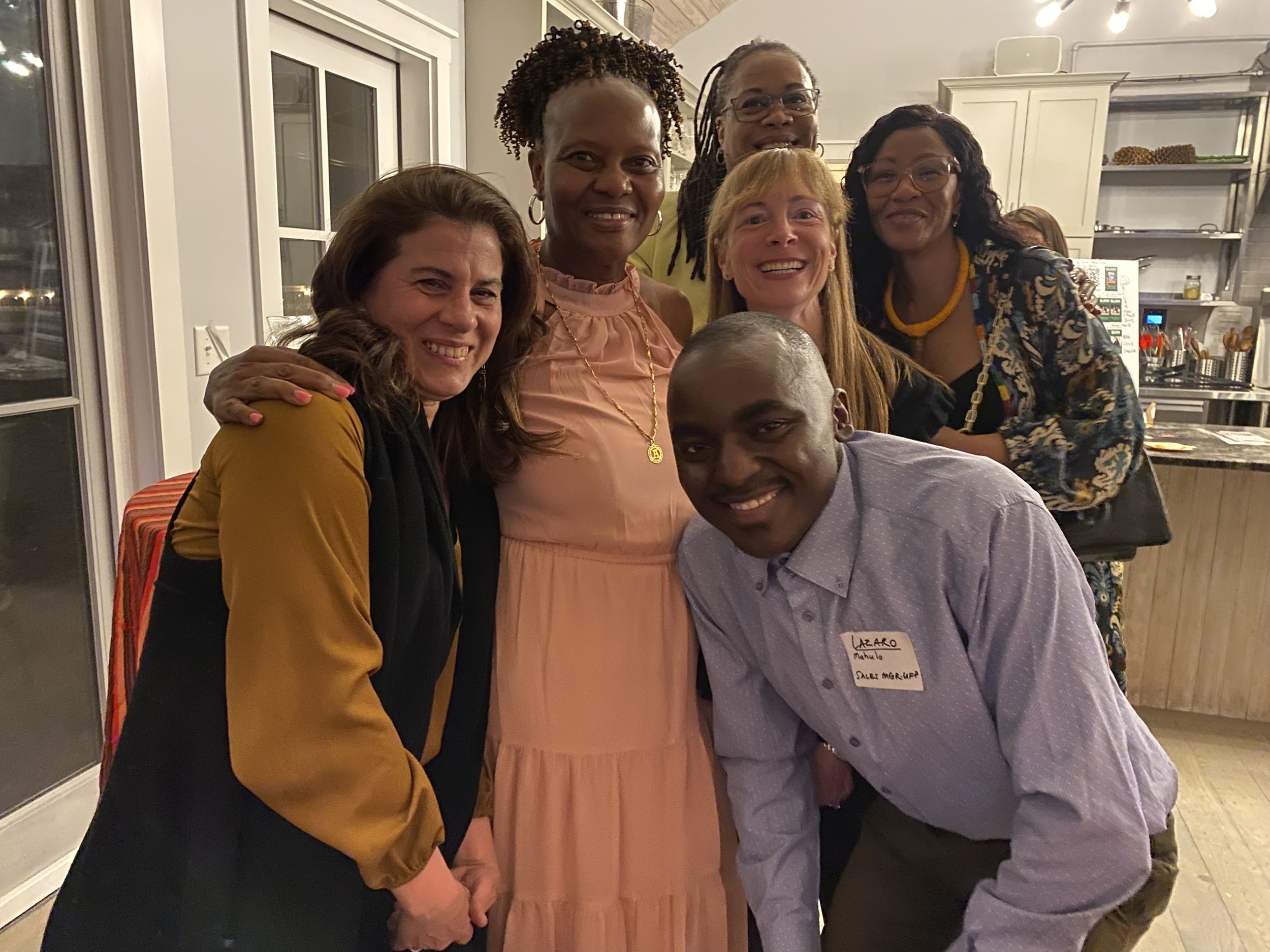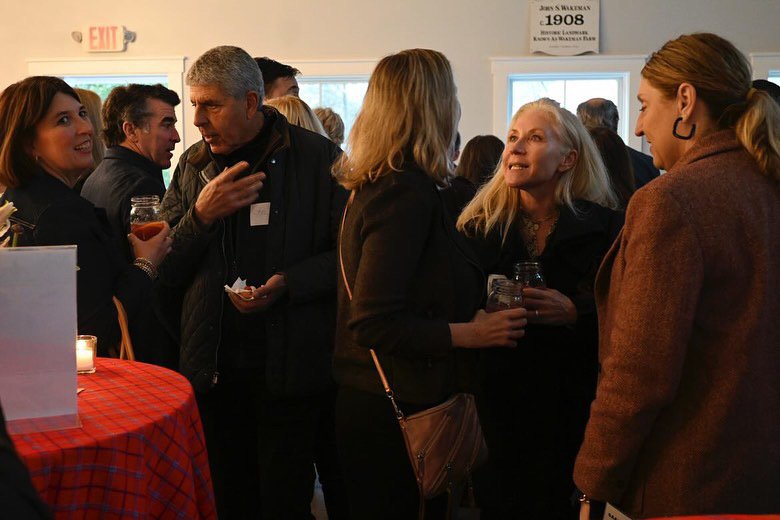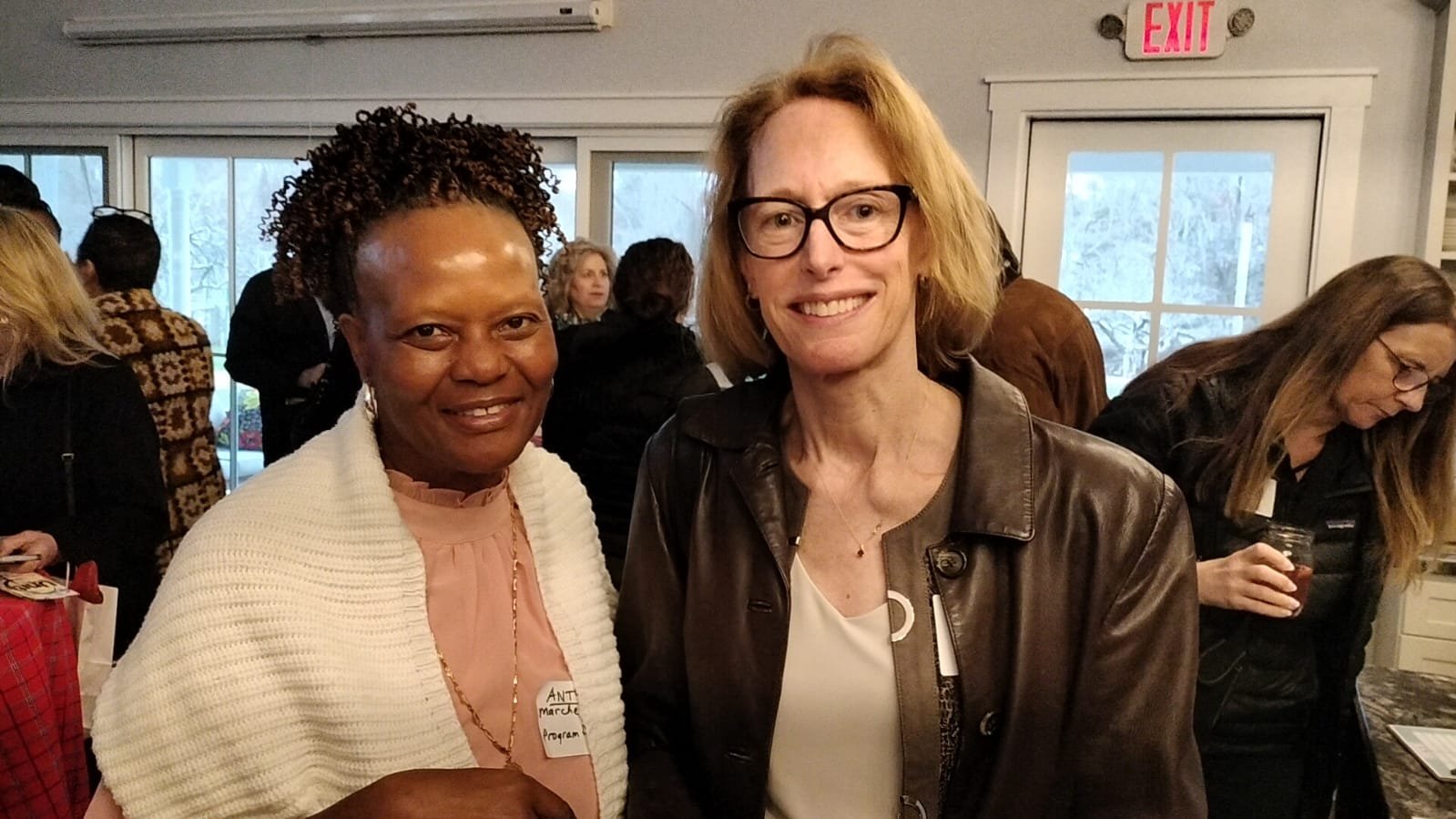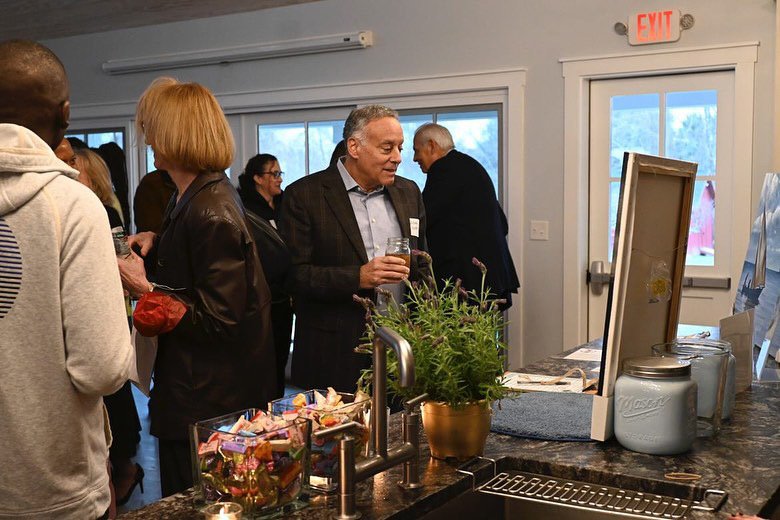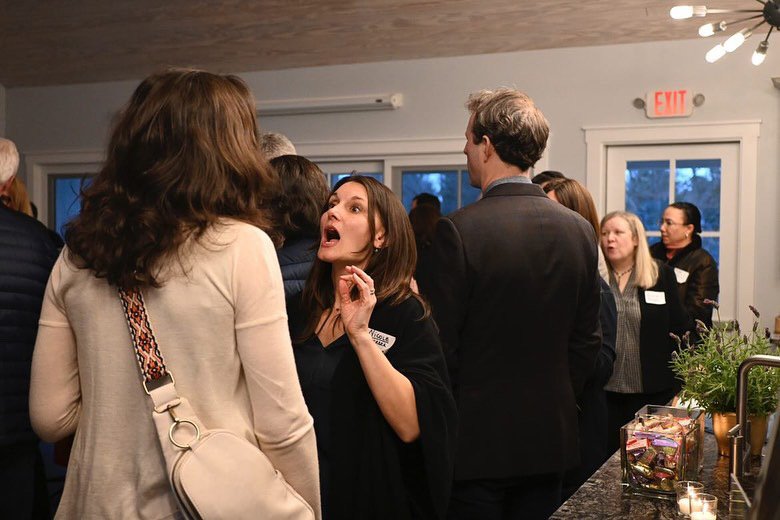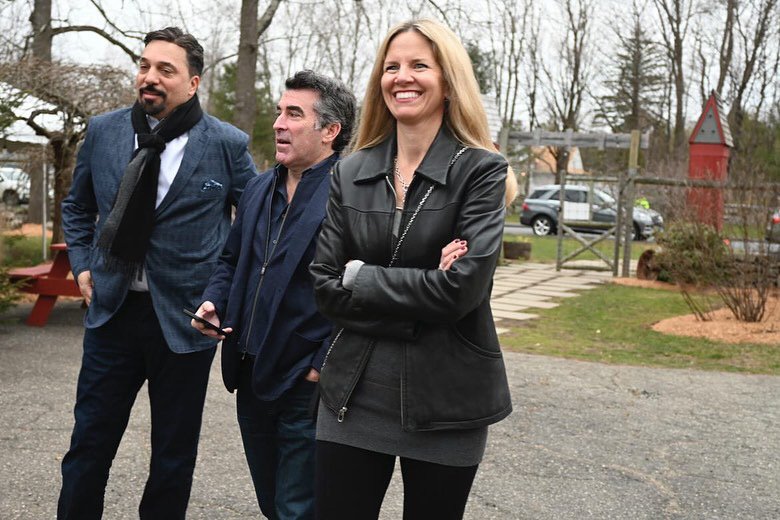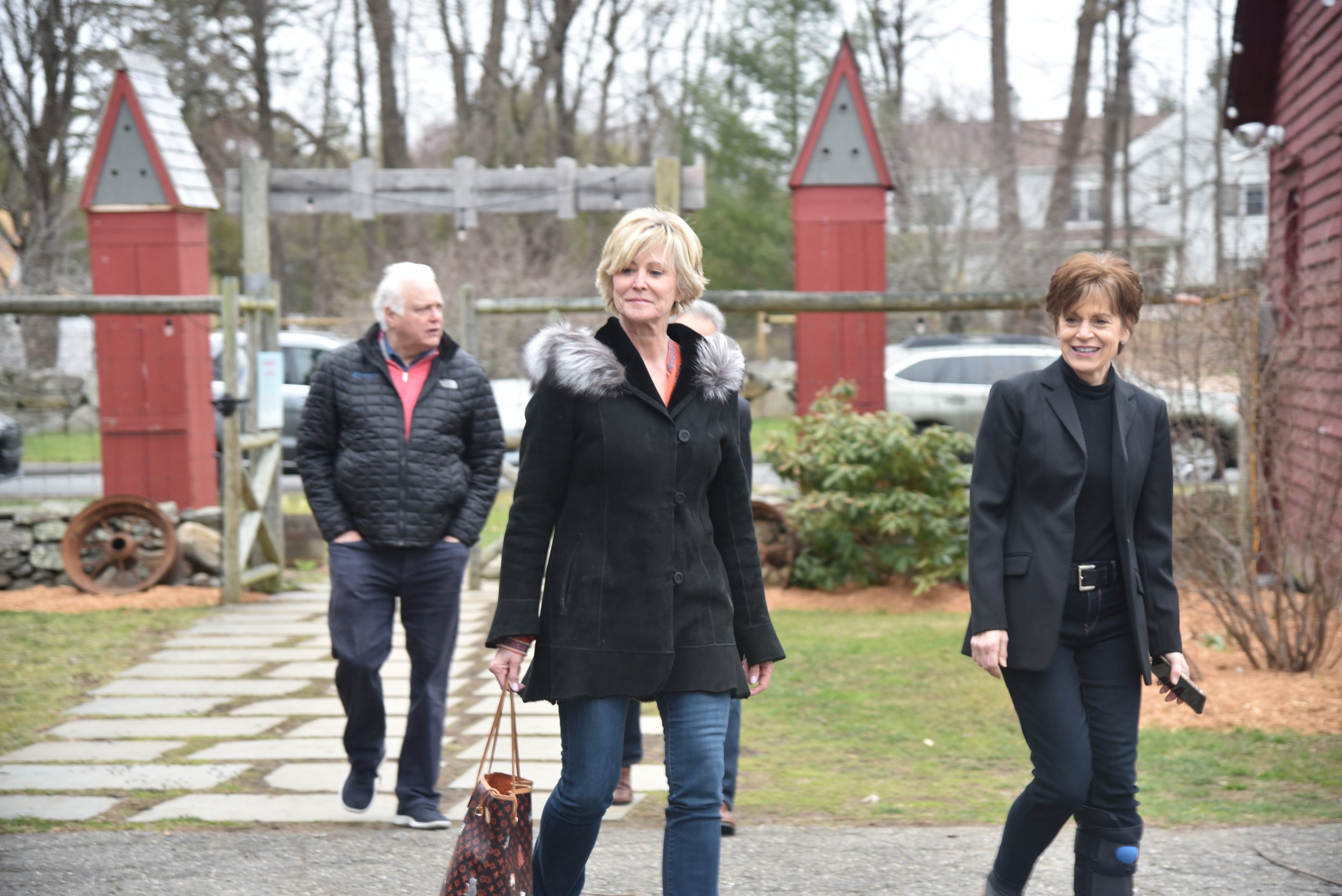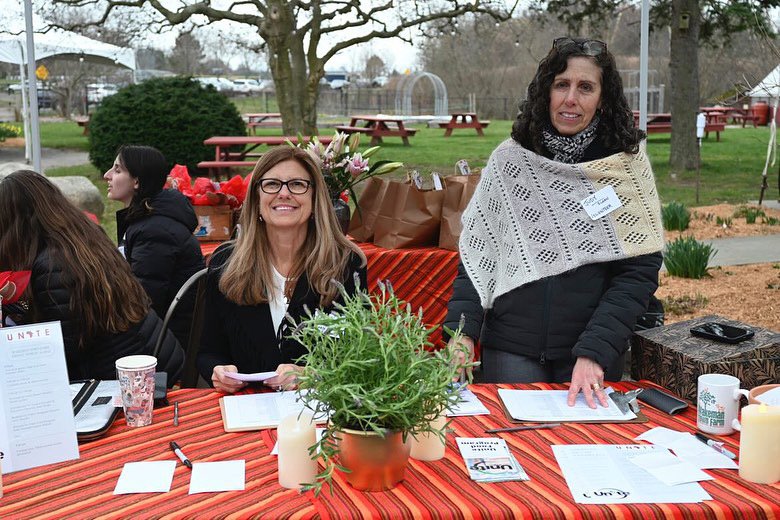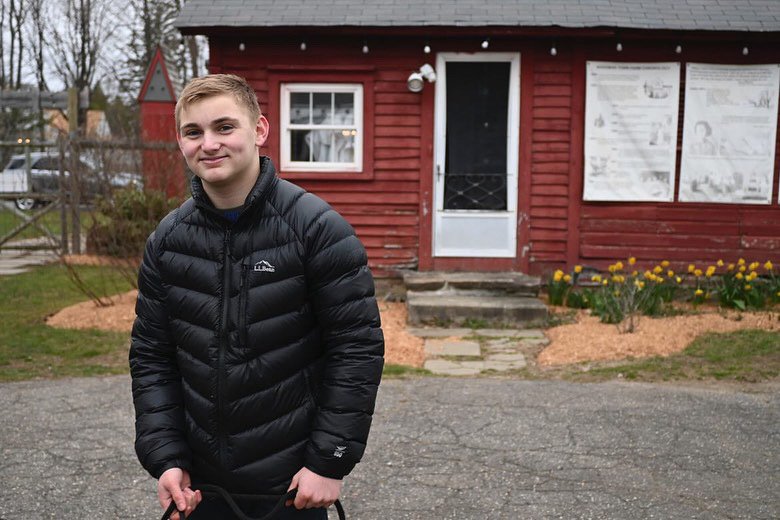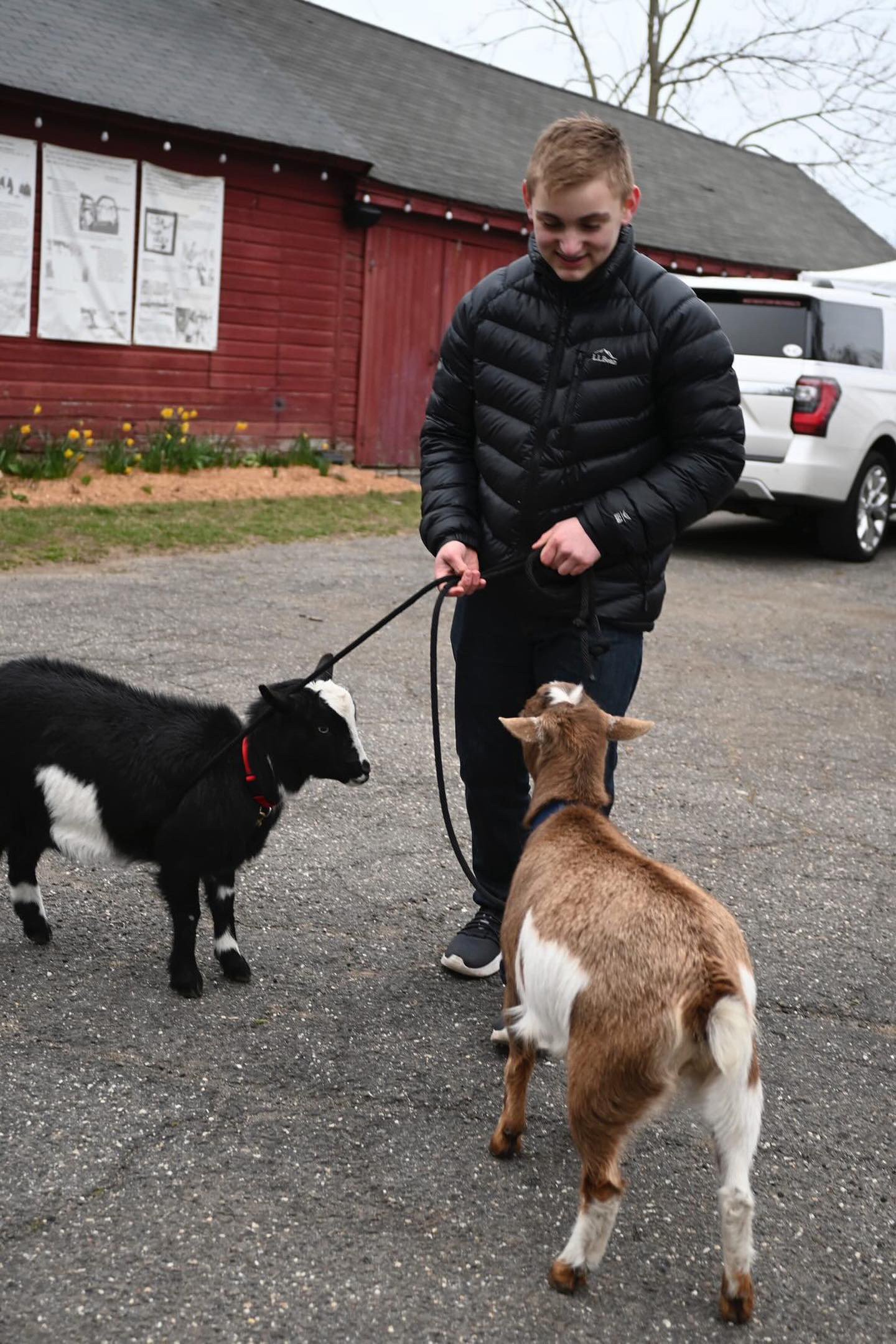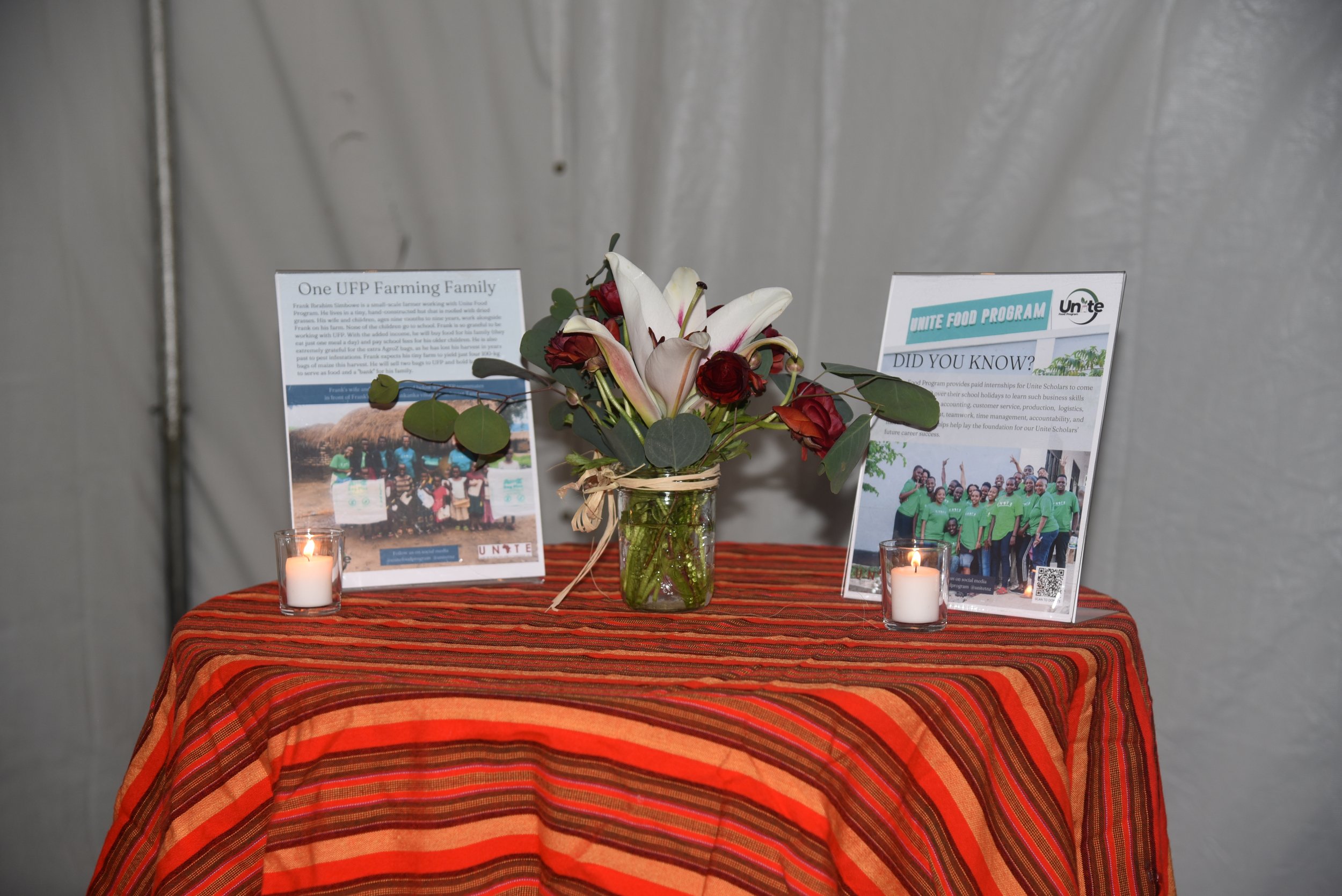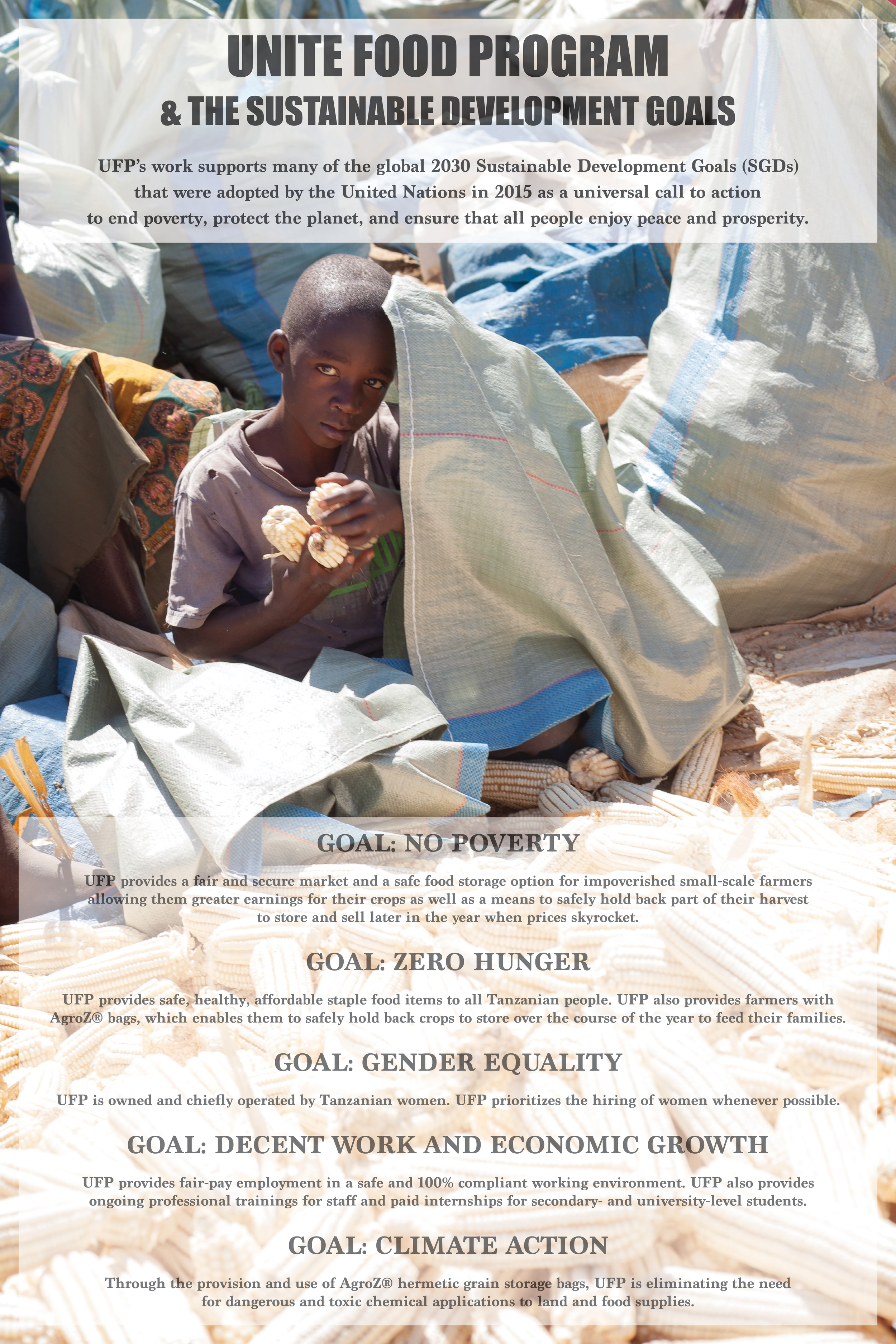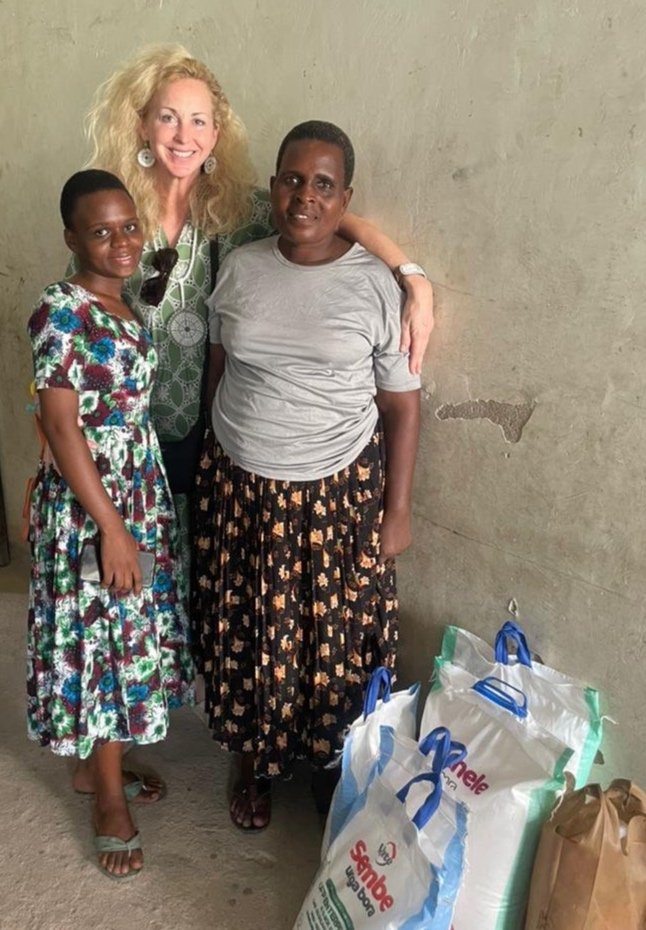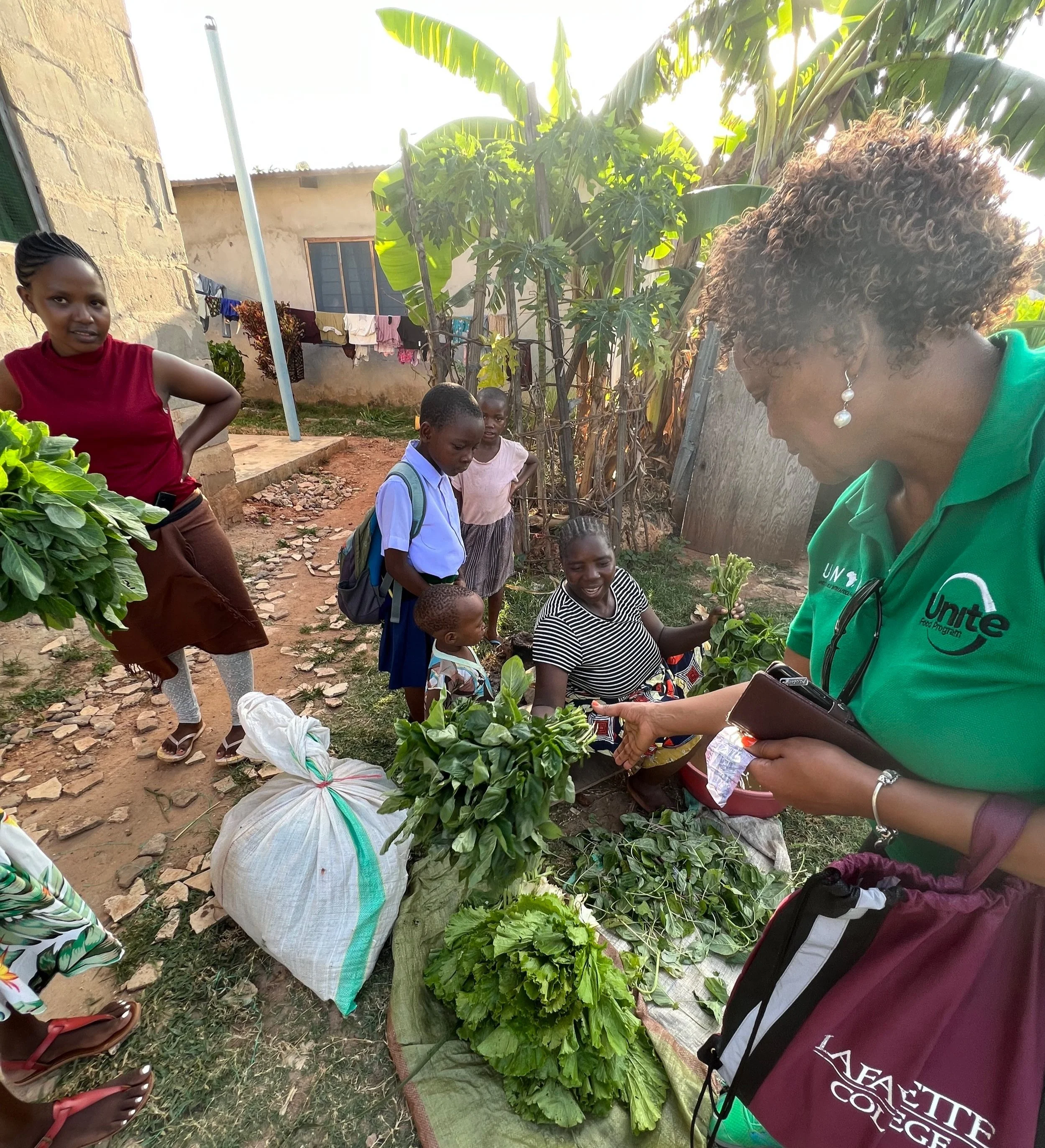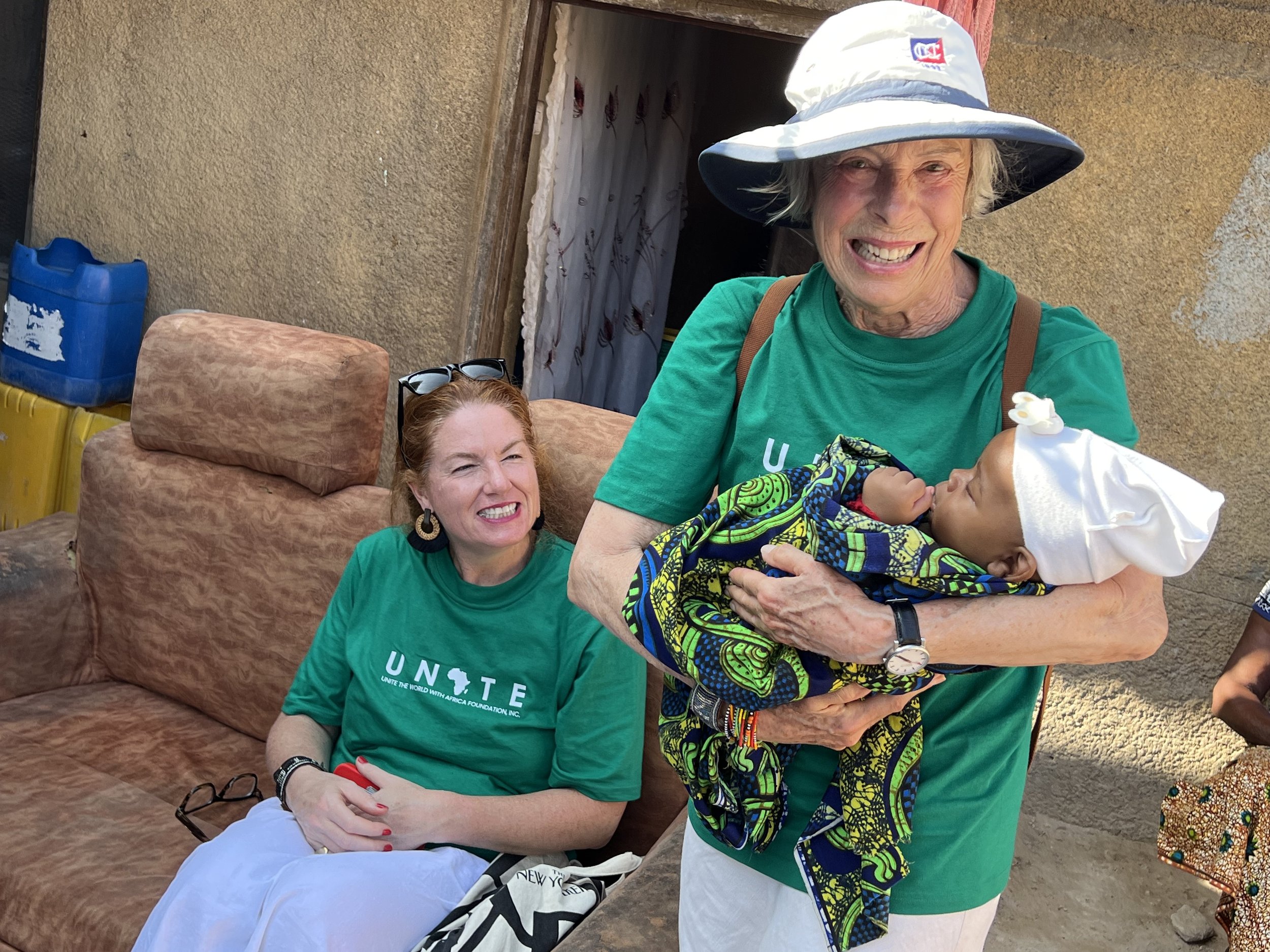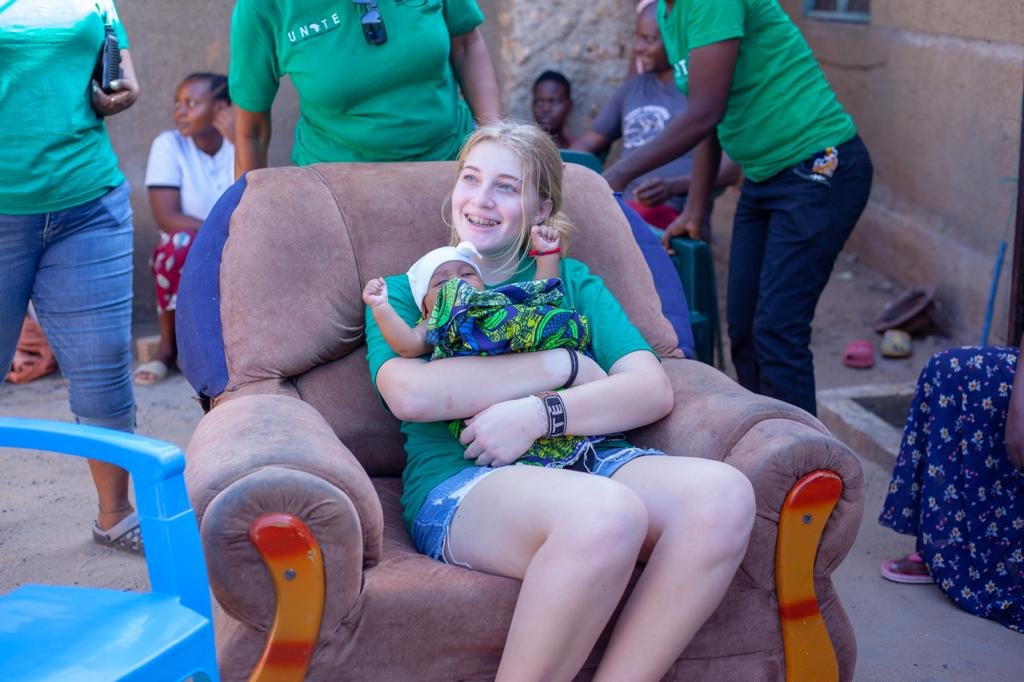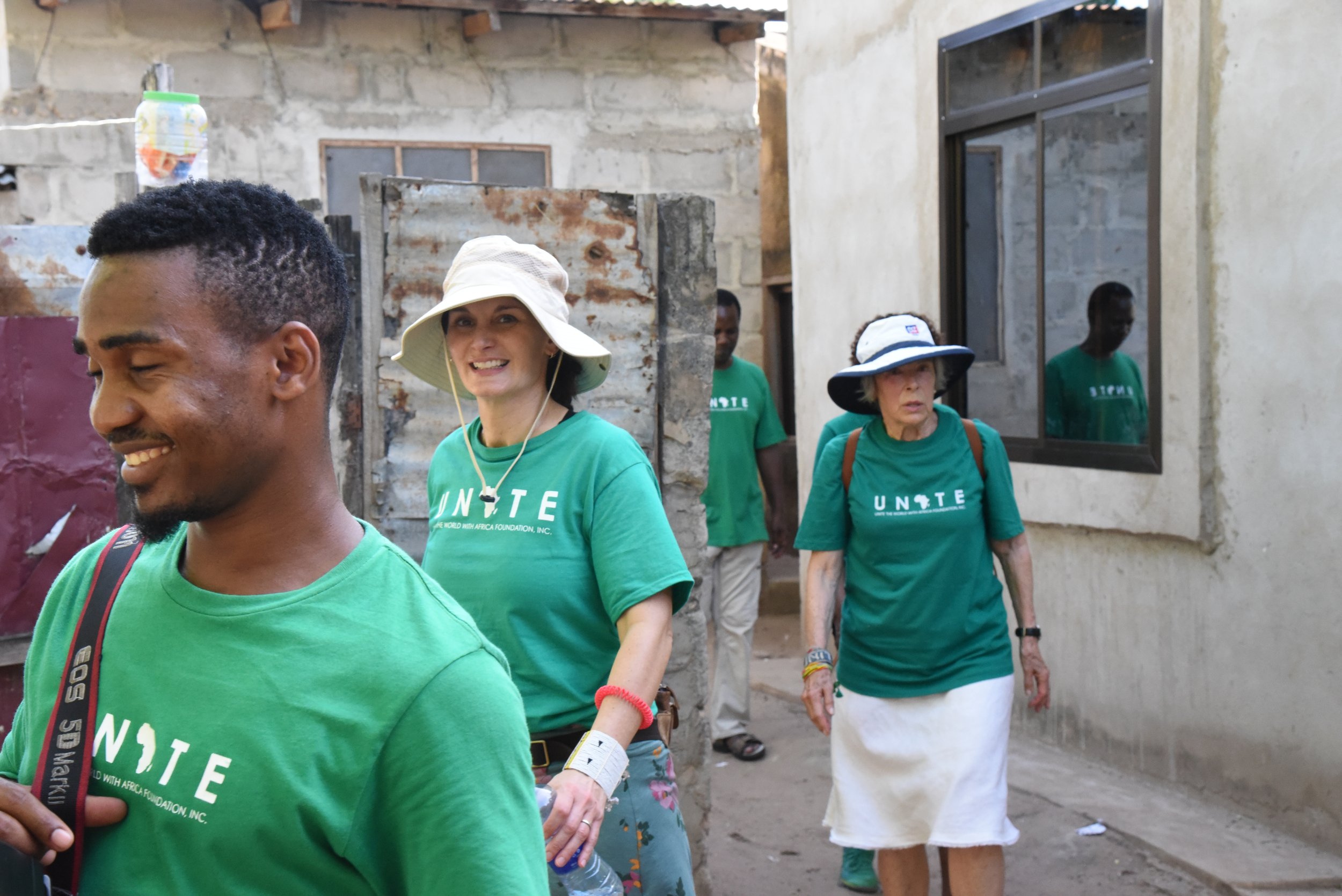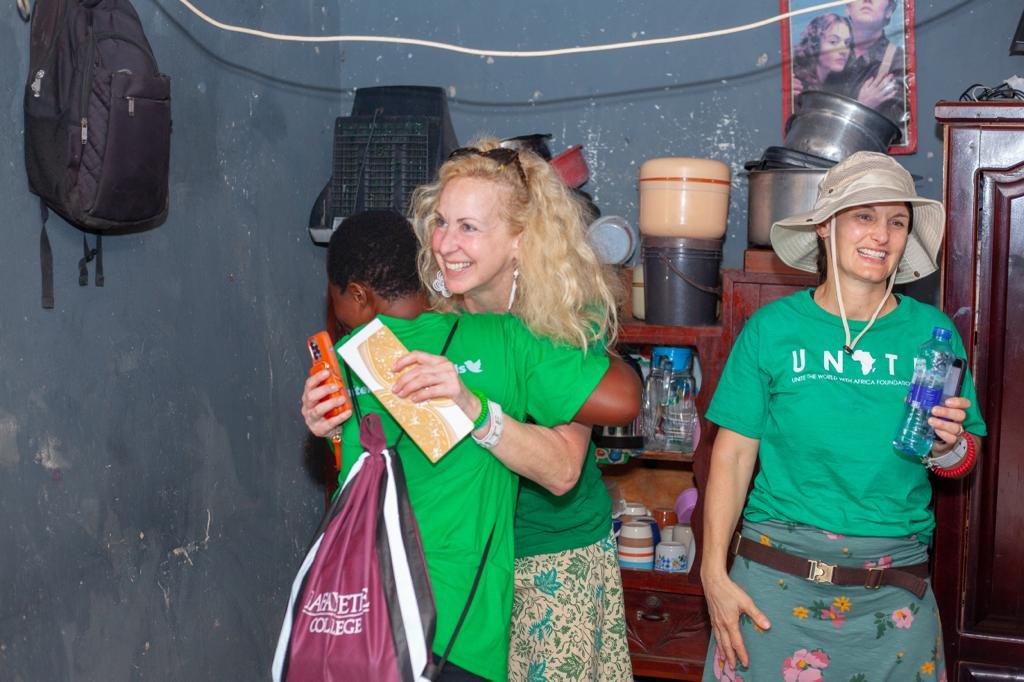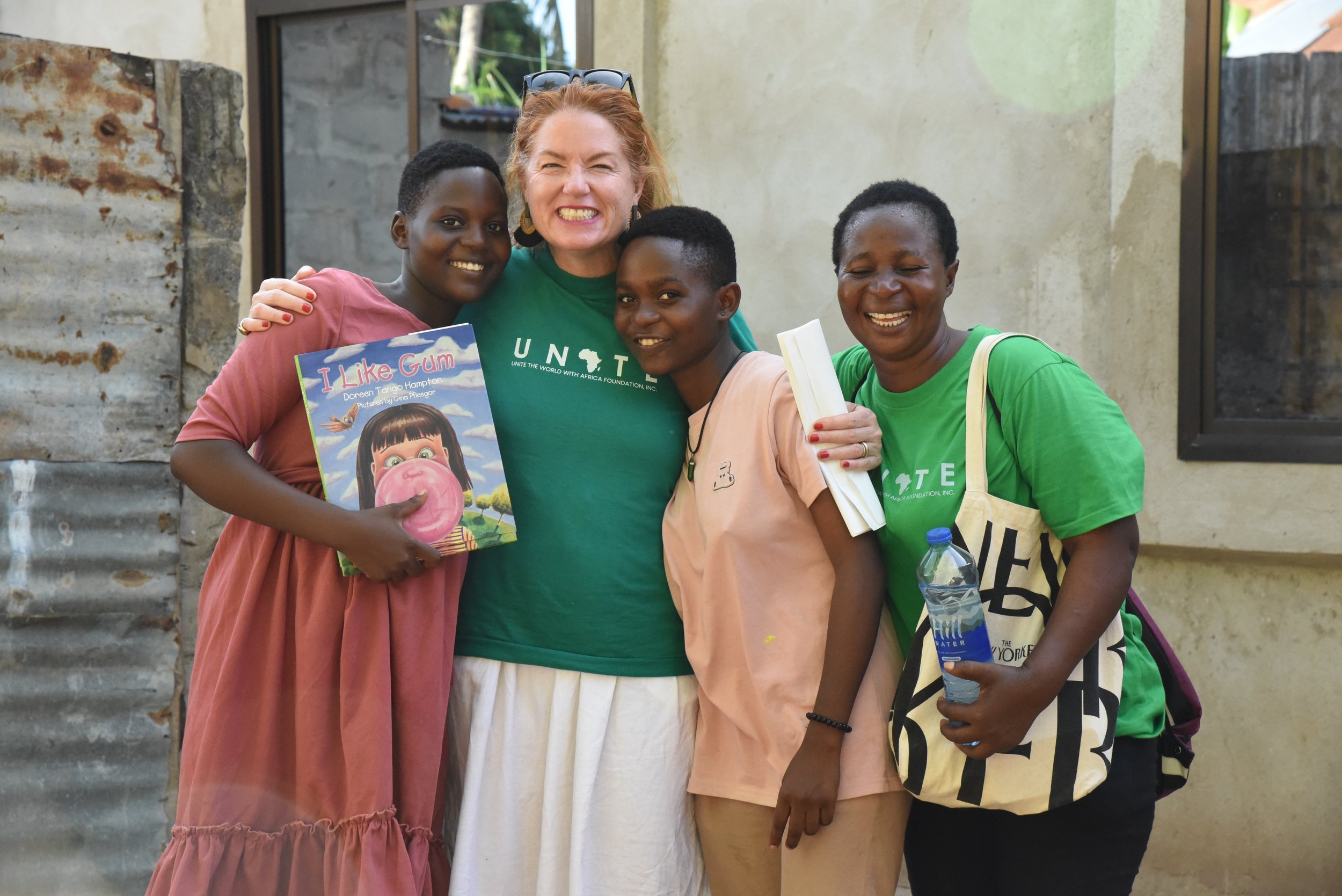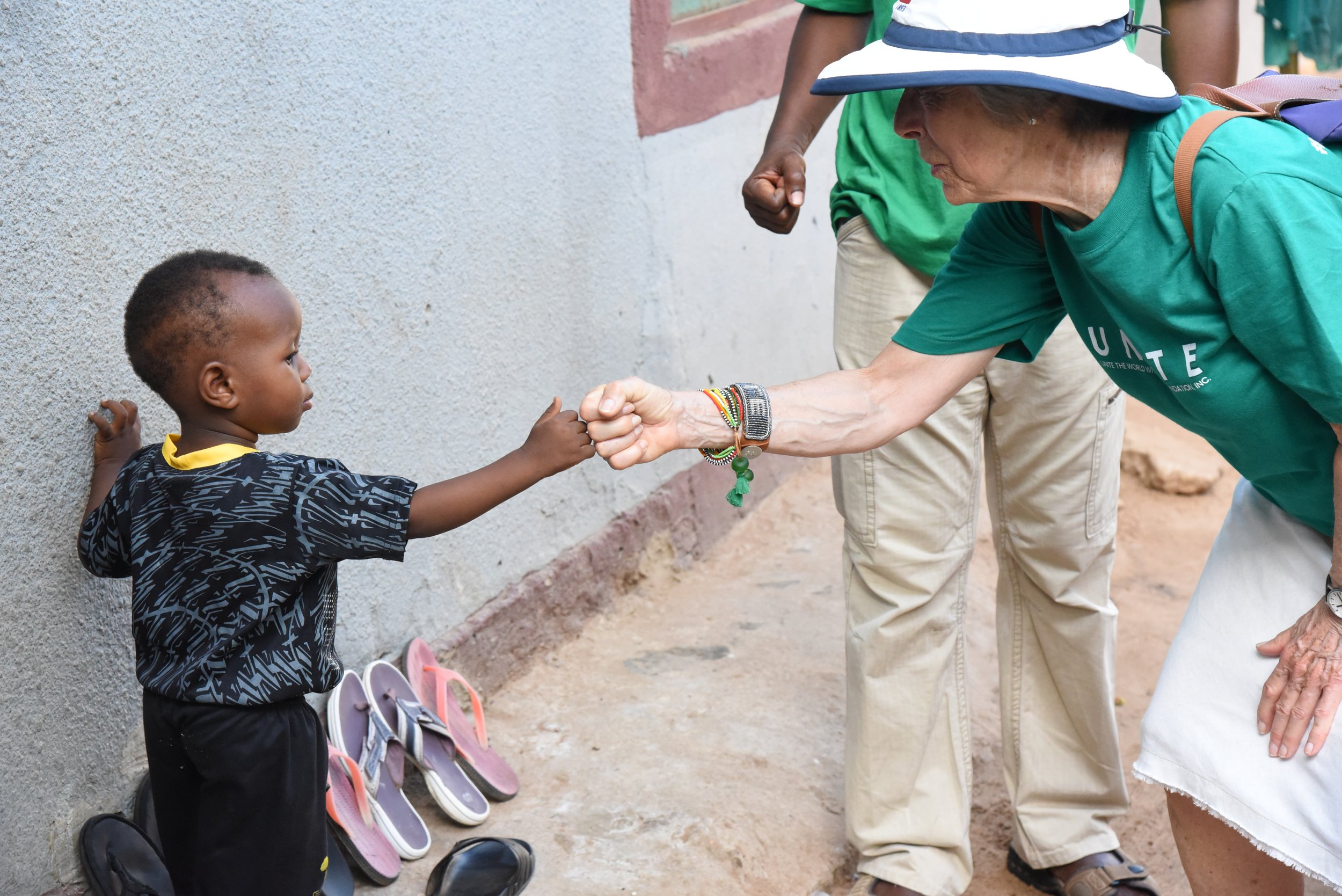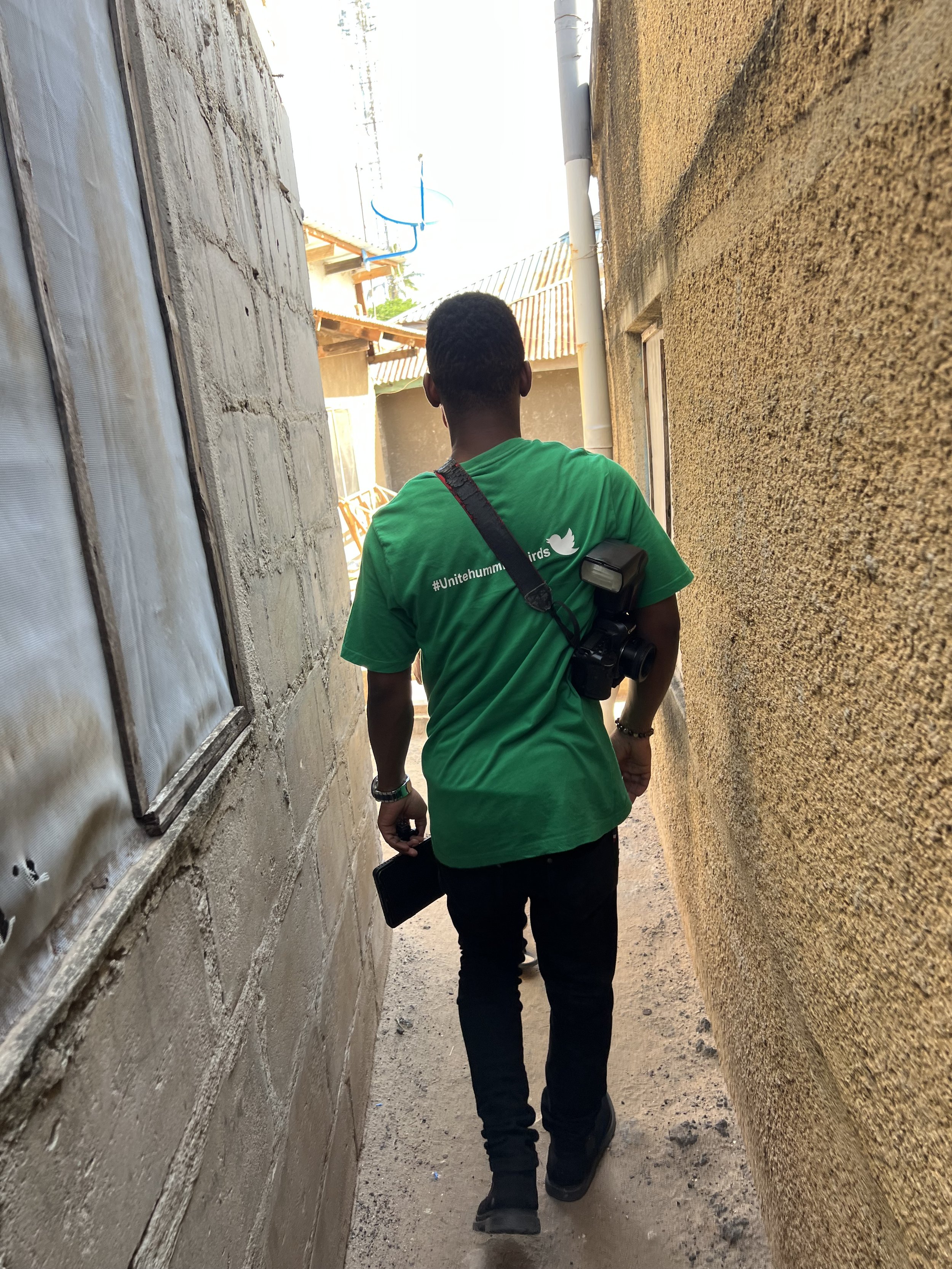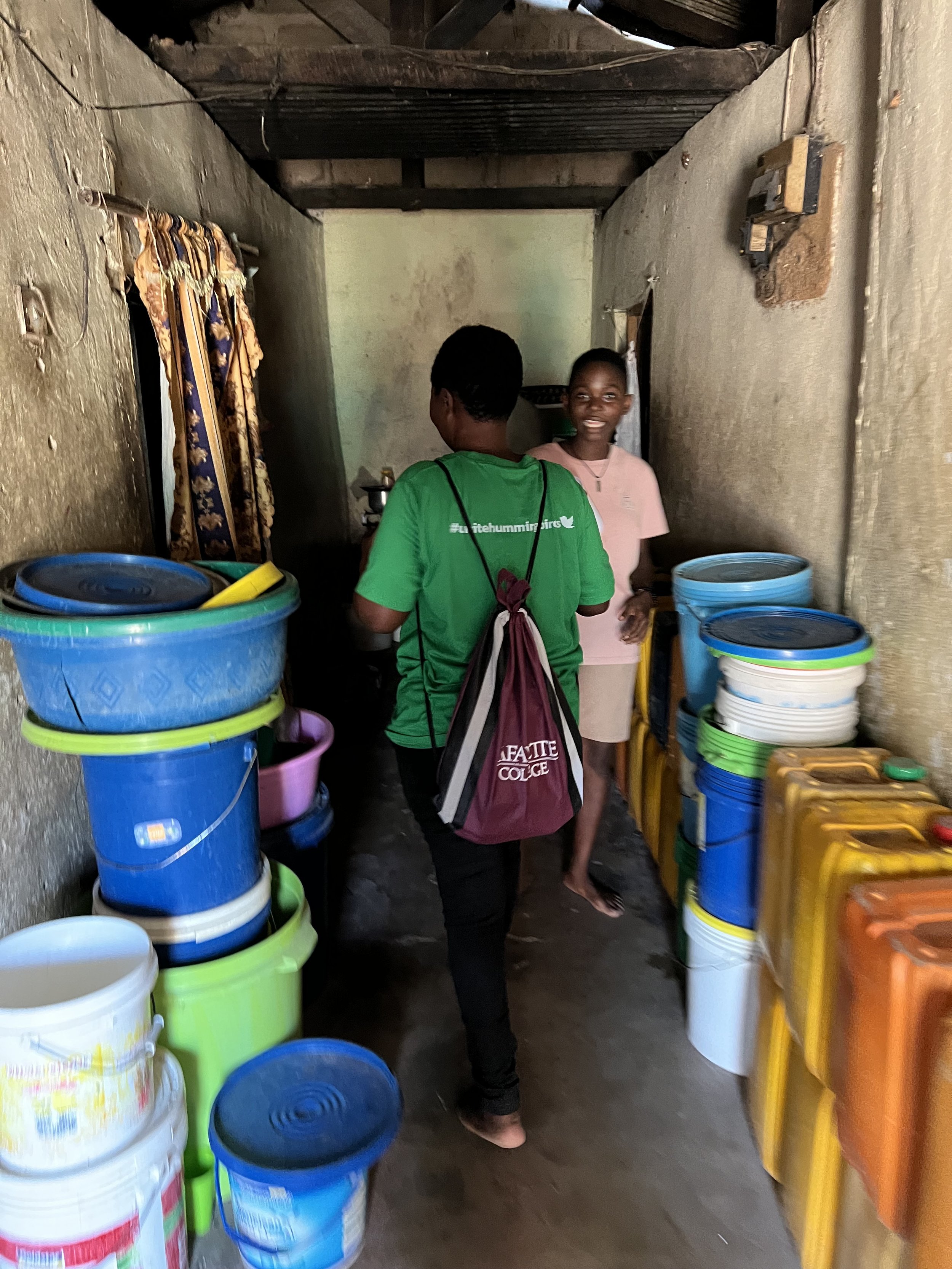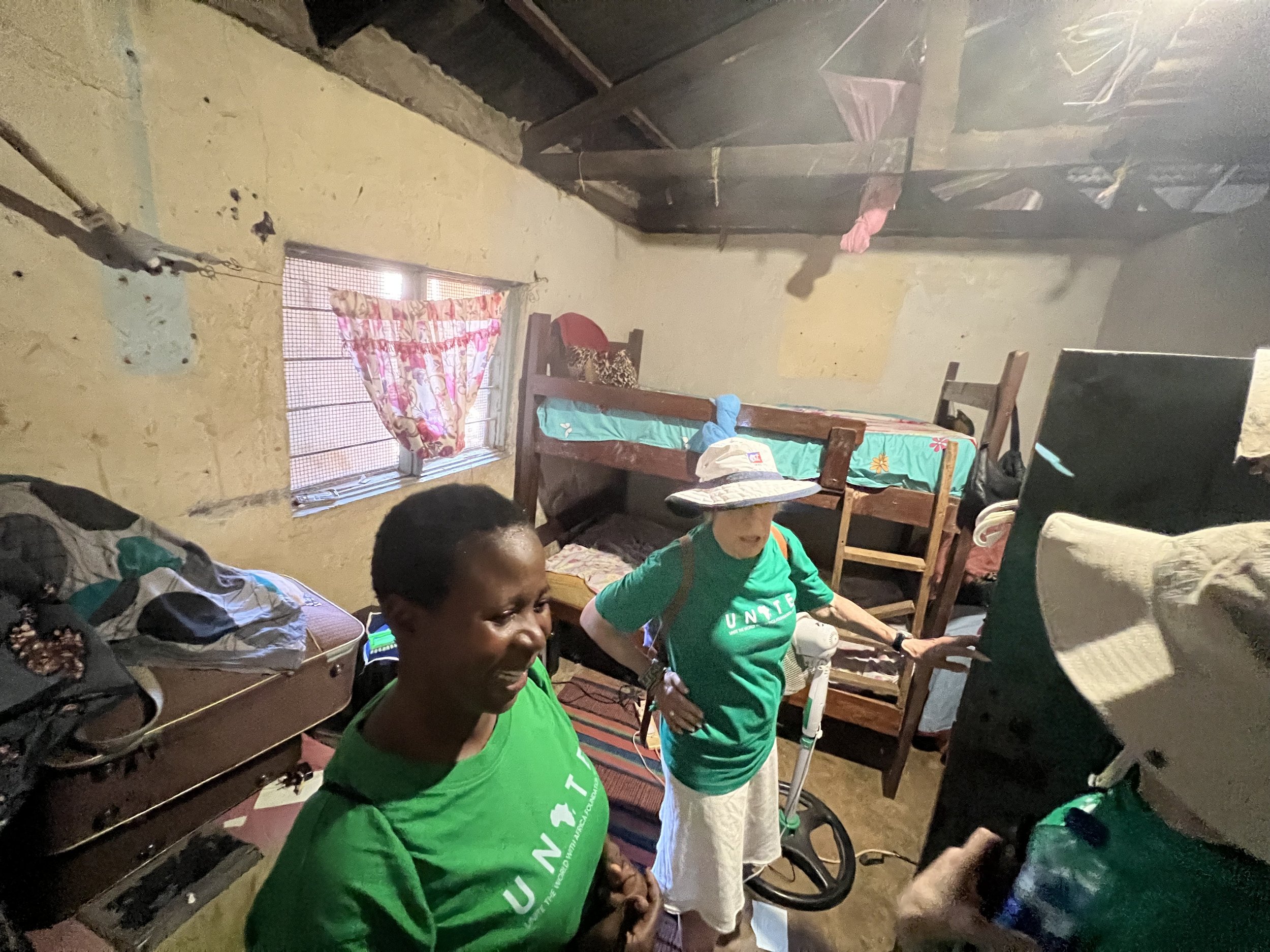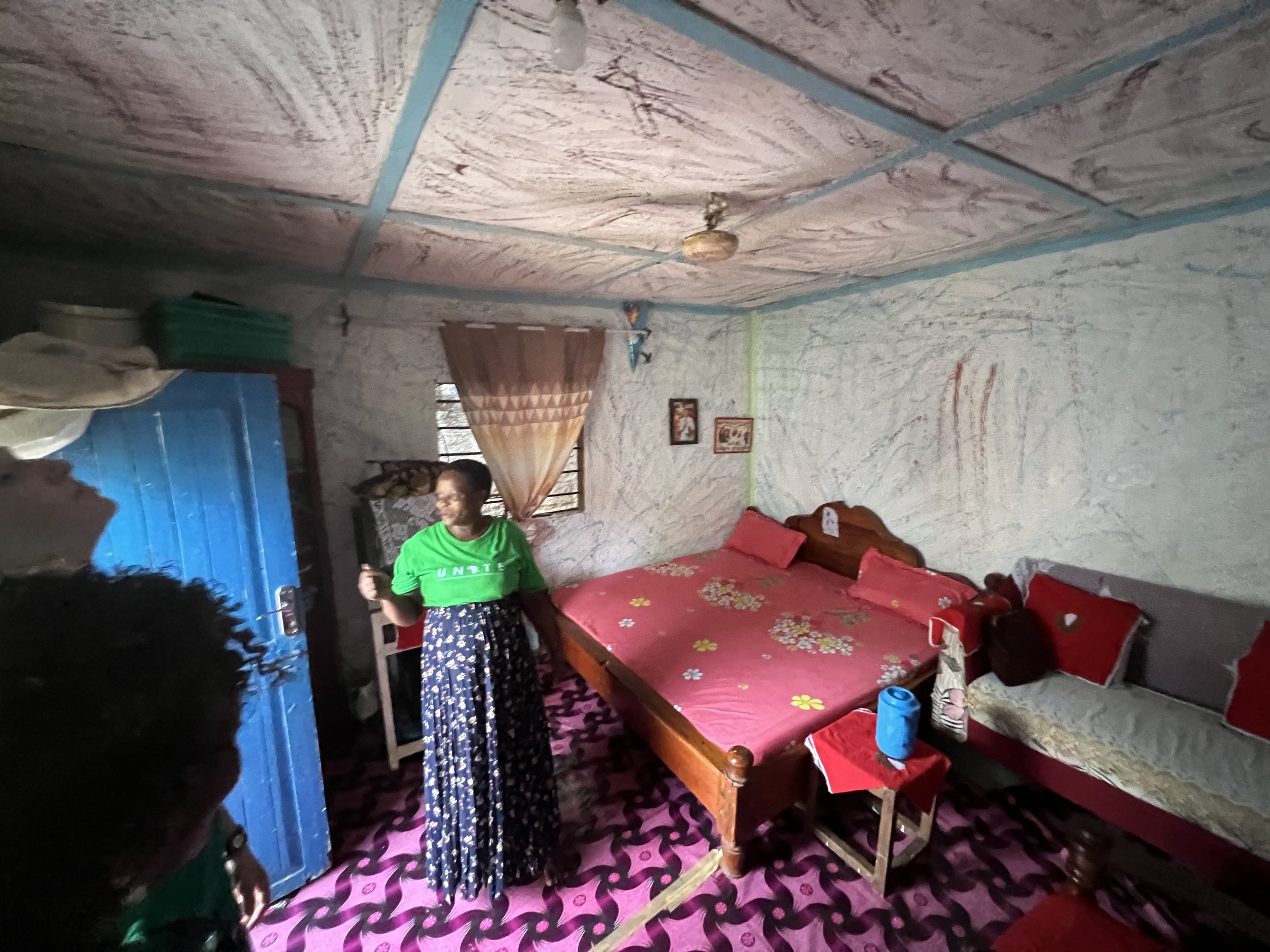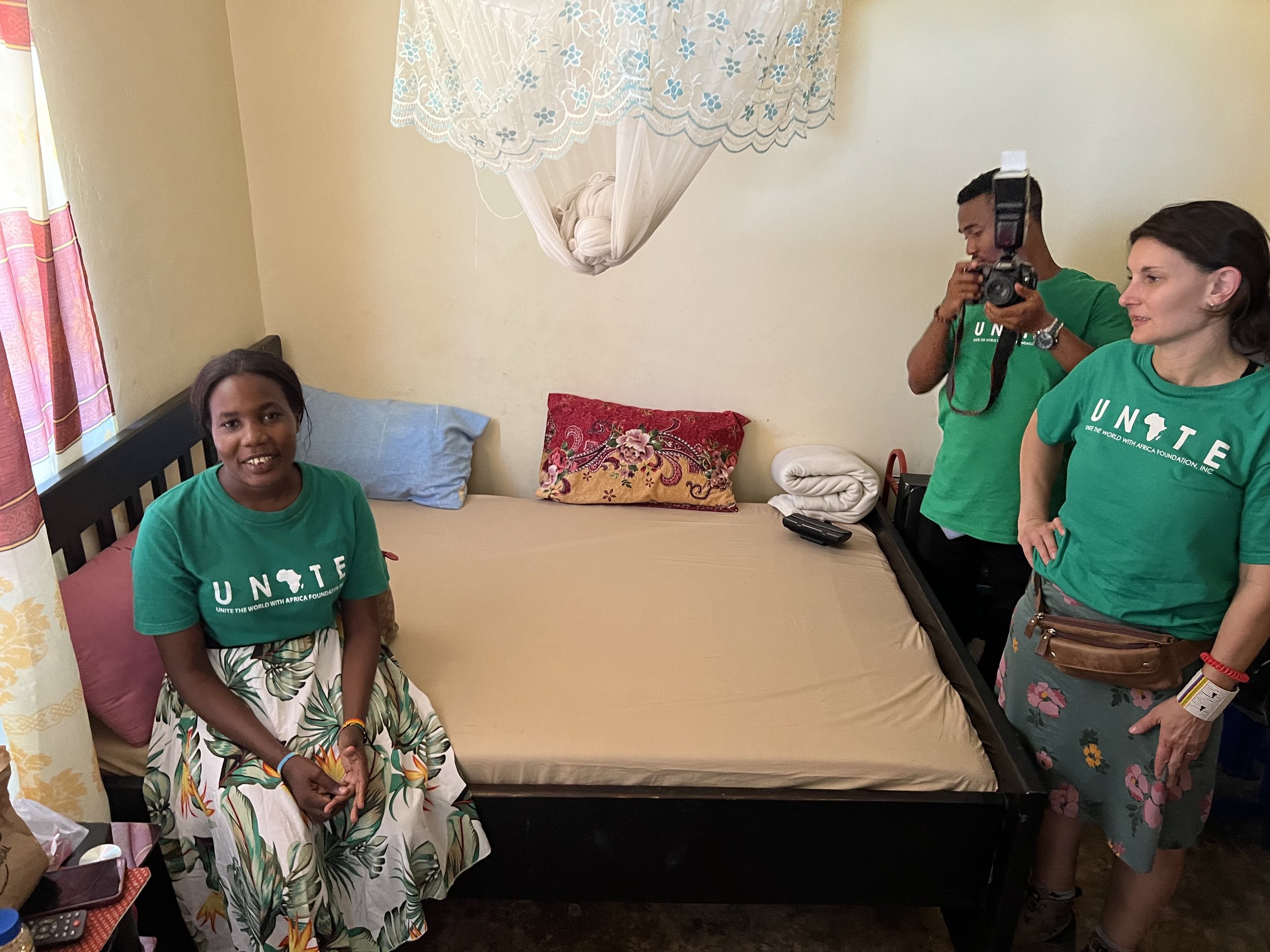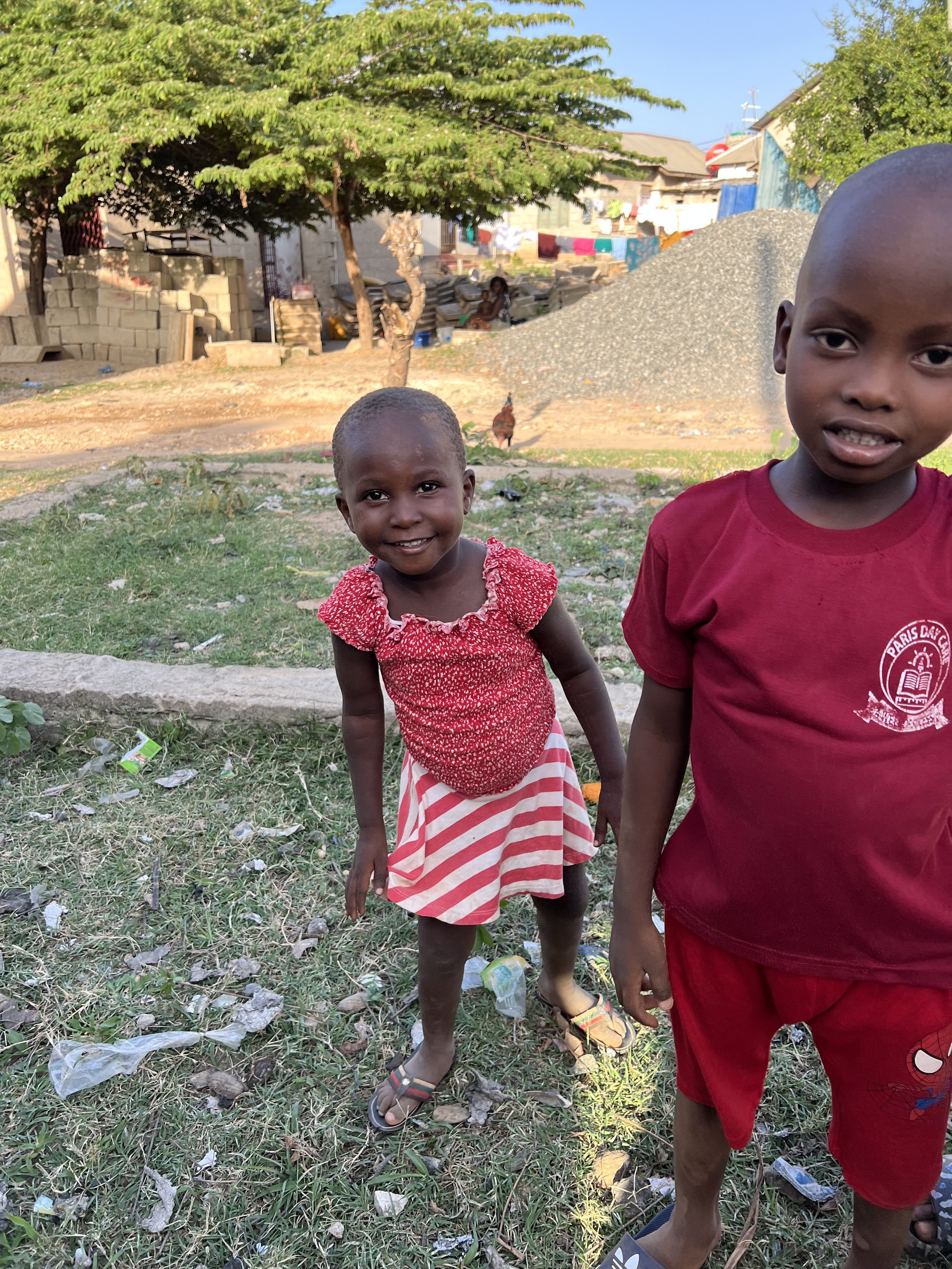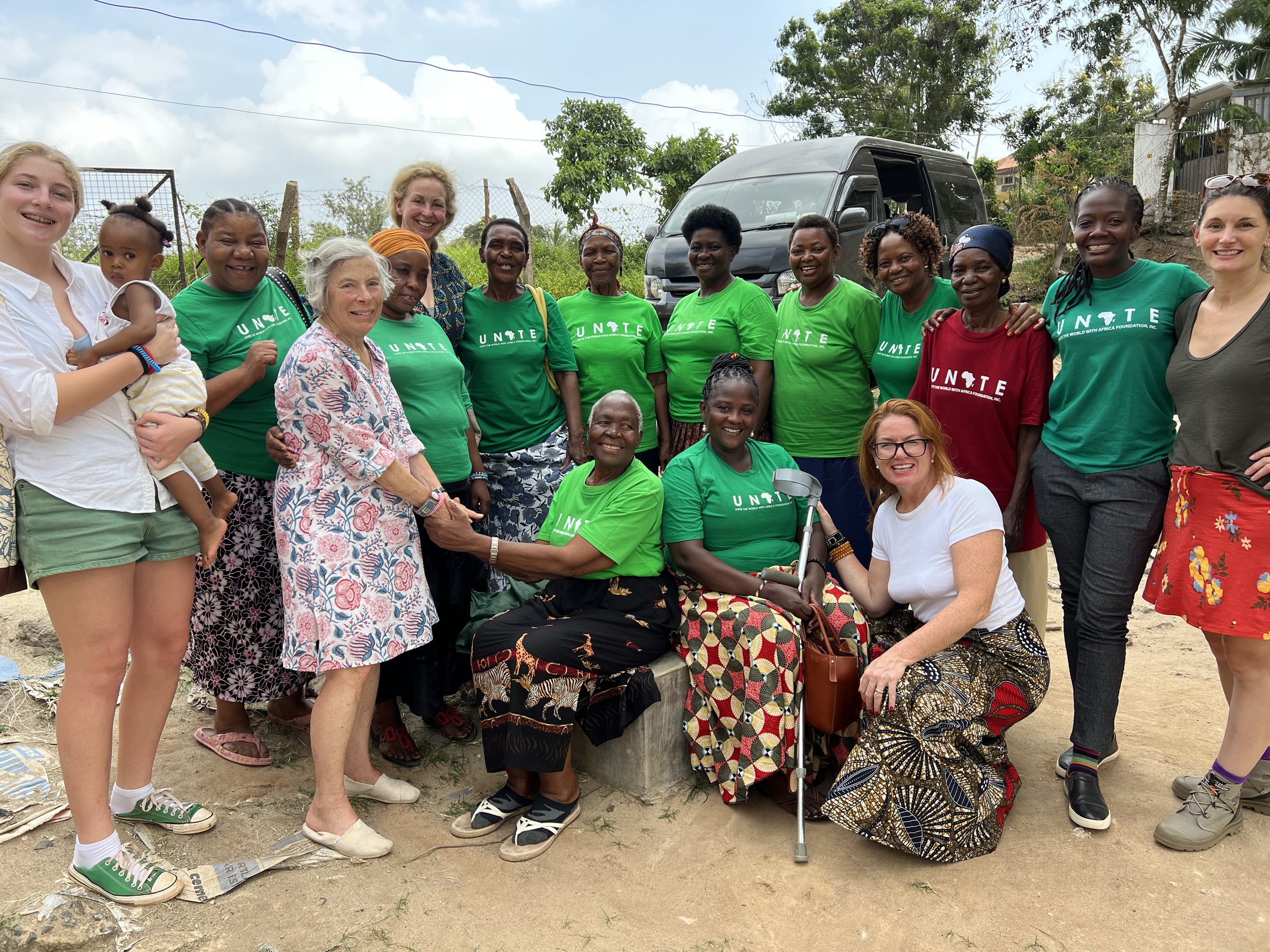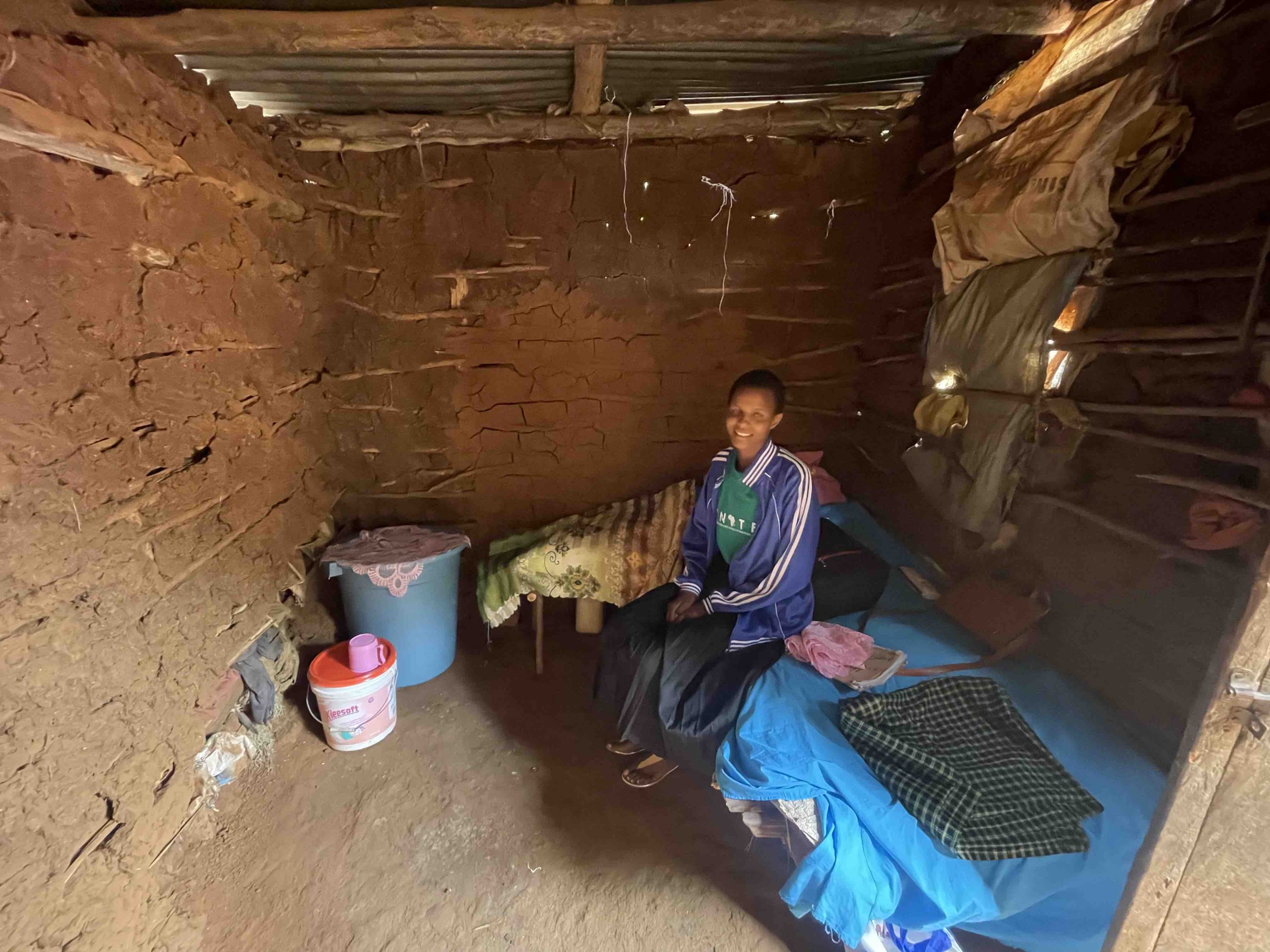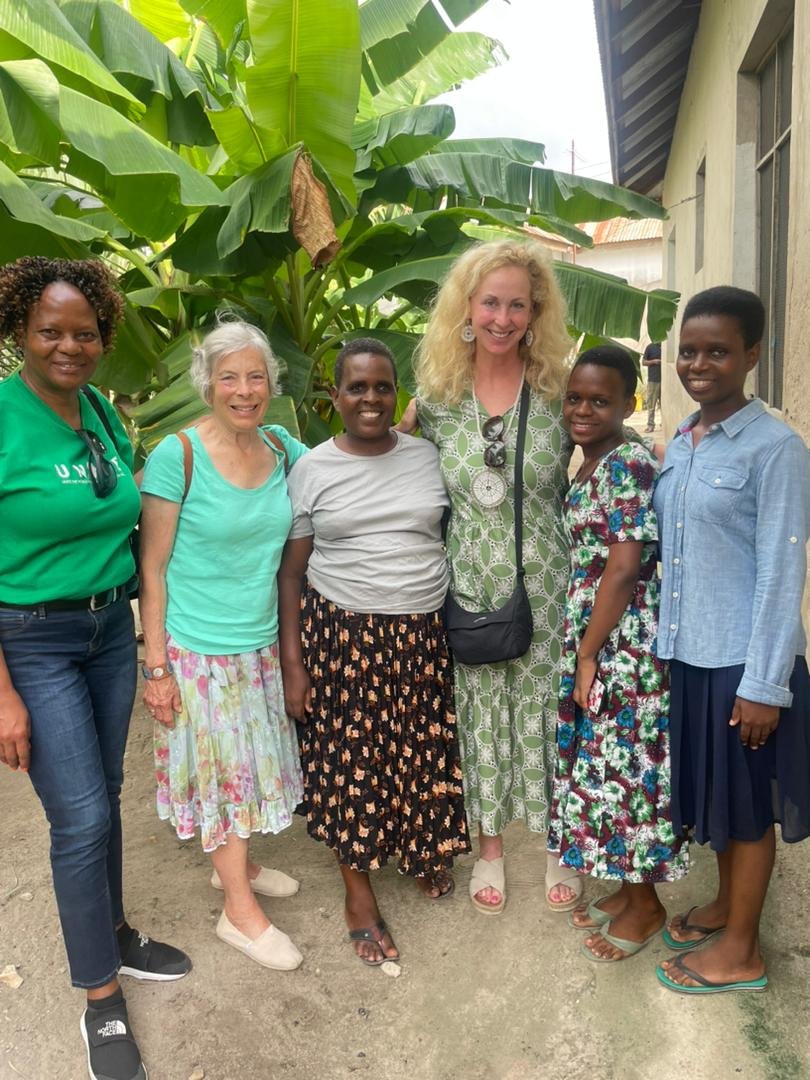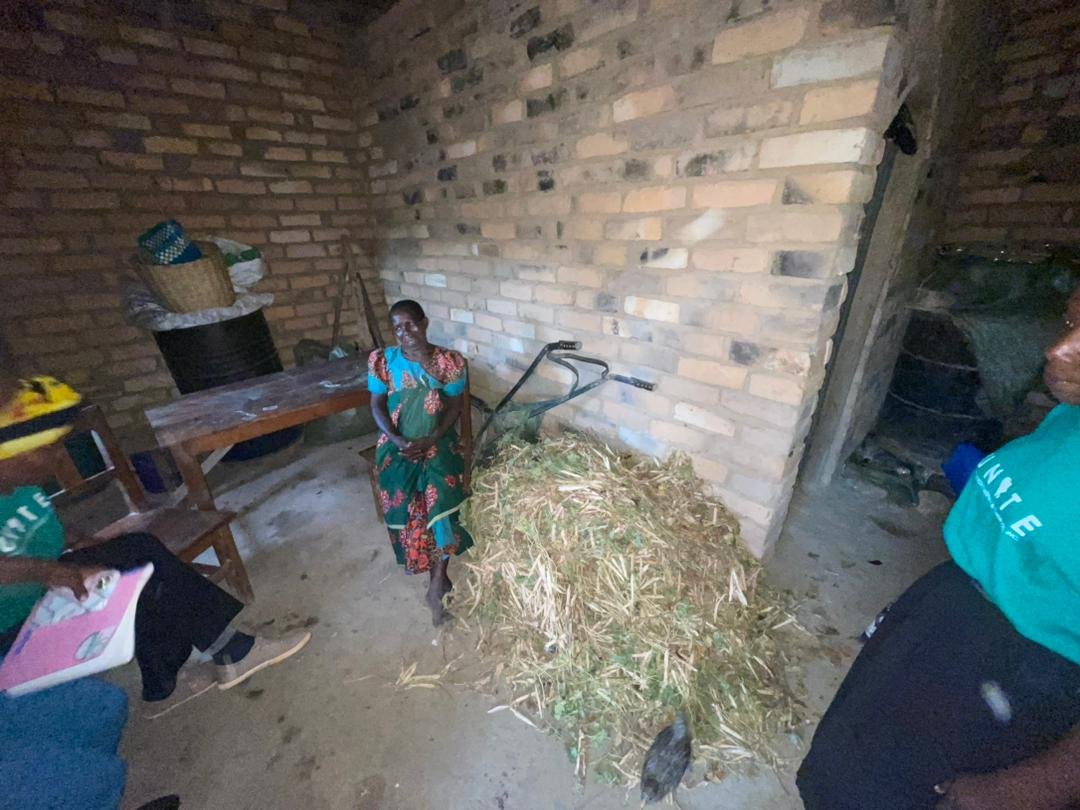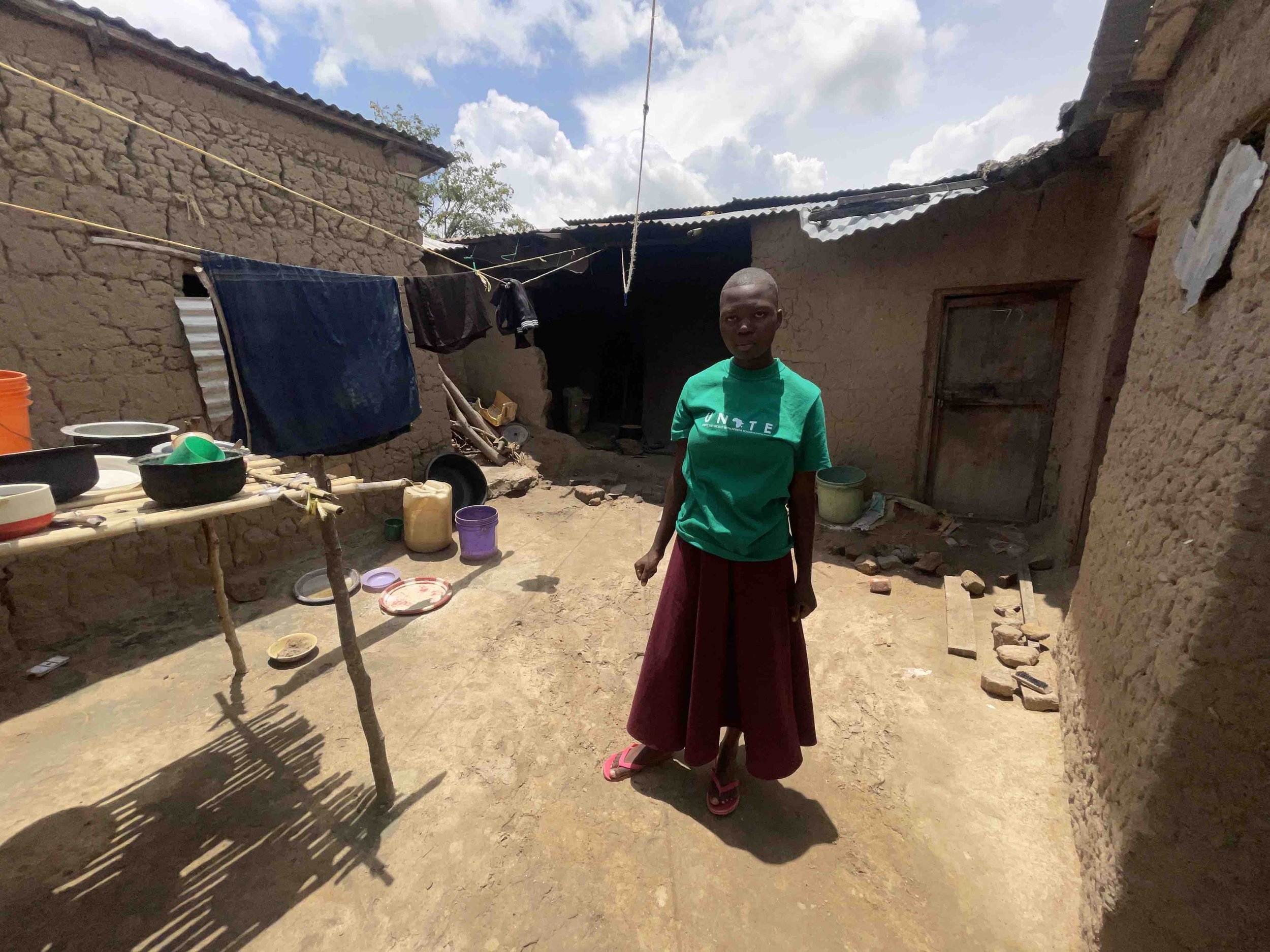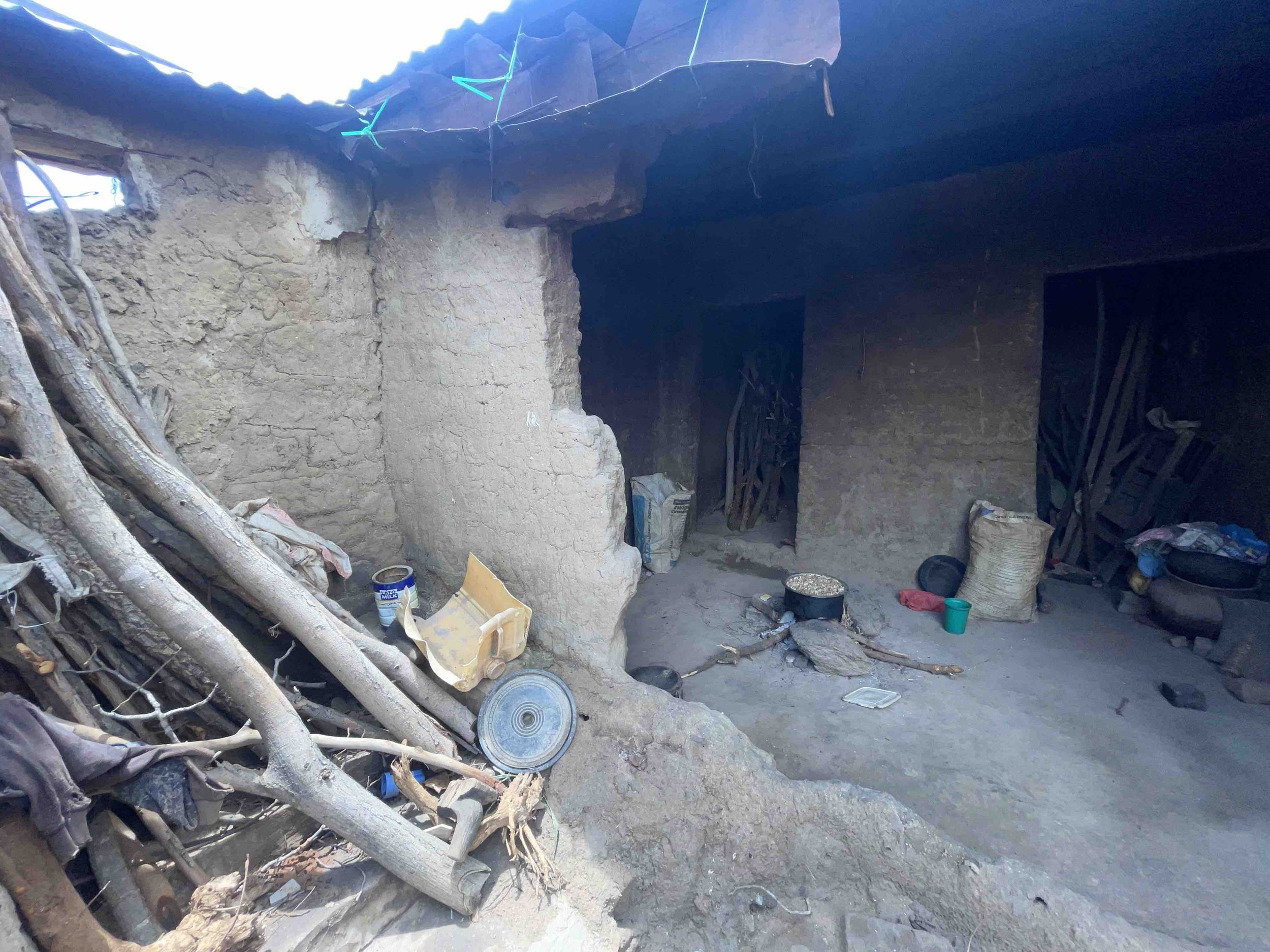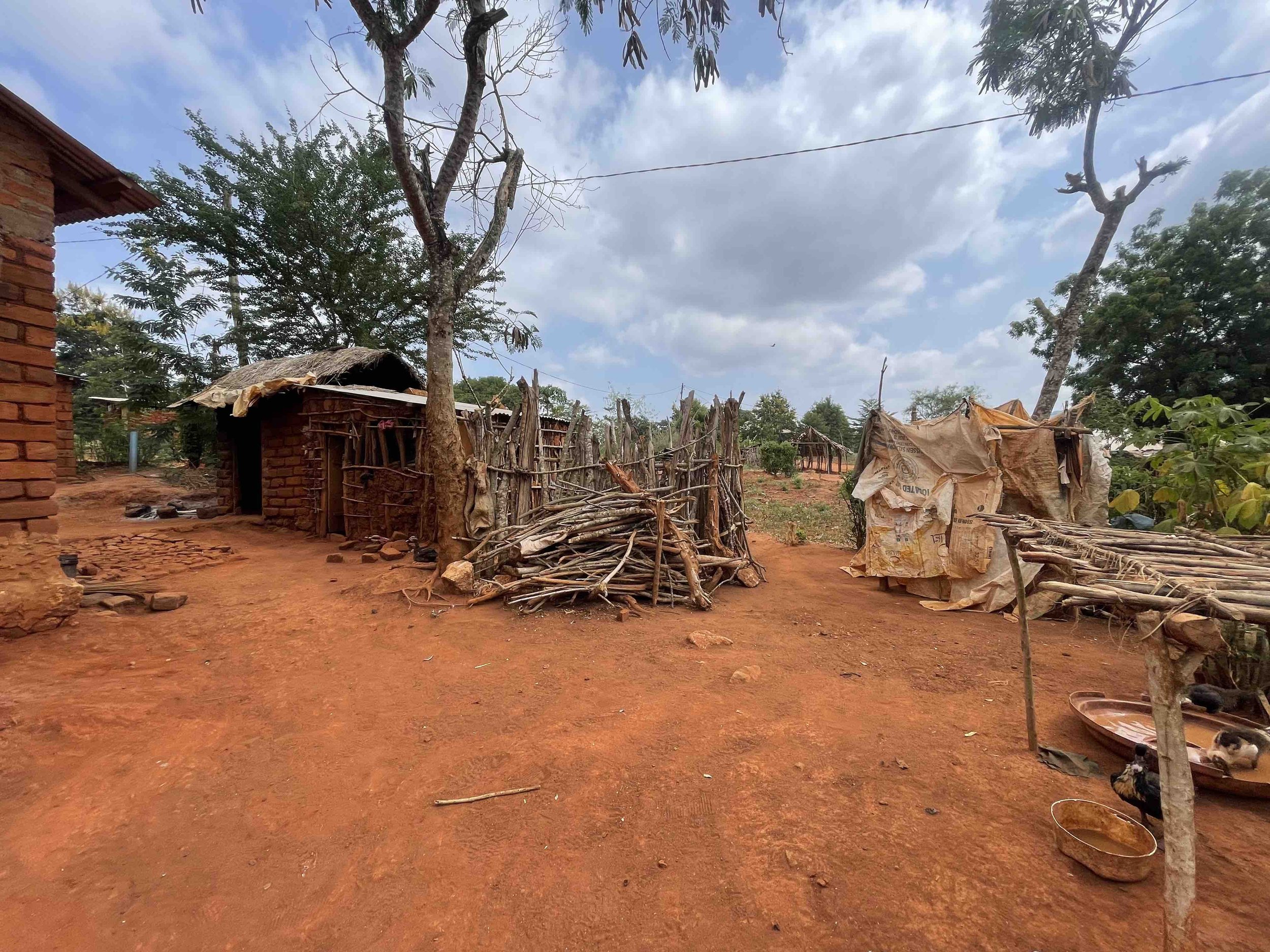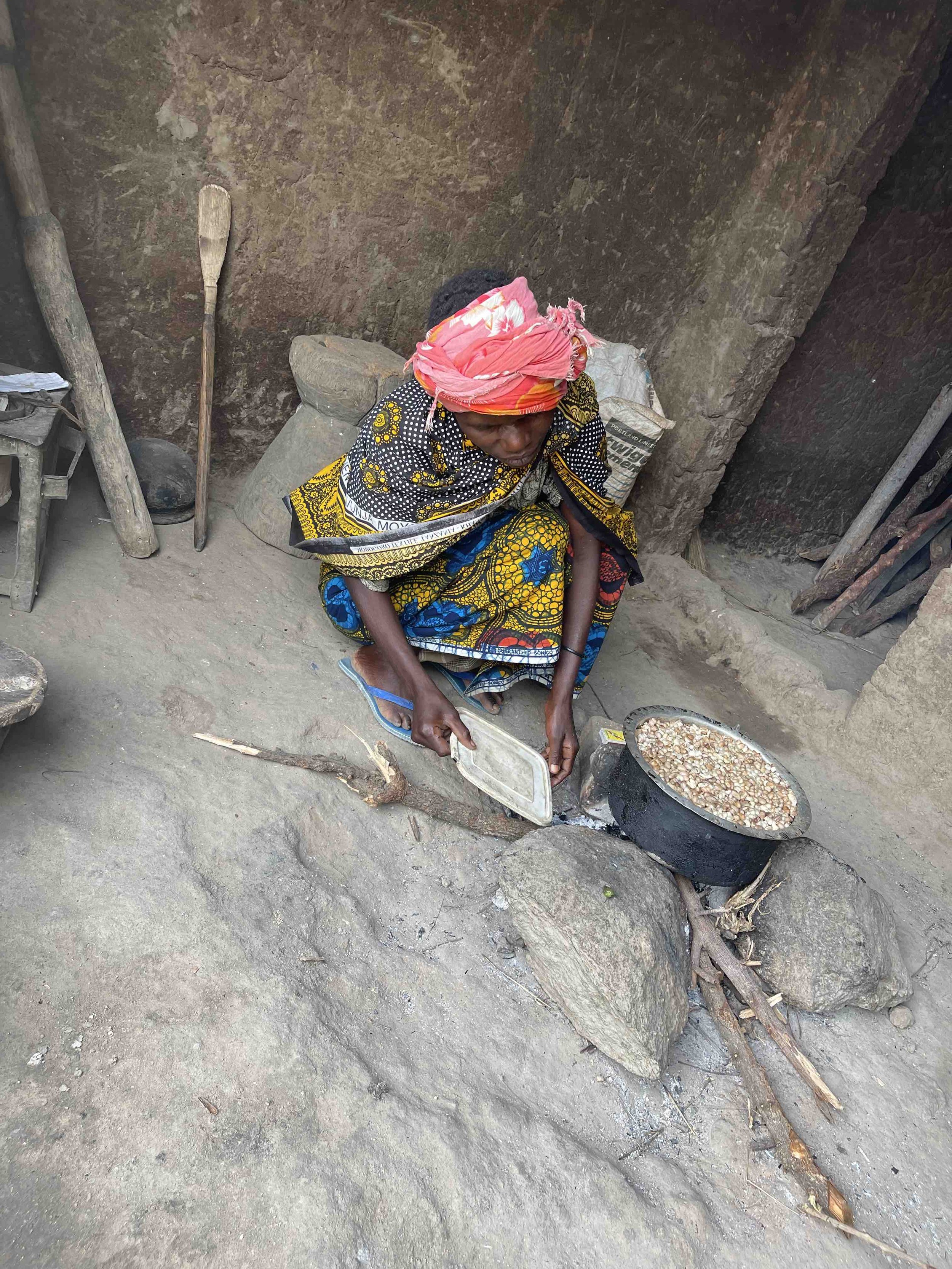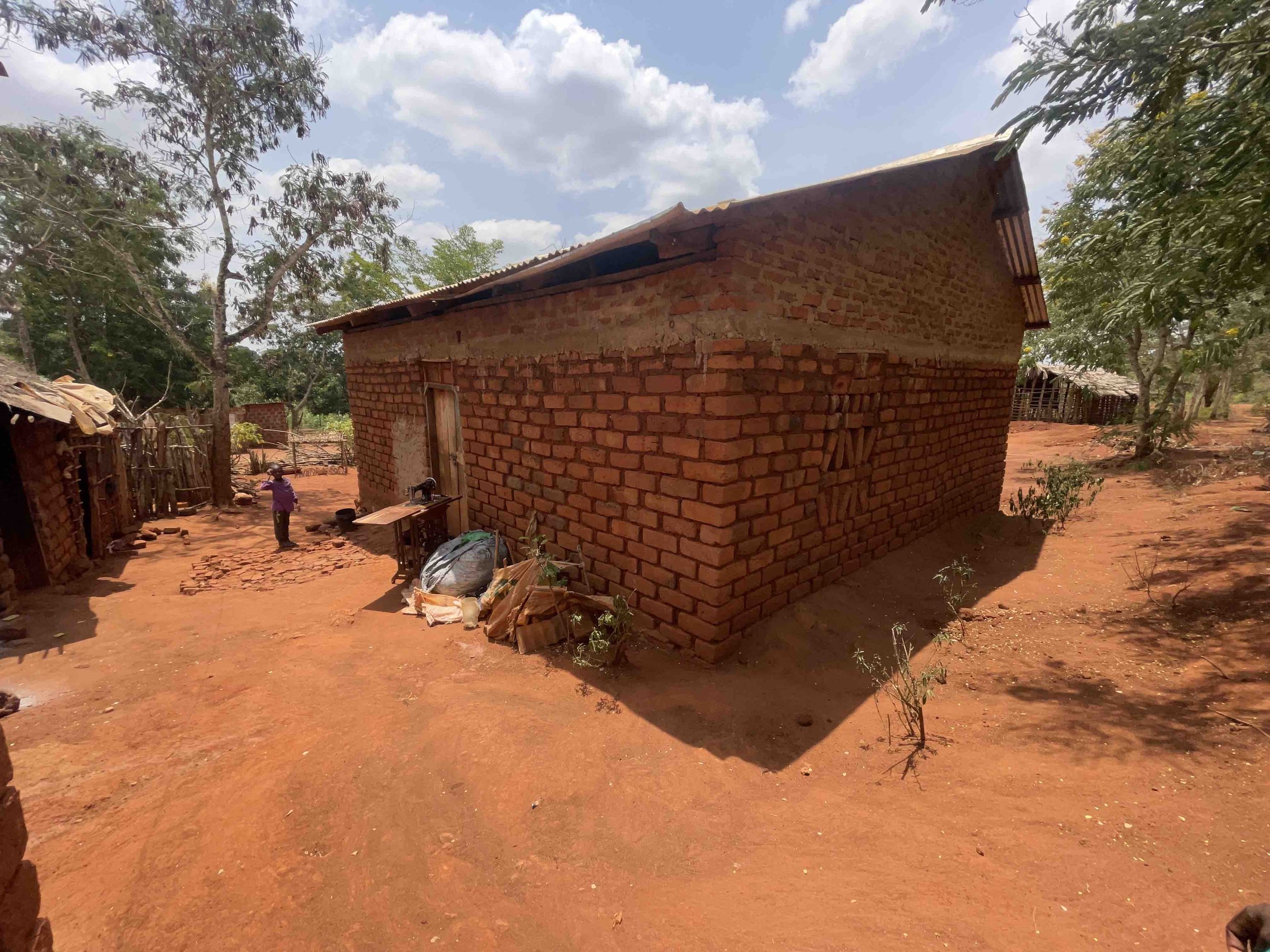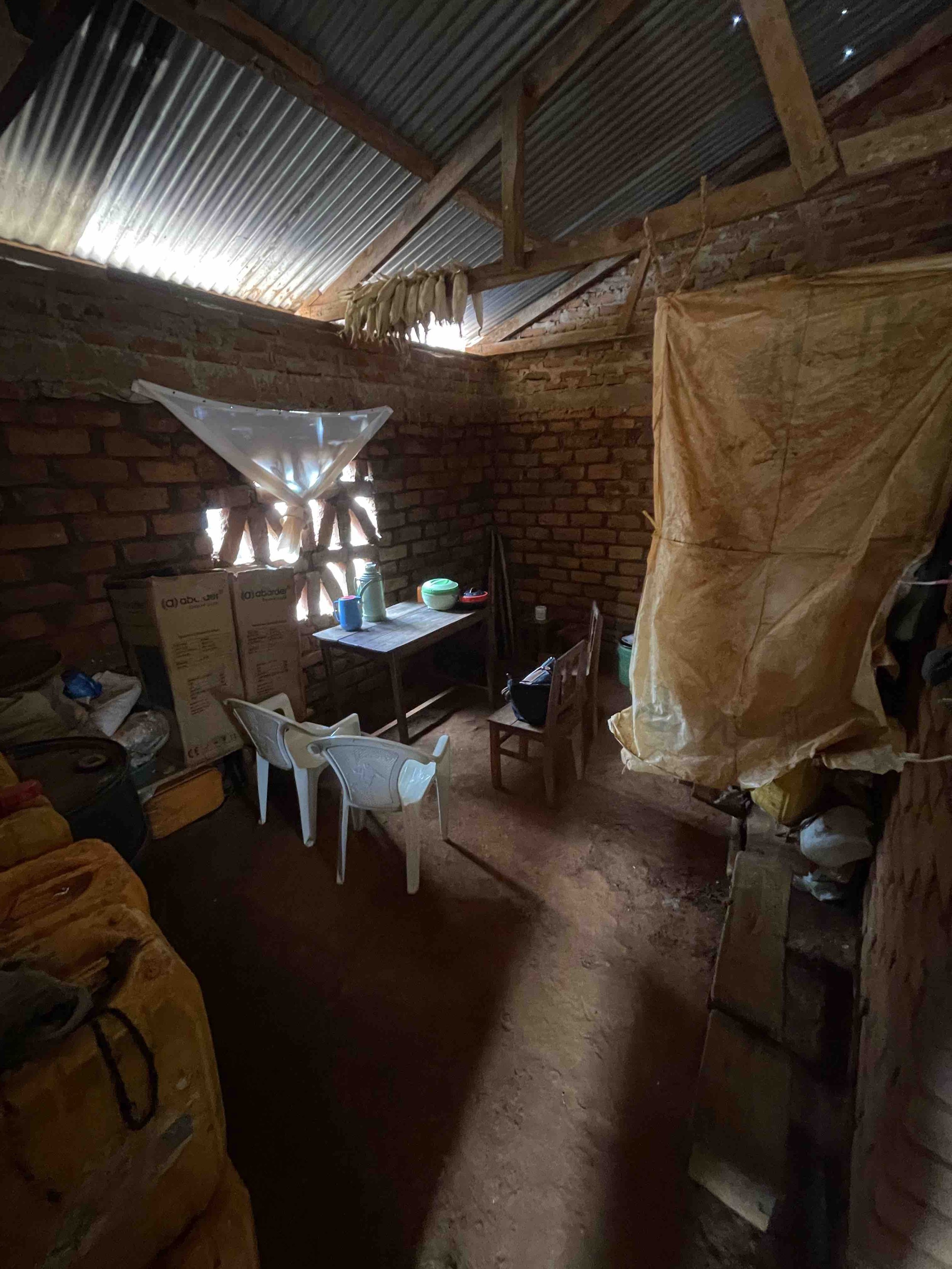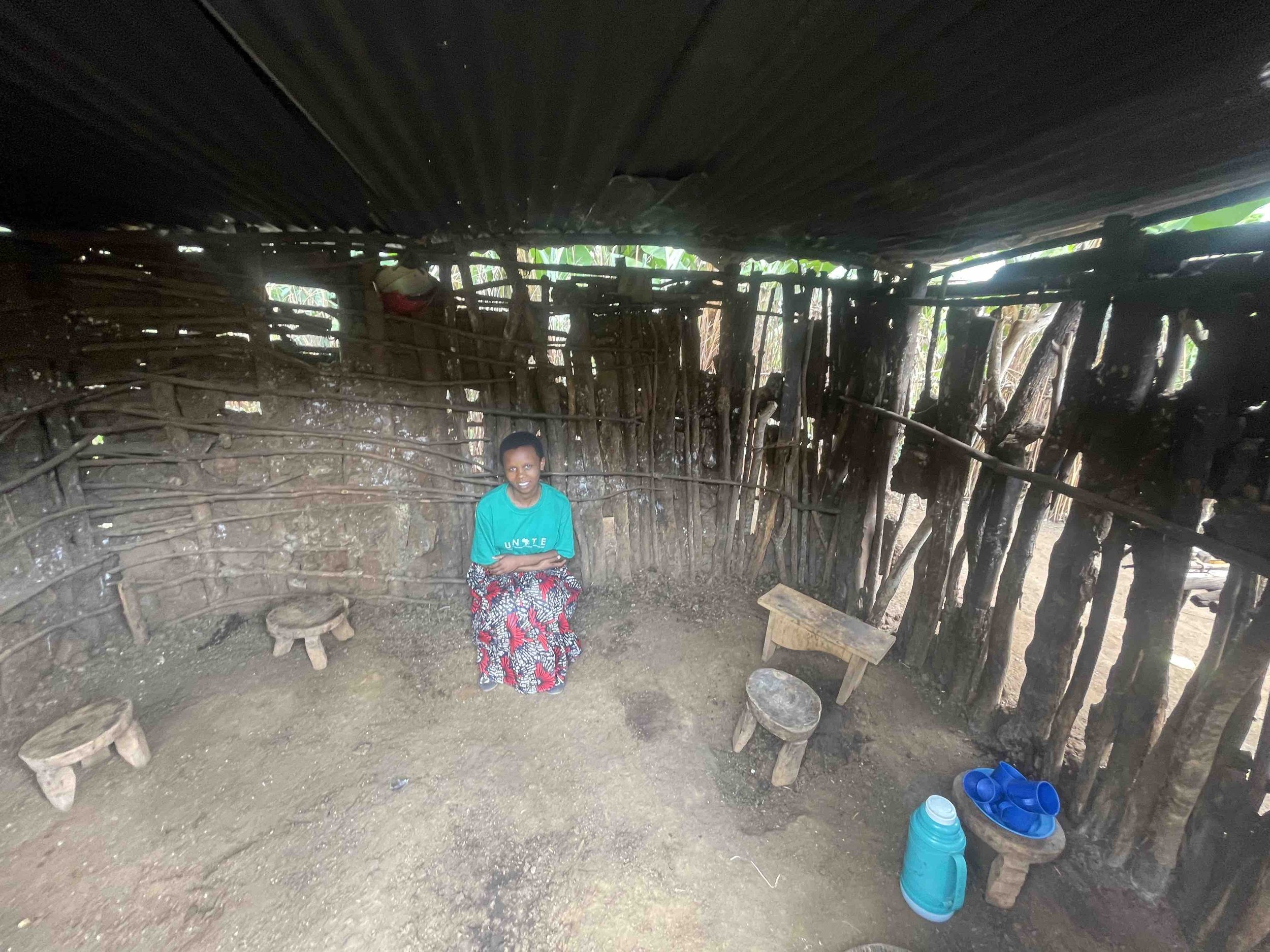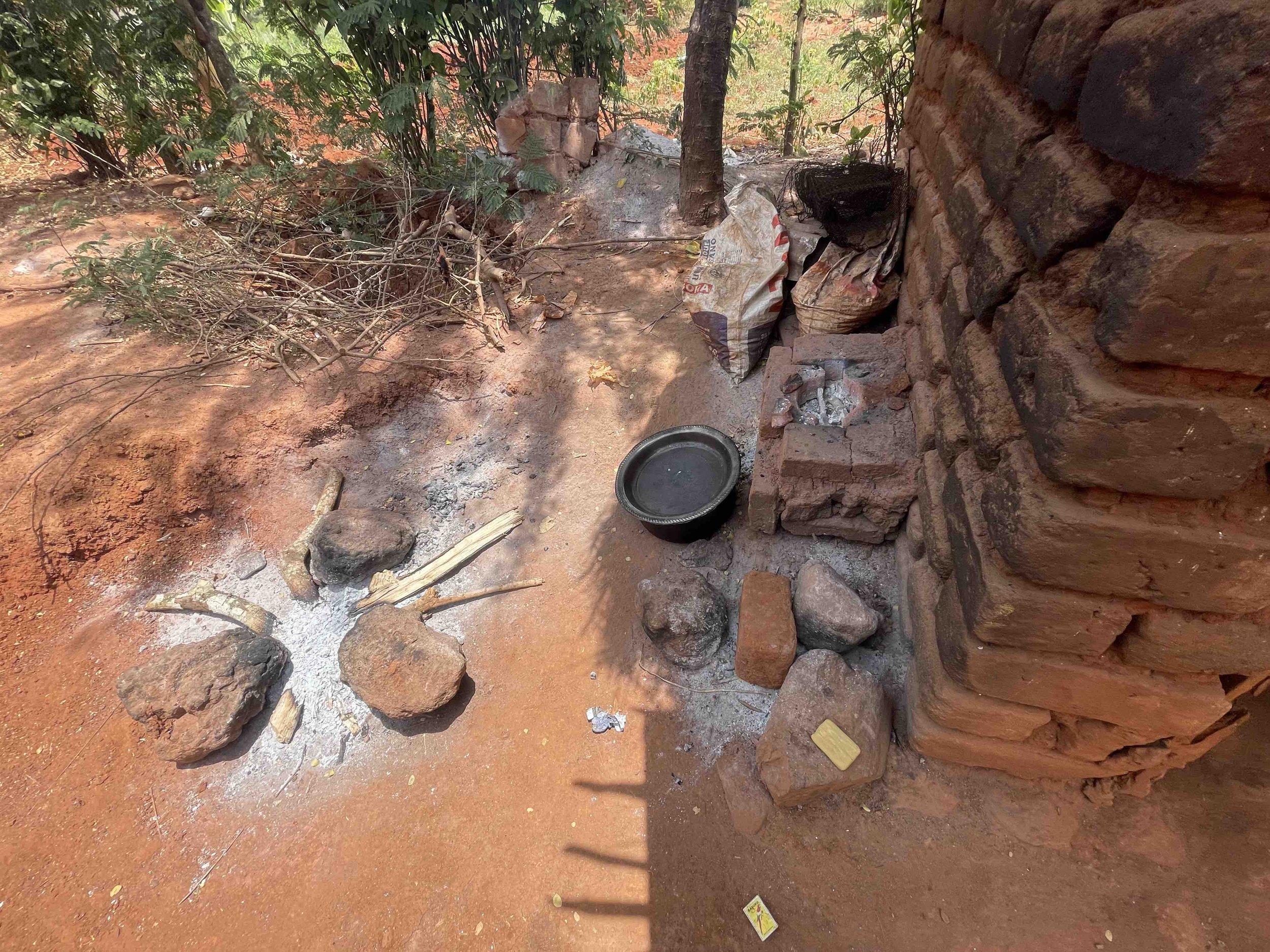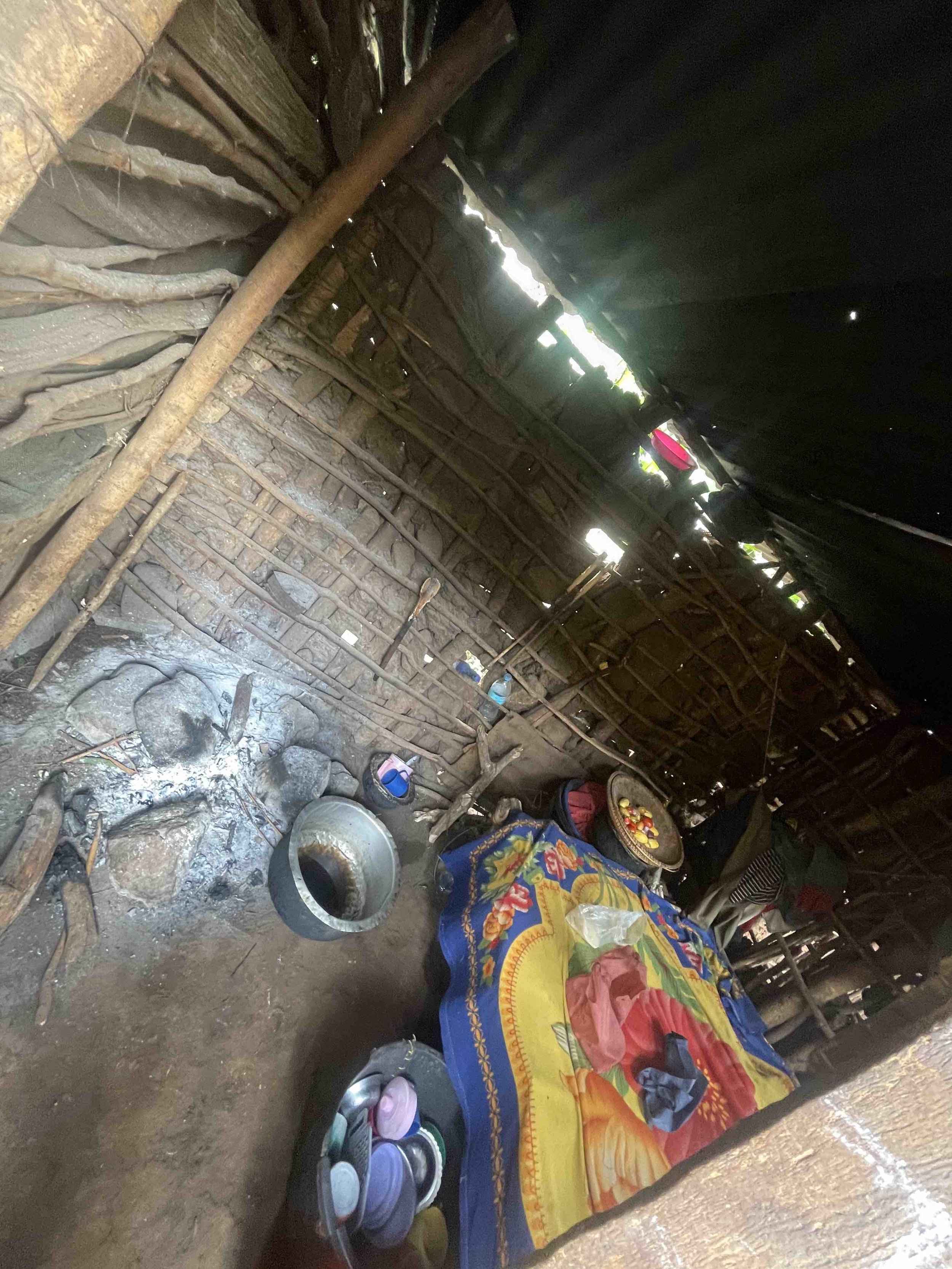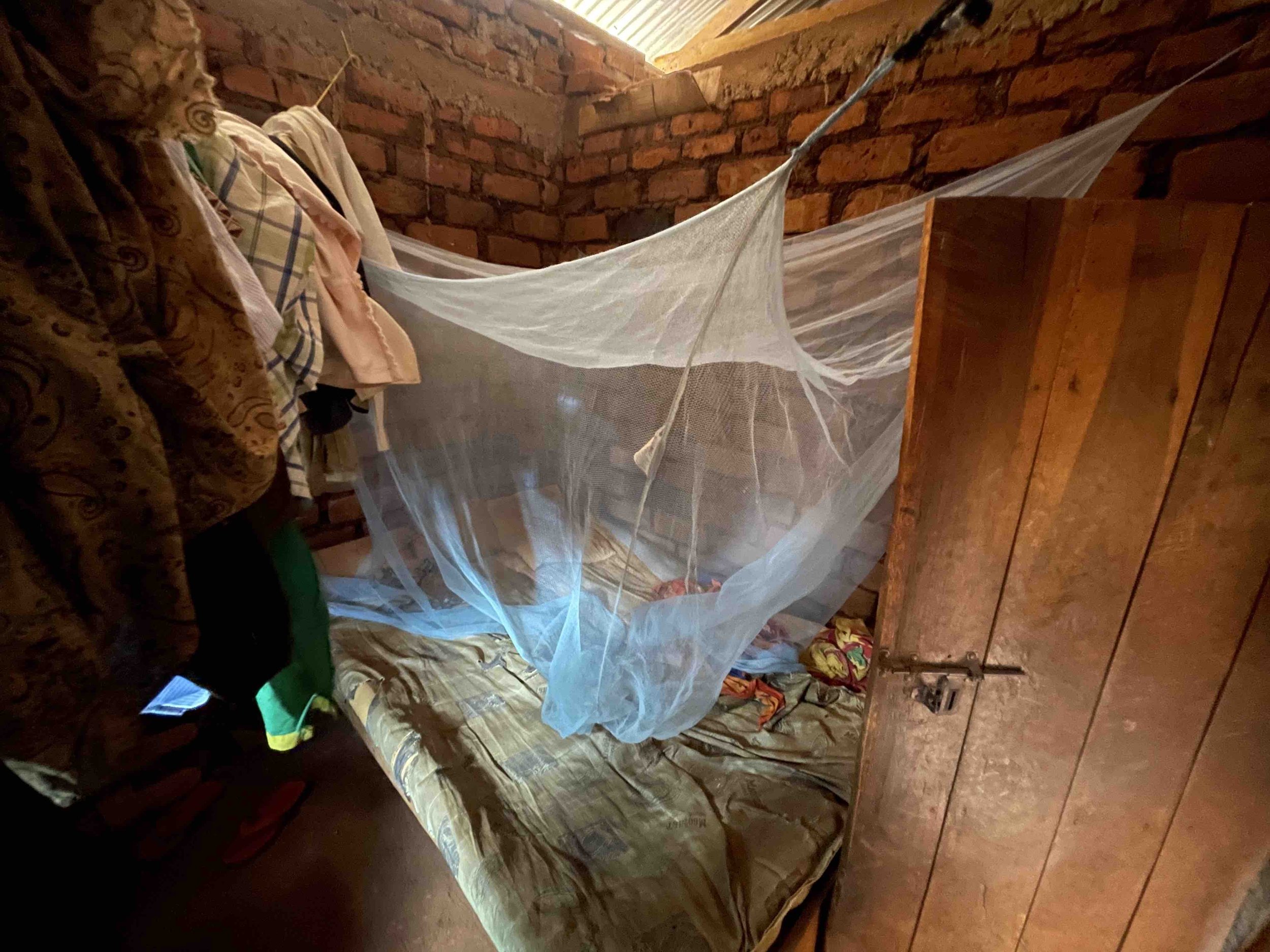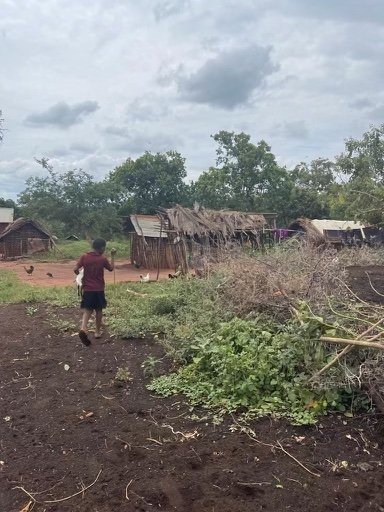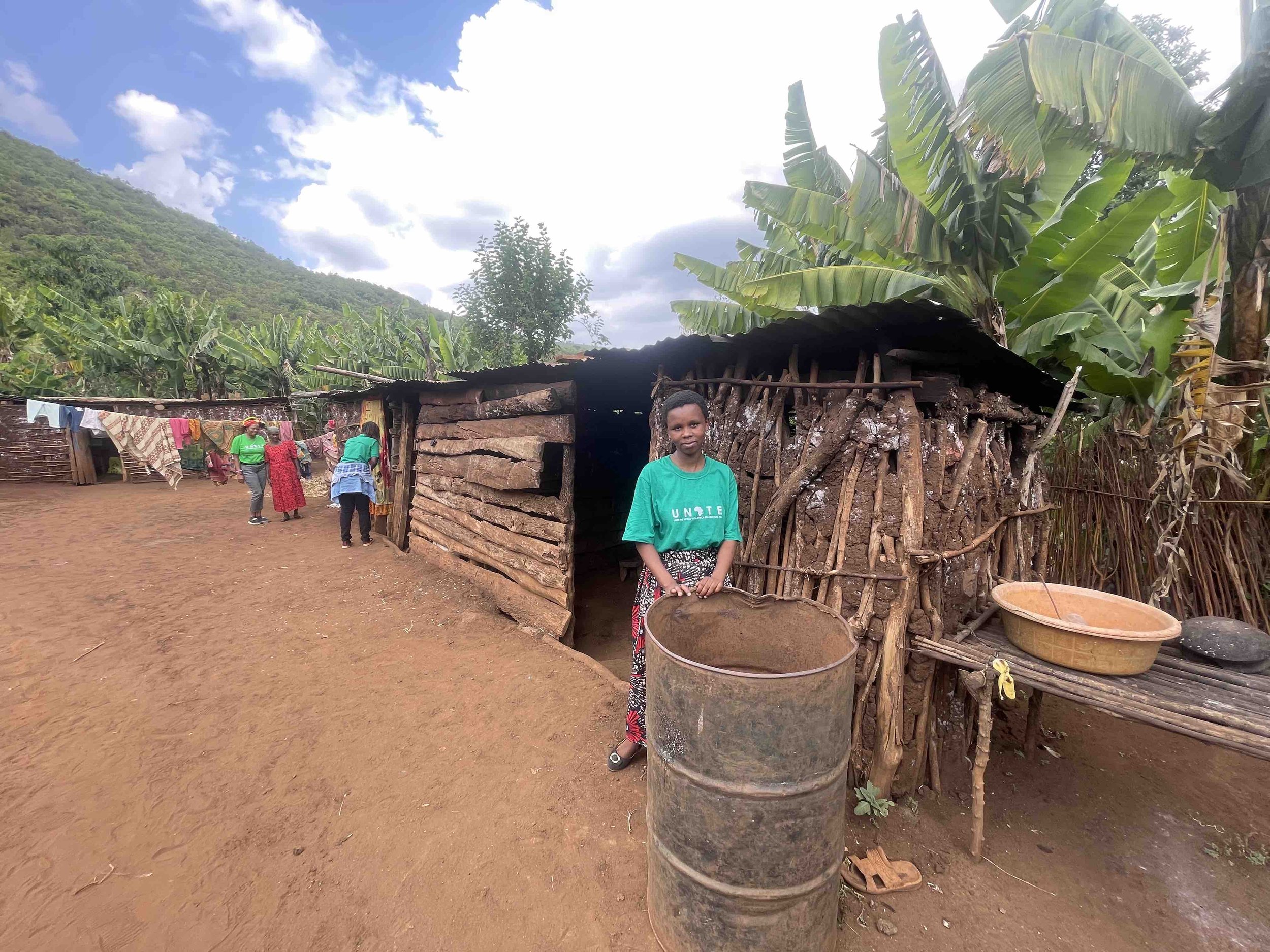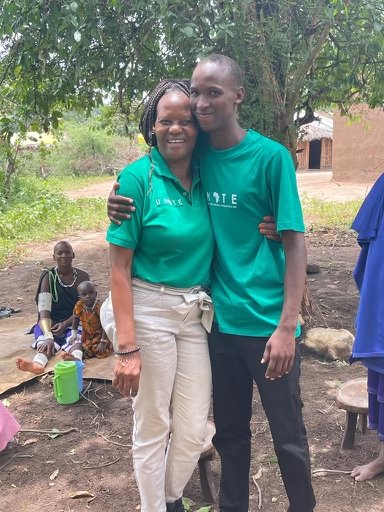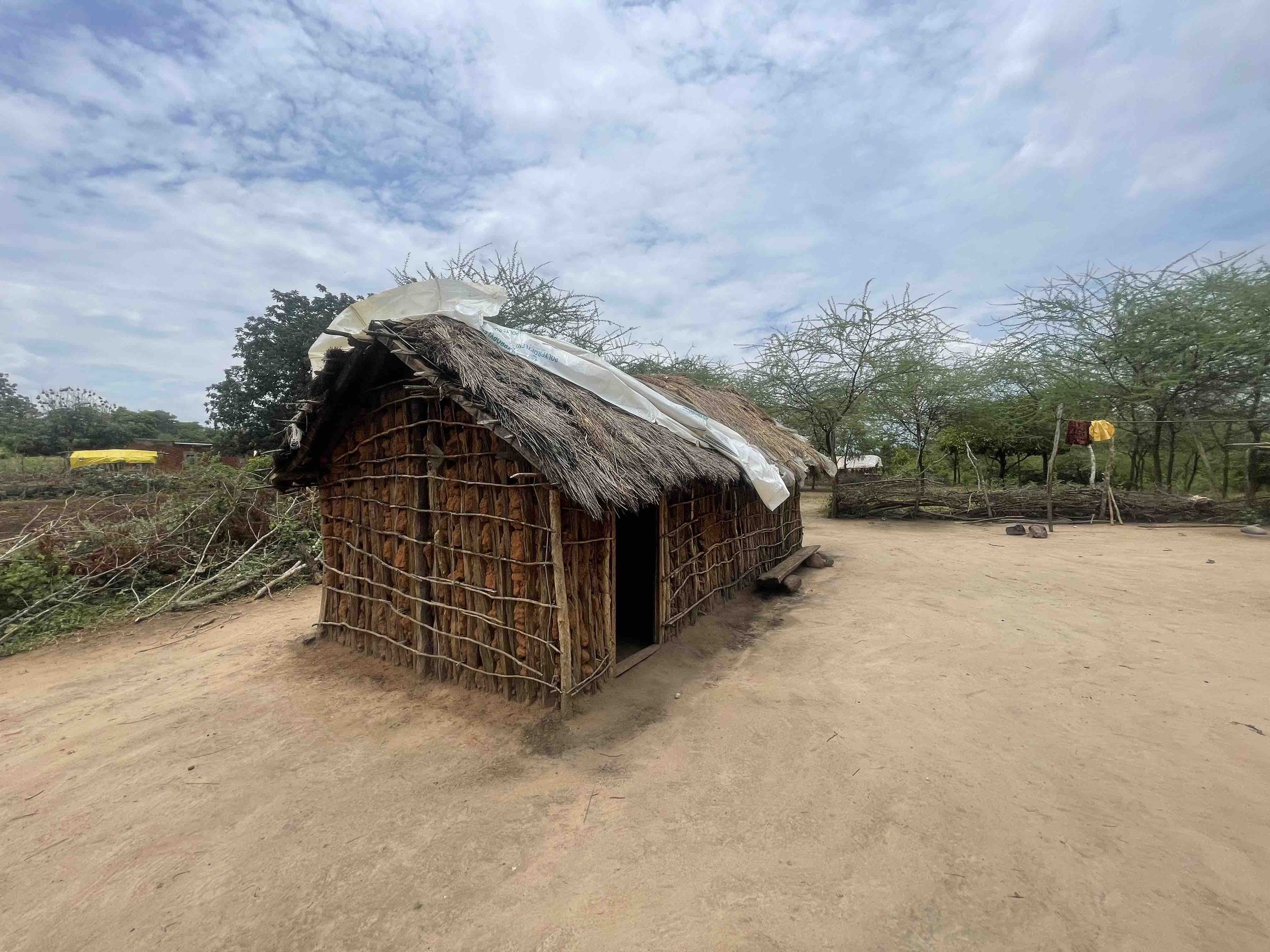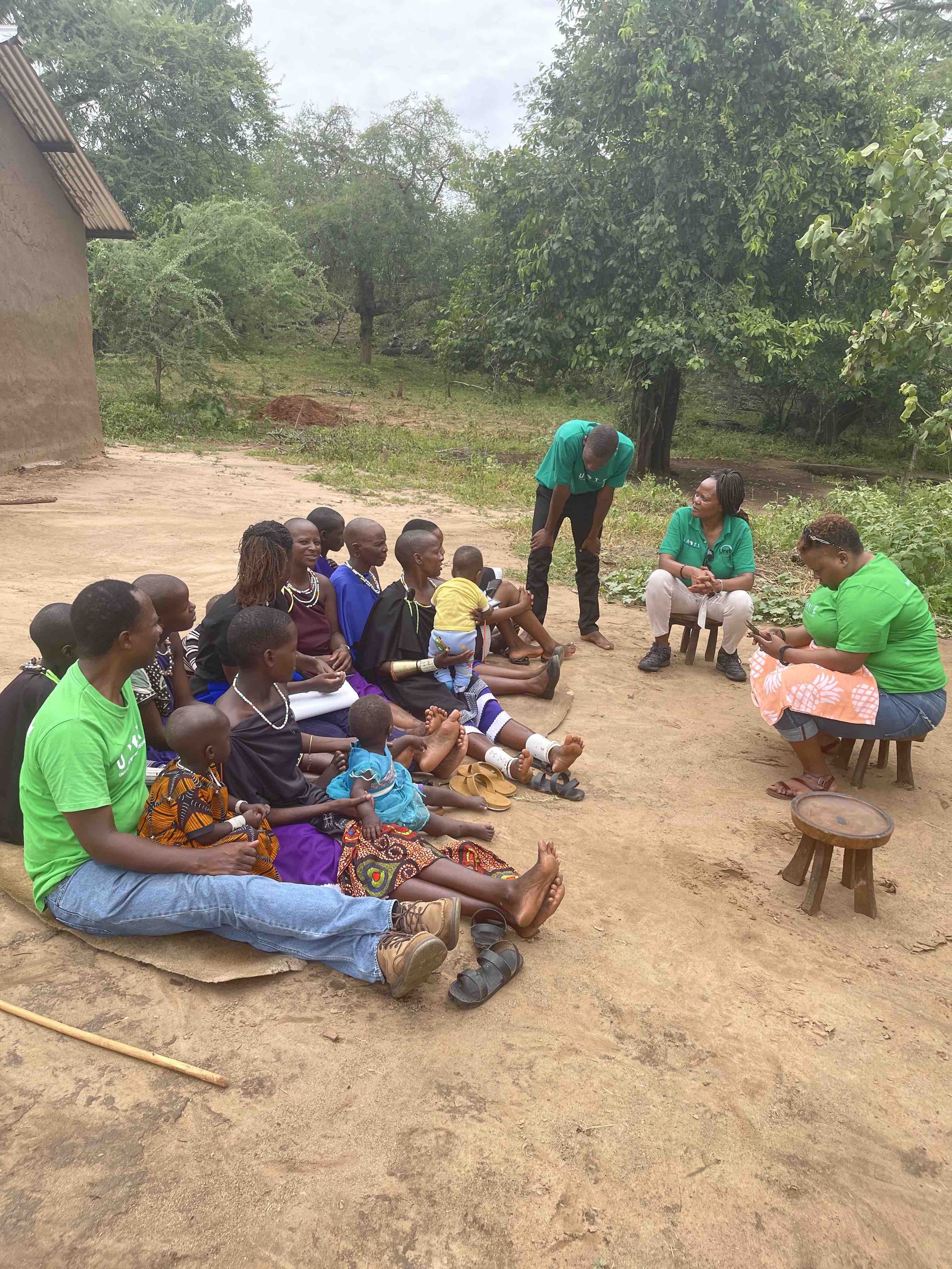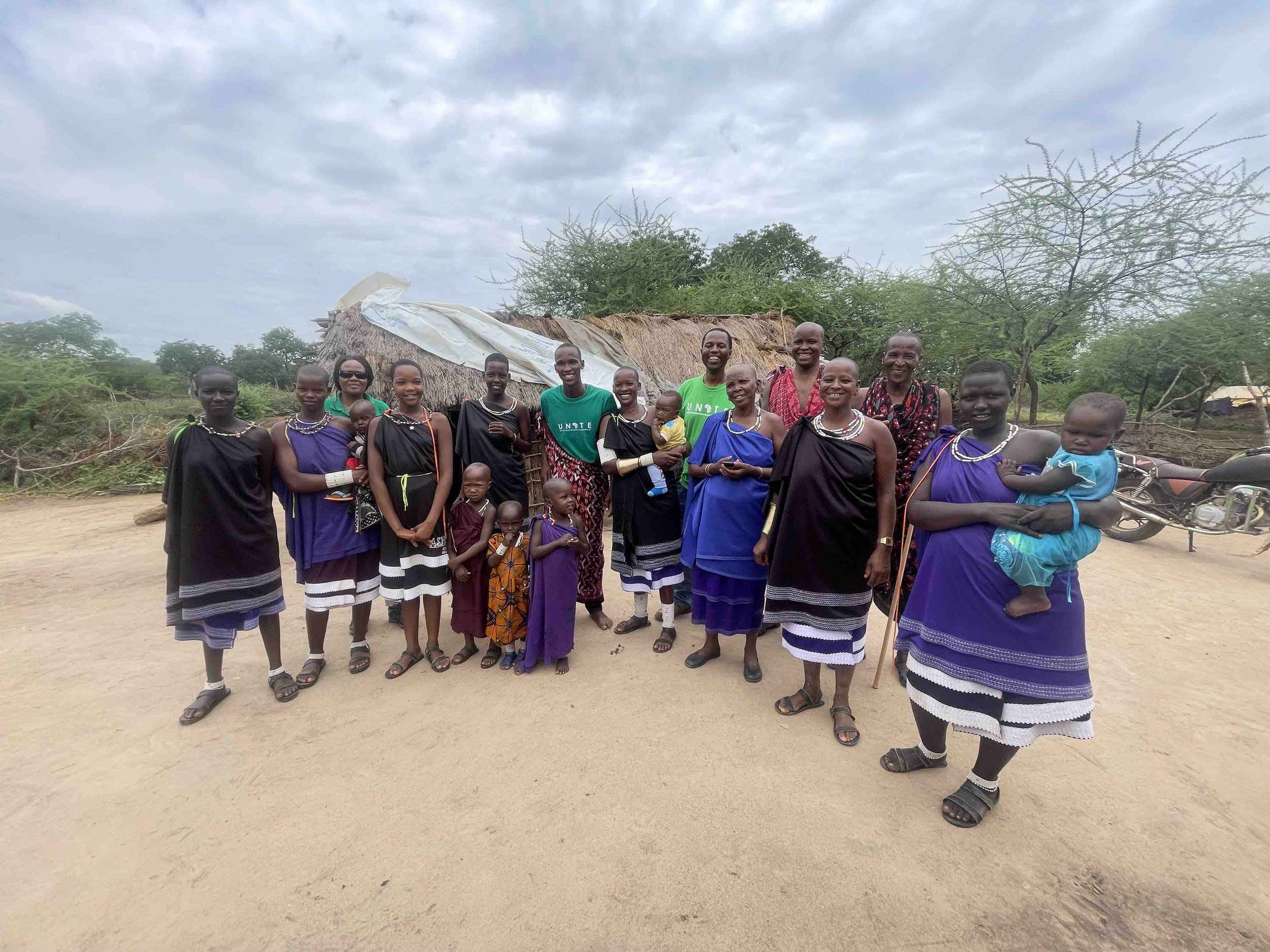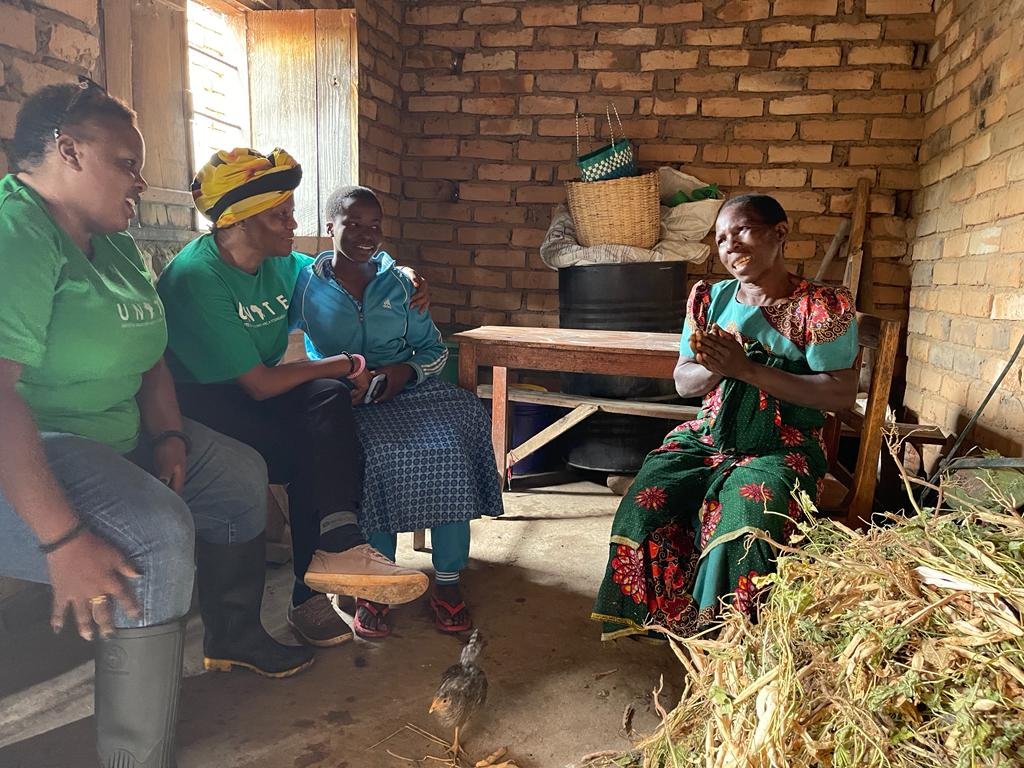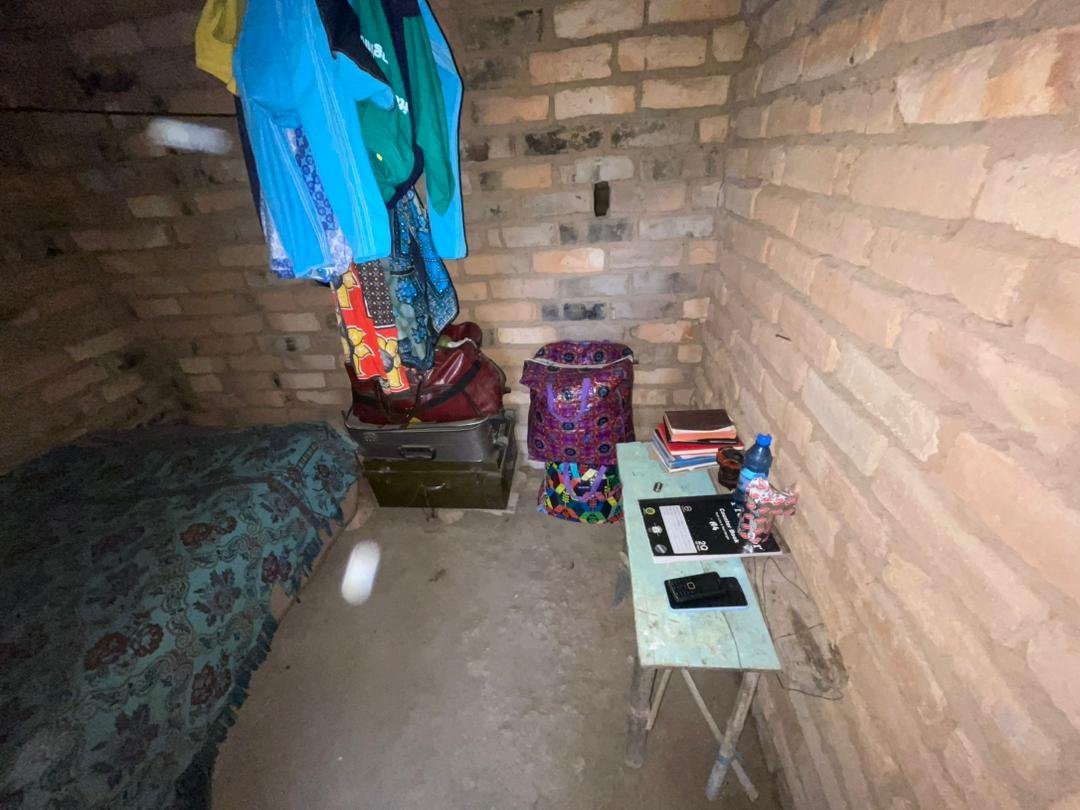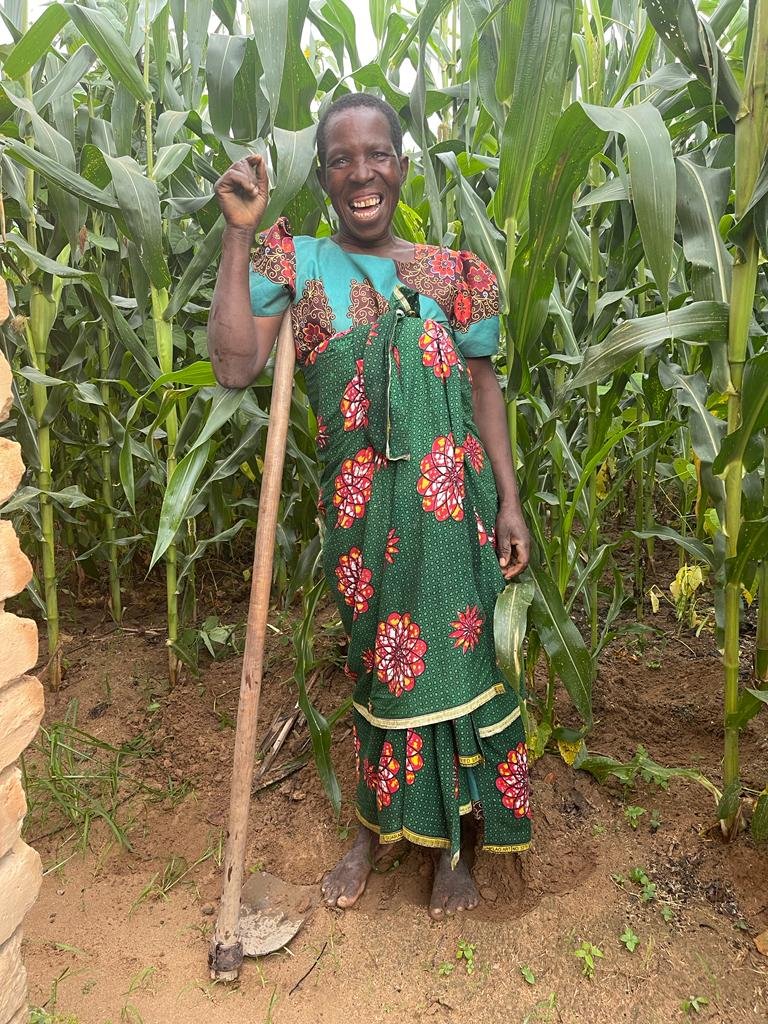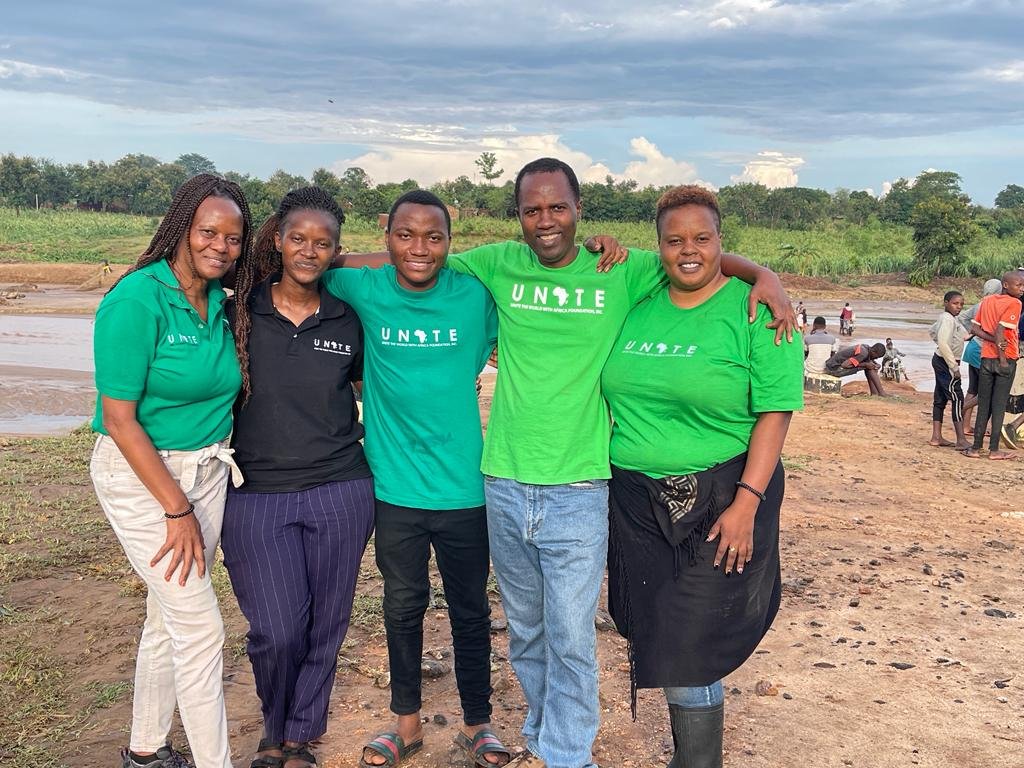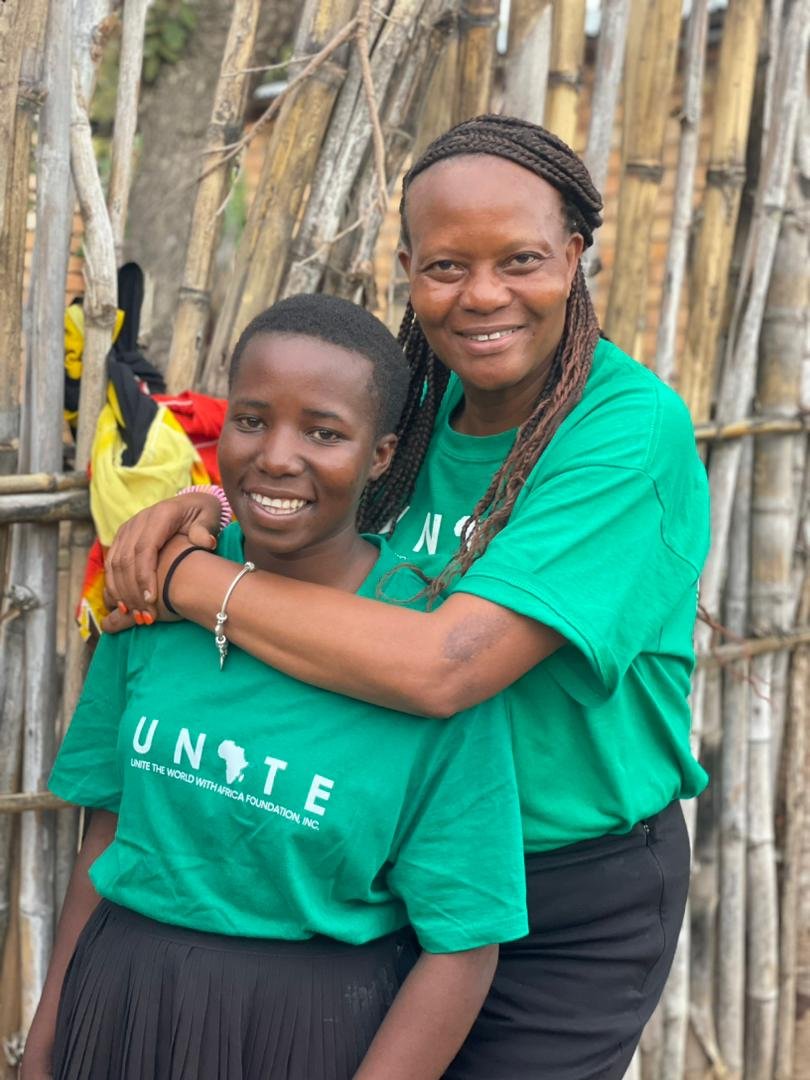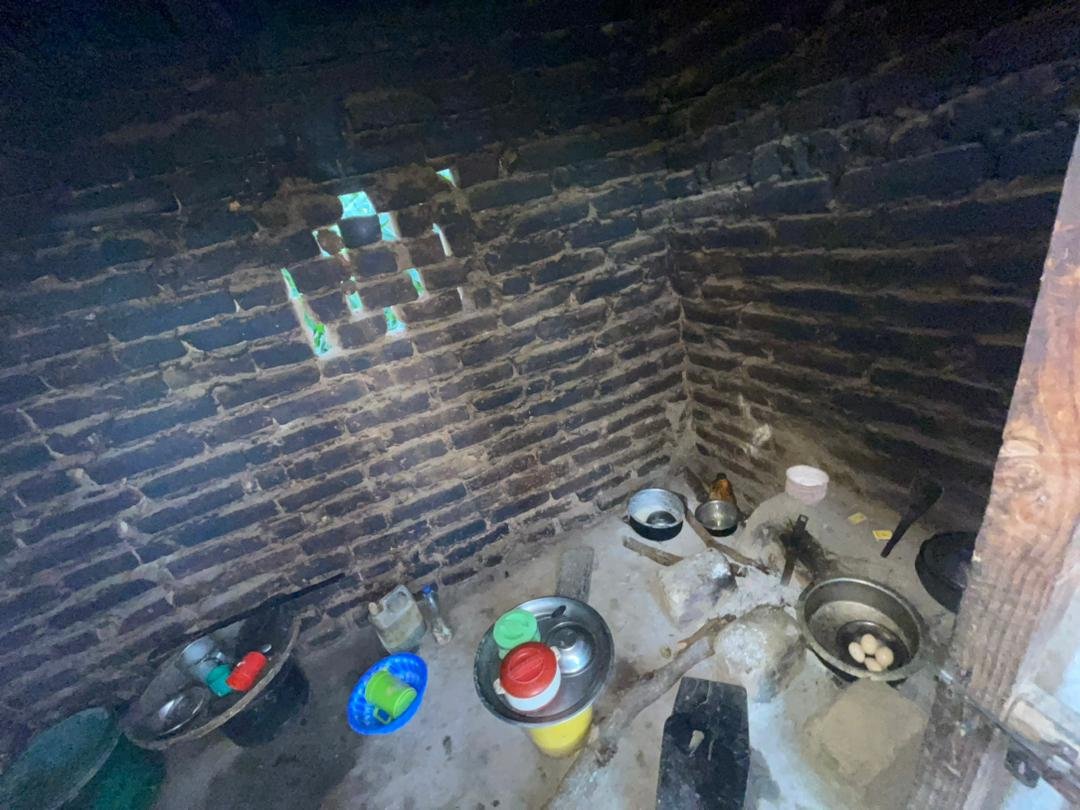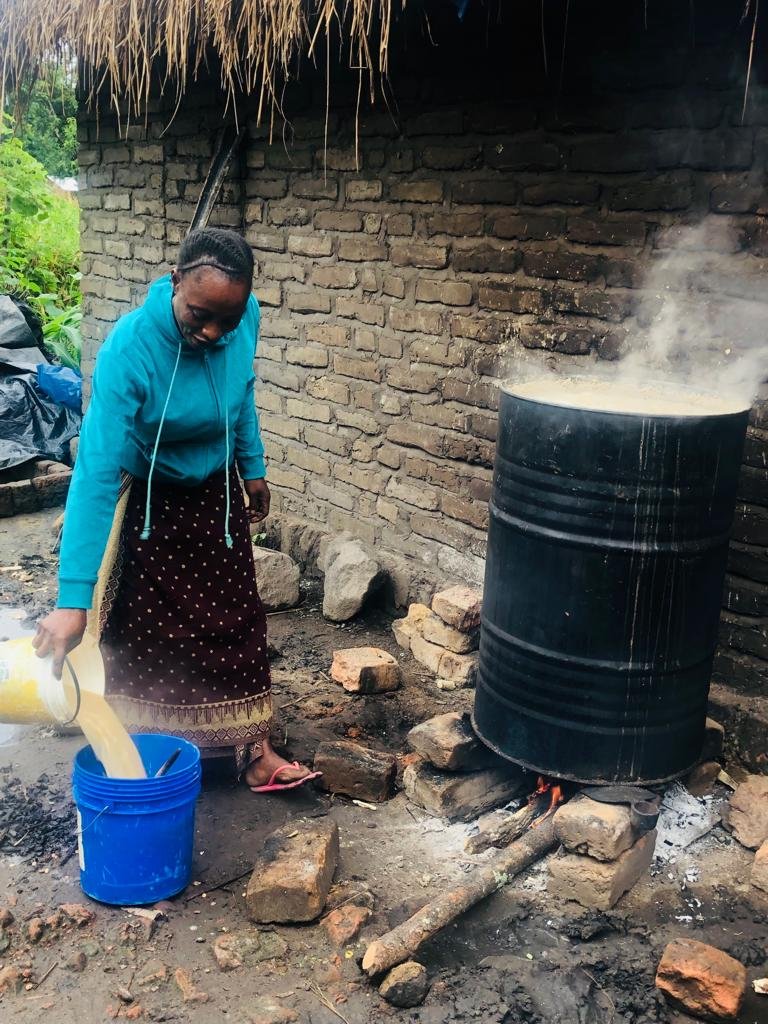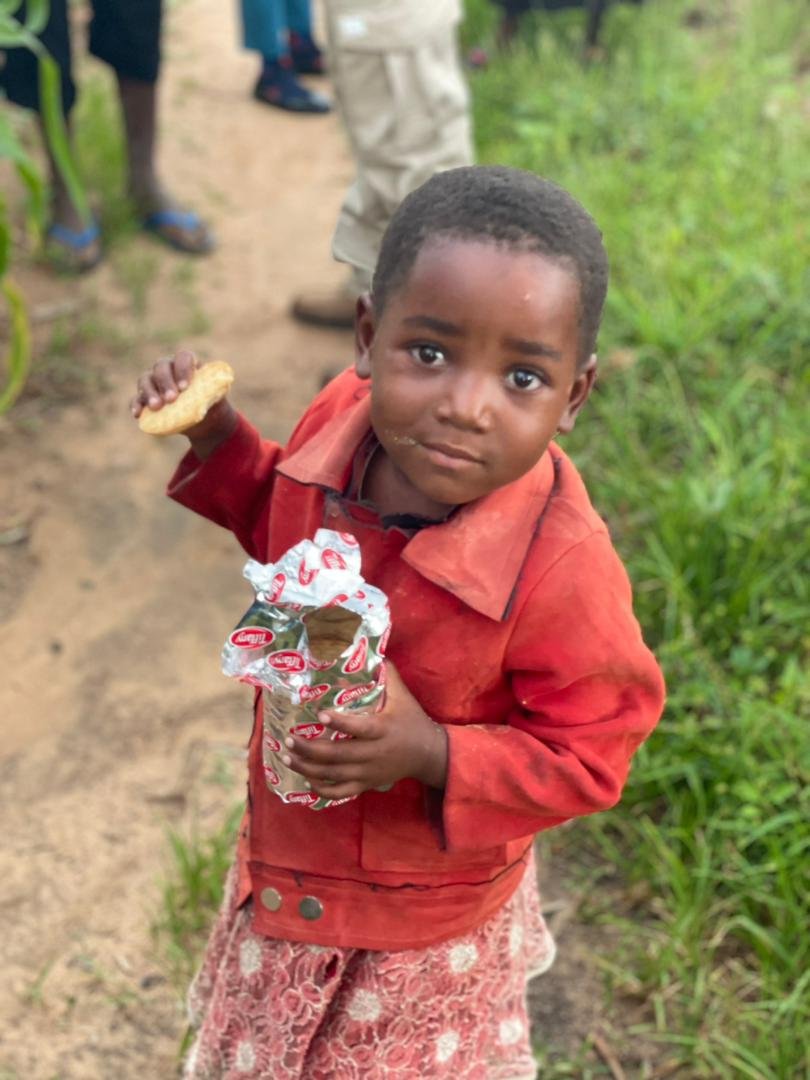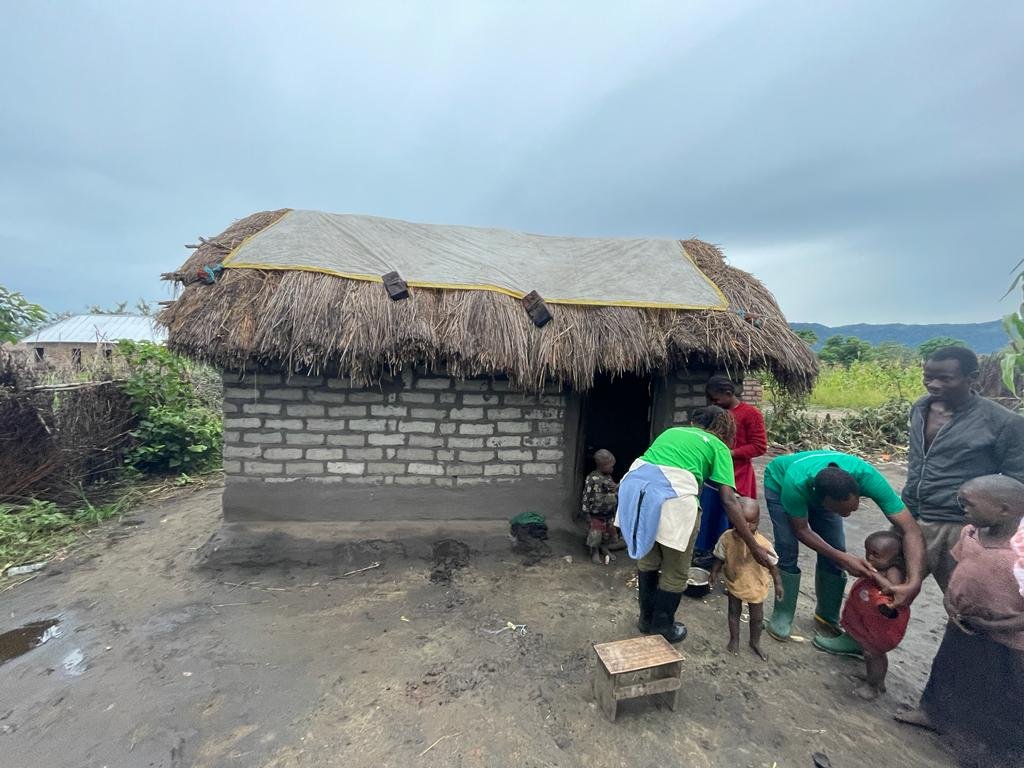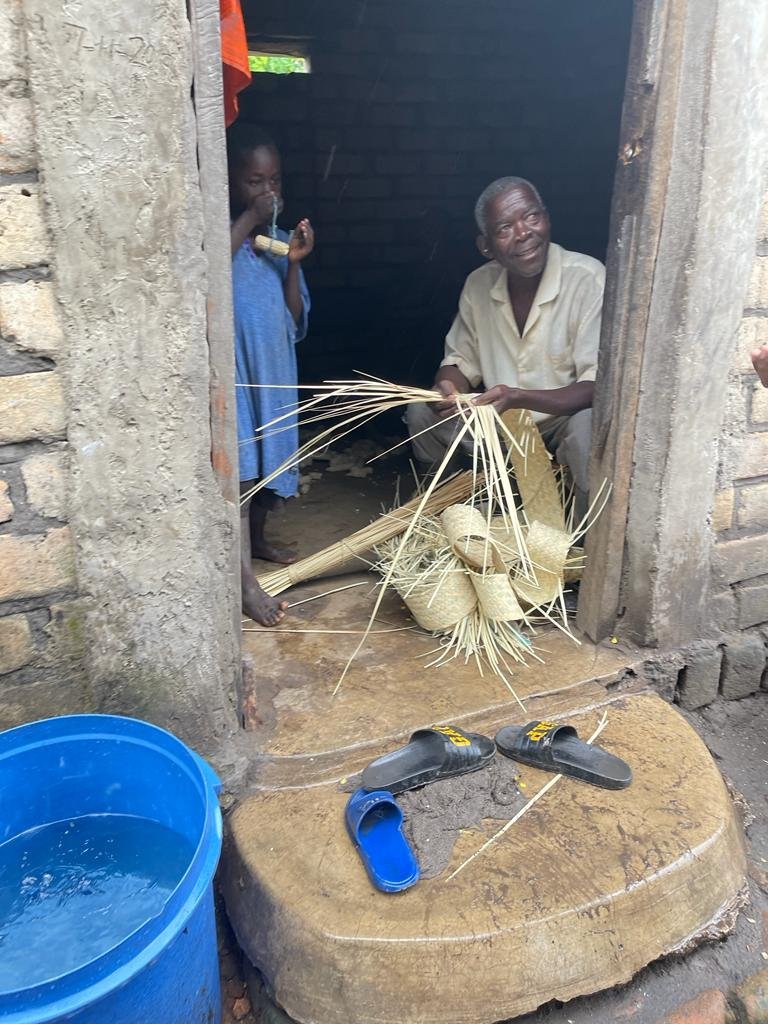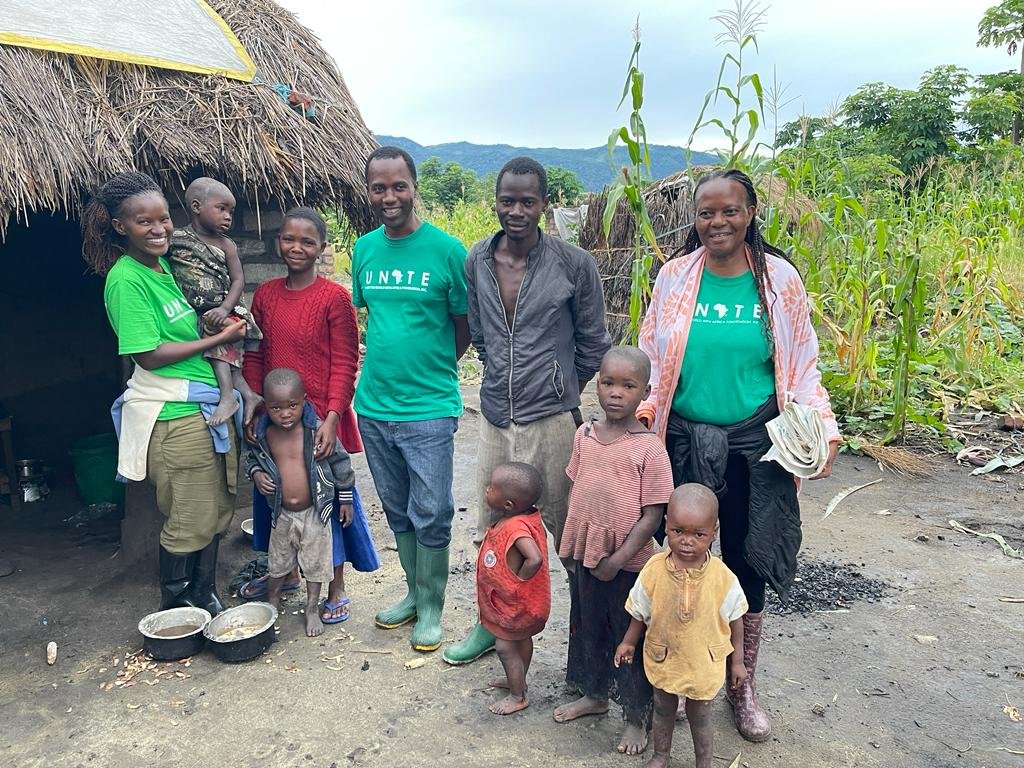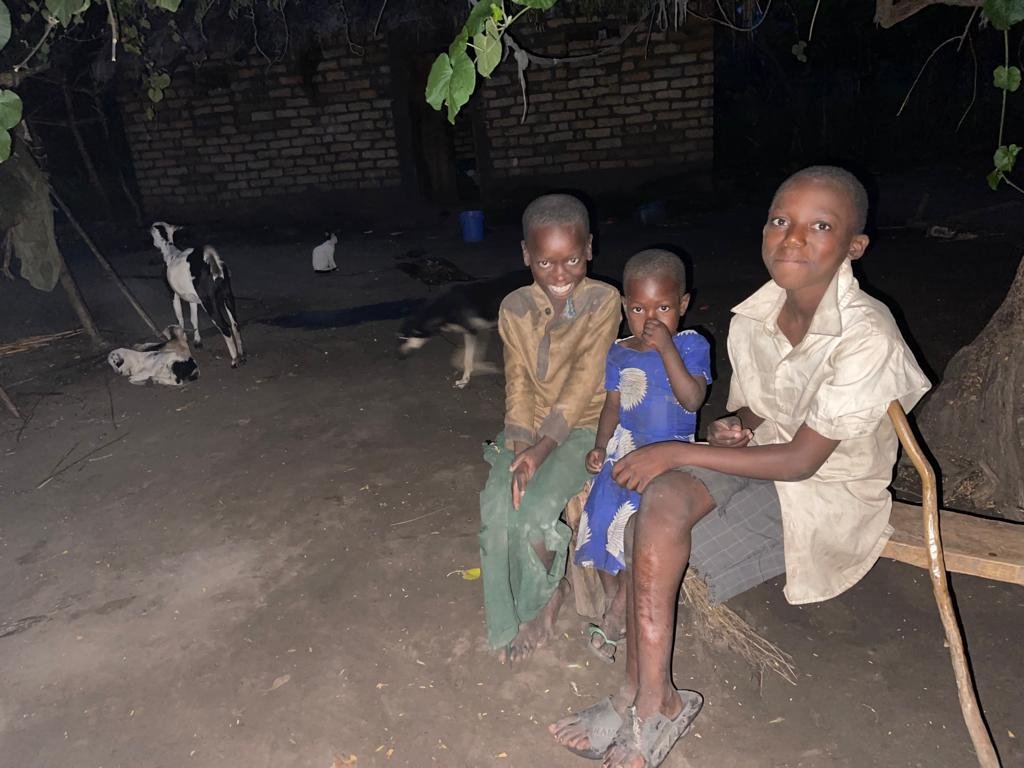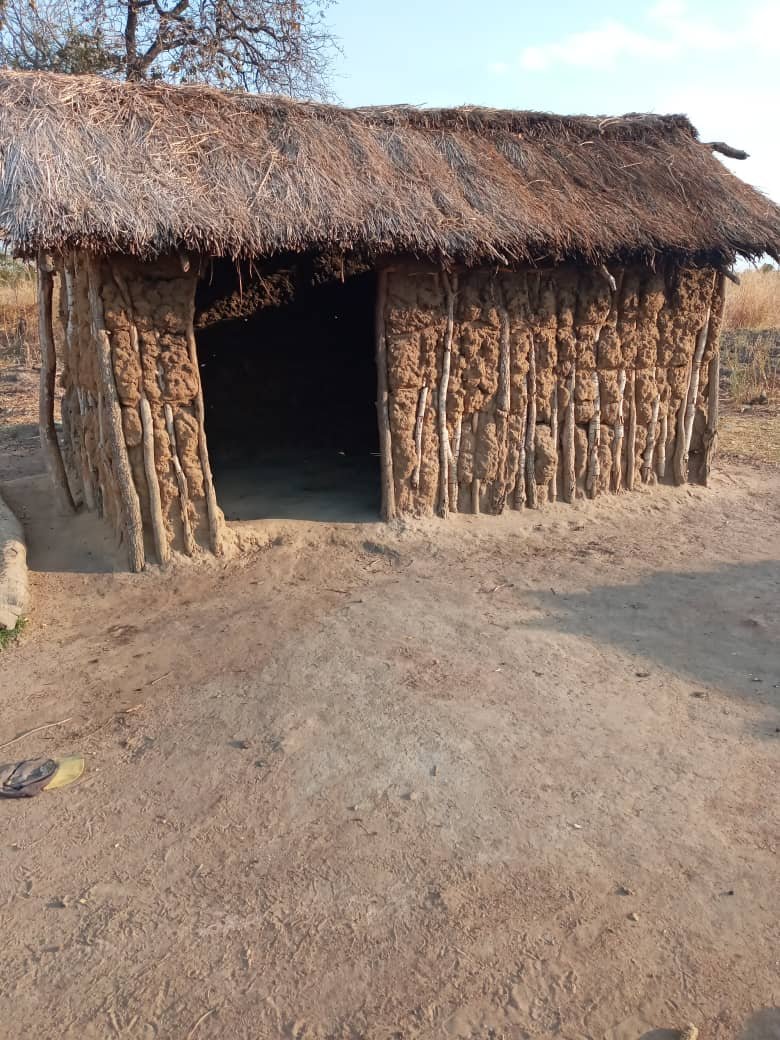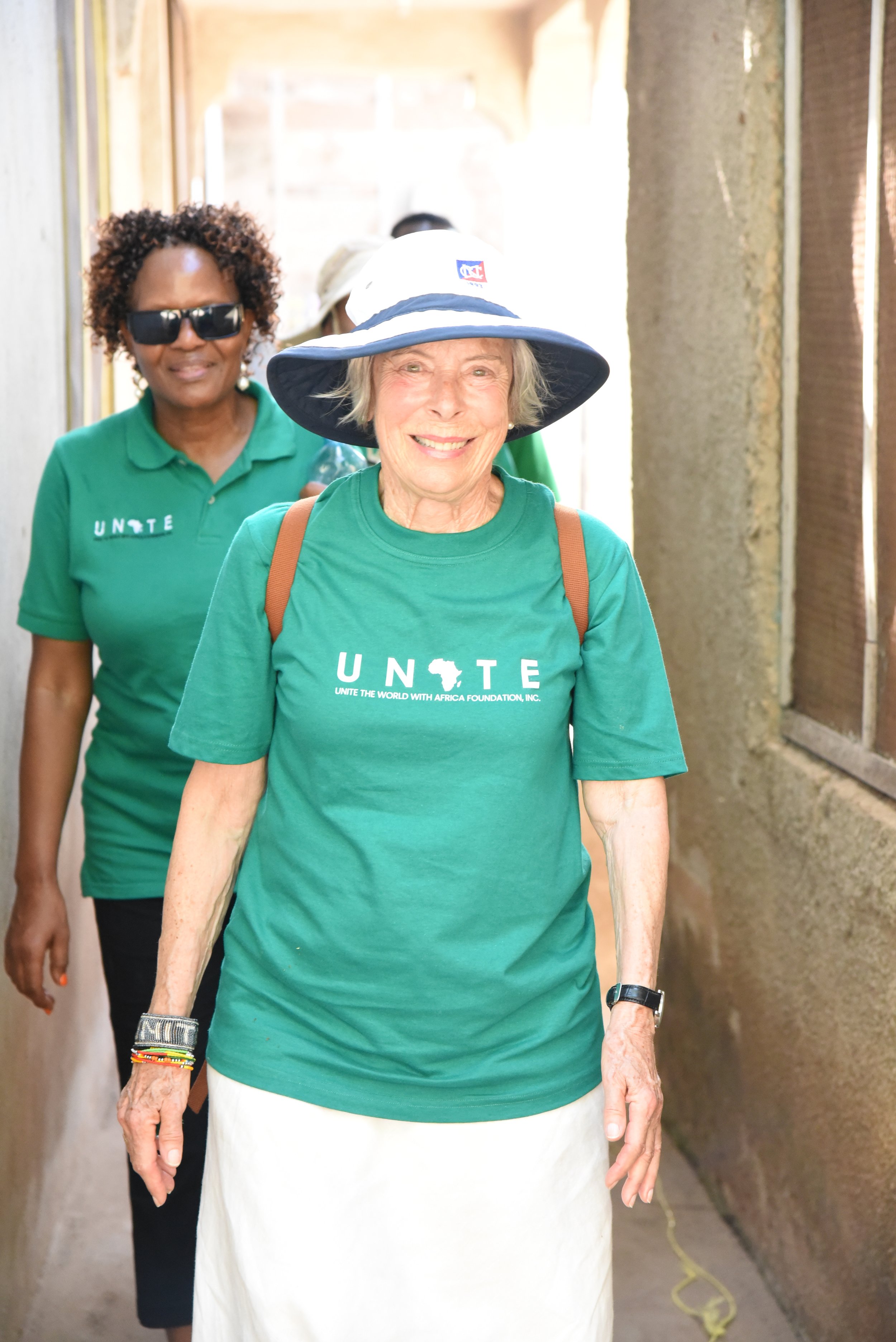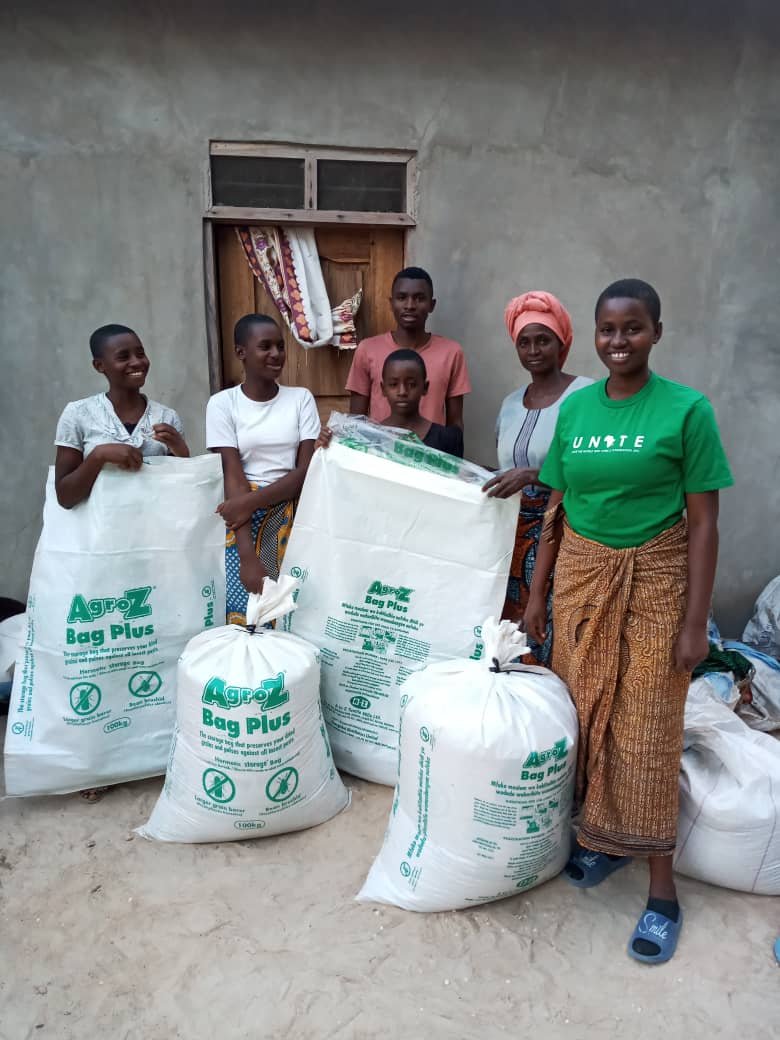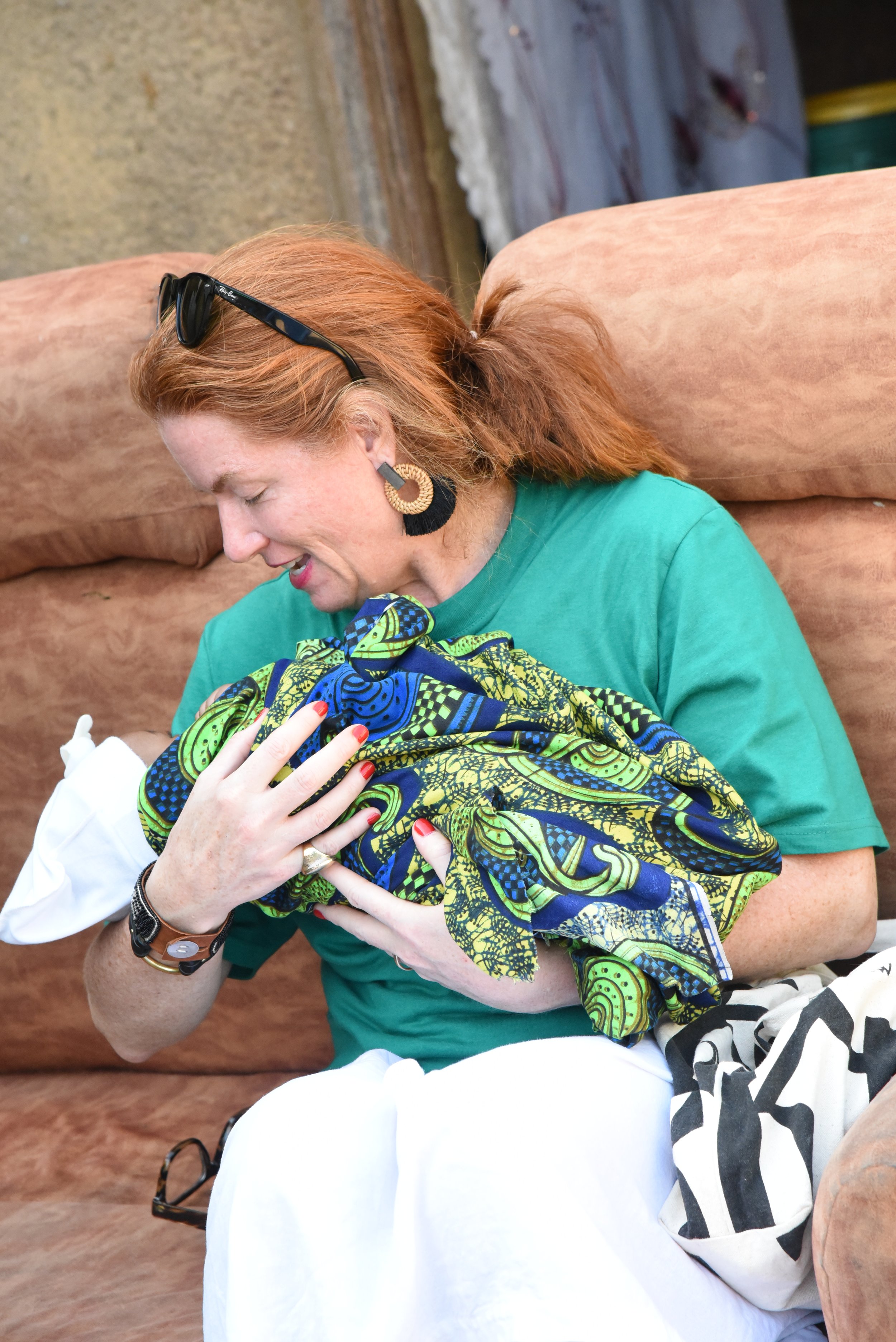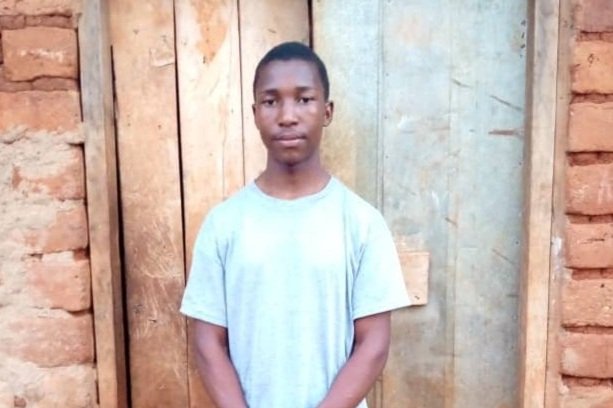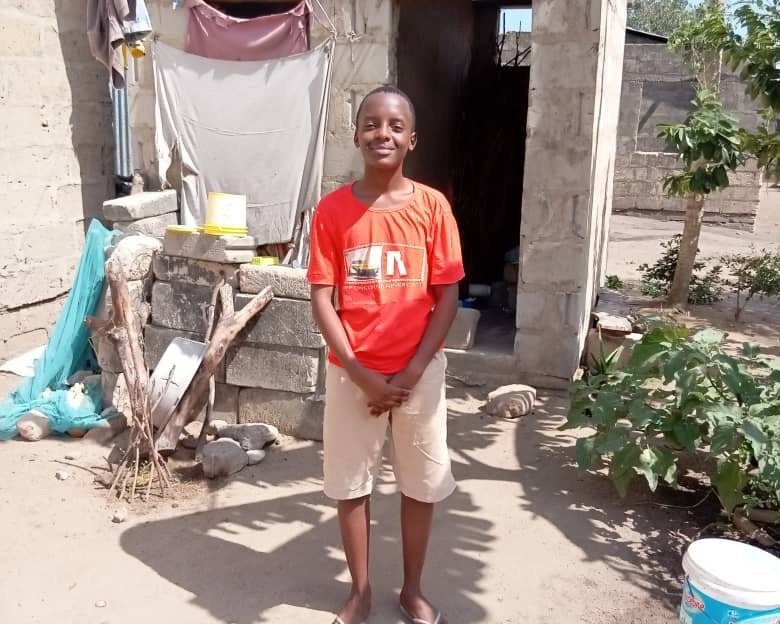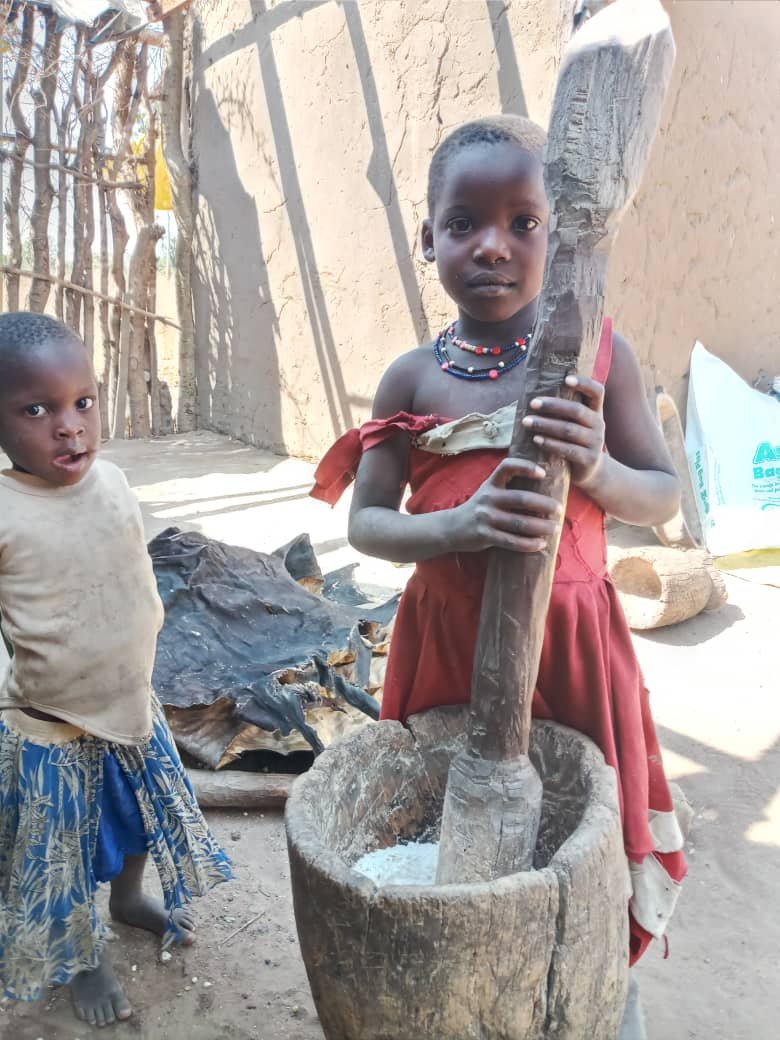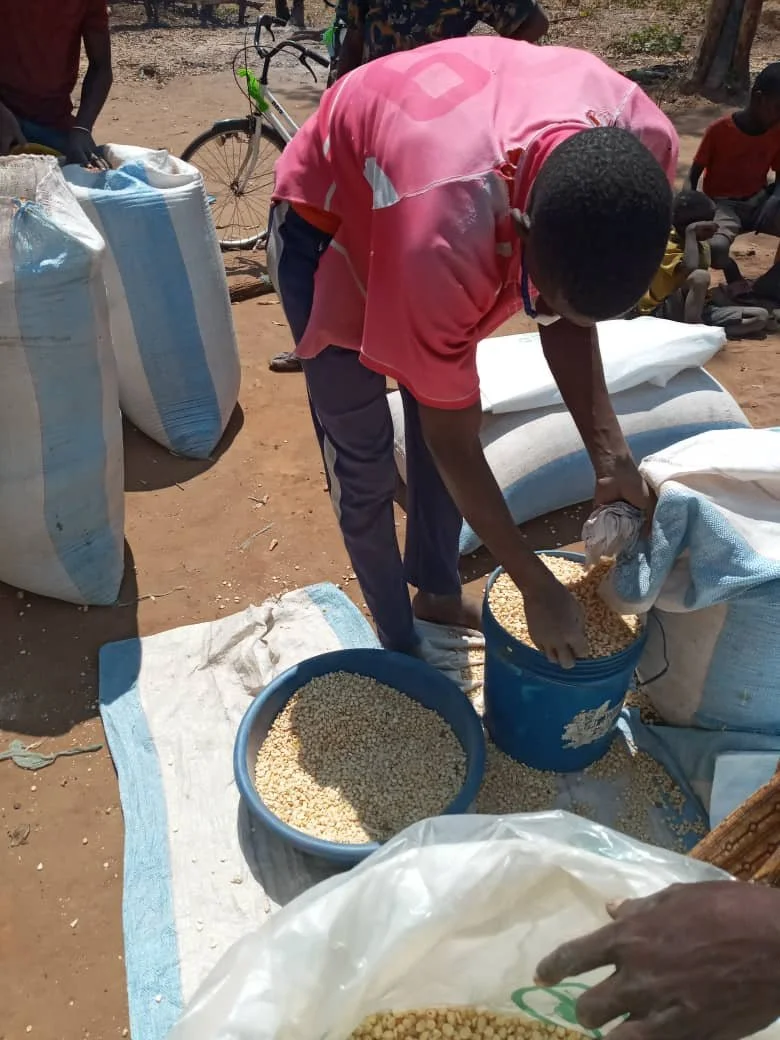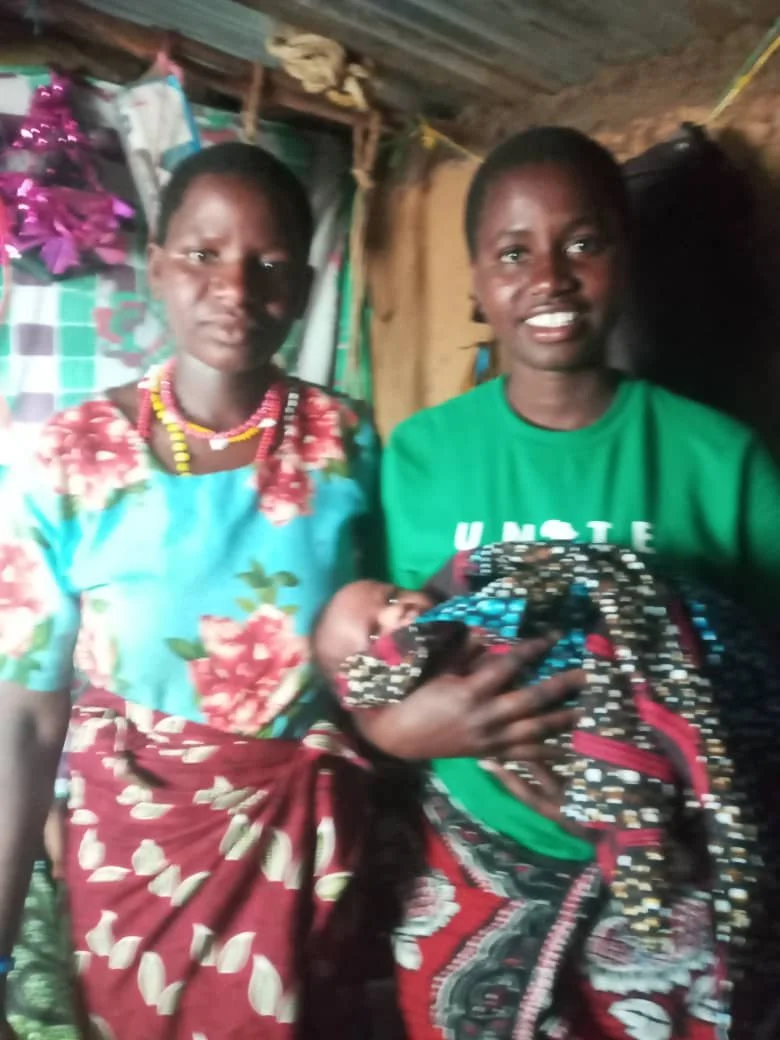This week marks the finale of our inaugural internship program partnership launched this summer with The Nature Conservancy Africa to empower Unite university-level scholars with practical, hands-on work opportunities with TNC-Africa’s programs in Western Tanzania.
“This internship bridges the gap between theory and practice equipping us interns with practical skills and insights that cannot be learned in a classroom.”
– Unite Scholar Lucia Kunambi
Debbie Wiley, a board member of Unite The World With Africa Foundation and The Nature Conservancy Rhode Island, discusses the impact of this partnership.
As part of this internship program, our Unite Scholars have:
Taught biology, math, and English at the Lagosa Secondary and Buhingu Secondary schools to improve academic outcomes. They have also shared the soft & life skill lessons from the Unite Club curriculum.
Conducted community health outreach going home to home teaching personal hygiene, family planning, water management, how to avoid infectious diseases, the importance of including women in decision-making and educating their children, and more.
Worked with village banks to create stronger relationships among group members and design plans for viable small-scale businesses.
Worked with a Beach Management Unit, helping to keep beaches along the shores of Lake Tanganyika clean, assisting with lake patrols, and training staff on the use of Word, Excel, and PowerPoint for the creation of reports.
And (our medical student) worked at the Buhingu Health Clinic weighing and measuring newborns and young children, administering vaccinations, teaching parents how to keep their children healthy, assisting with surgical procedures, and more.
Through these hands-on experiences, our Unite scholars have exponentially advanced their professional and interpersonal skills, which will help launch them in their successful careers post-graduation. TNC’s Program Director in the Kigoma Region Mr. Lukindo Hiza said it best…
“the world changes rapidly but the syllabus takes longer to change.”
Unite Scholars (in red T-shirts) visit homes in the villages along the shores of Lake Tanganyika as part of a project called “Model Household,” which stresses the importance of having usable and clean toilets, proper dumping areas, female inclusion in education and family decision making, separate living structures for family members and livestock, family planning, and more.
Unite Scholars John John Mashimba, Lucia Kunambi, and Zainabu Seiph engage with village children. Click HERE to see them dance together.
Unite Scholar Andia Rubia teaches mathematics at the Buhingu Secondary School.
“We talked to the students about all kinds of important things they will need for success, including hard work, self-confidence, cooperation, teamwork, and public speaking.”
~Unite Scholar Ephraim Thomas
“The gain we obtained from this partnership is beyond our expectations. The Unite interns learned about holistic integrated conservation, and they delivered a lot back to the community. Our Lagosa secondary school and Buhingu secondary school benefited the most. Students were inspired and learned more about different subjects. We expect academic performance to improve. As a result of the Unite Scholars’ participation, our Beach Management Units, microfinance groups, bee-keeping groups, and farmers groups had constant staff to connect with. Village households were visited frequently. And, most importantly, our remote health unit in Buhingu had support in delivering service and care. By connecting with Unite Scholars, all of whom come from the same background (poor rural families), the children in these villages were encouraged to believe they too can do something with their lives. Youth to youth outreach is most powerful. I look forward to a more advanced partnership between our organizations to enhance holistic integrated conservation and youth inclusion.”
— TNC’s Program Director in the Kigoma Region Mr. Lukindo Hiza (pictured above left, second from back)




